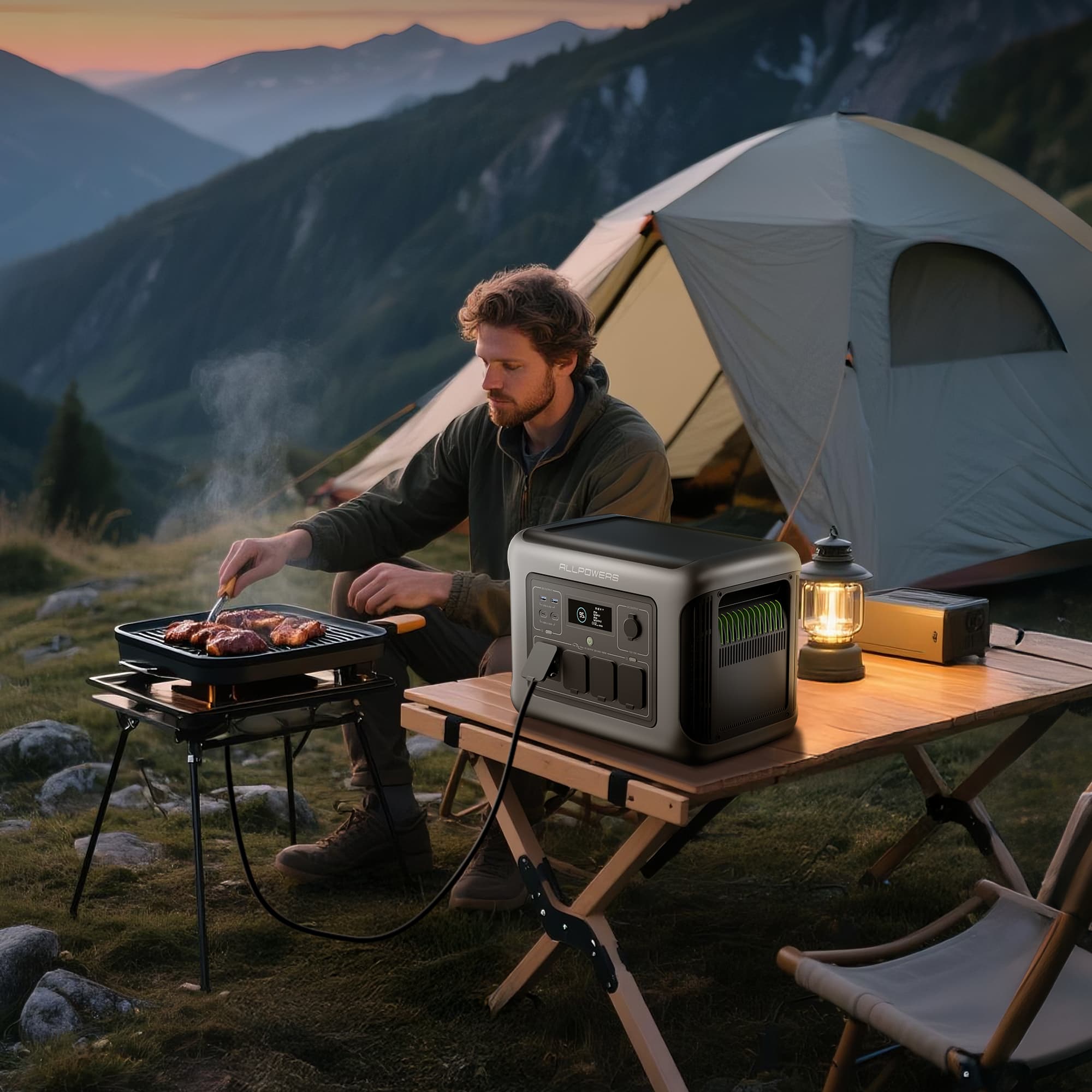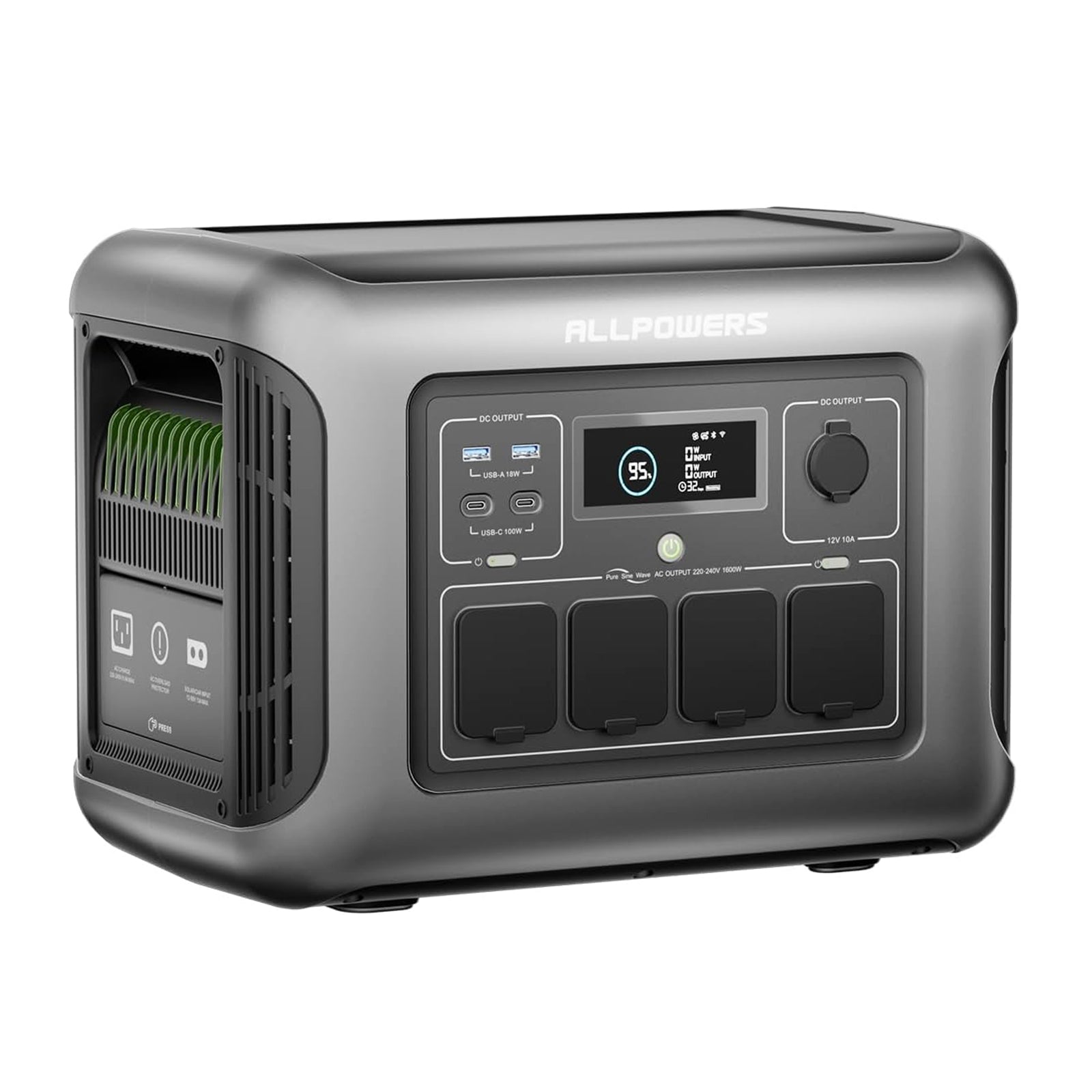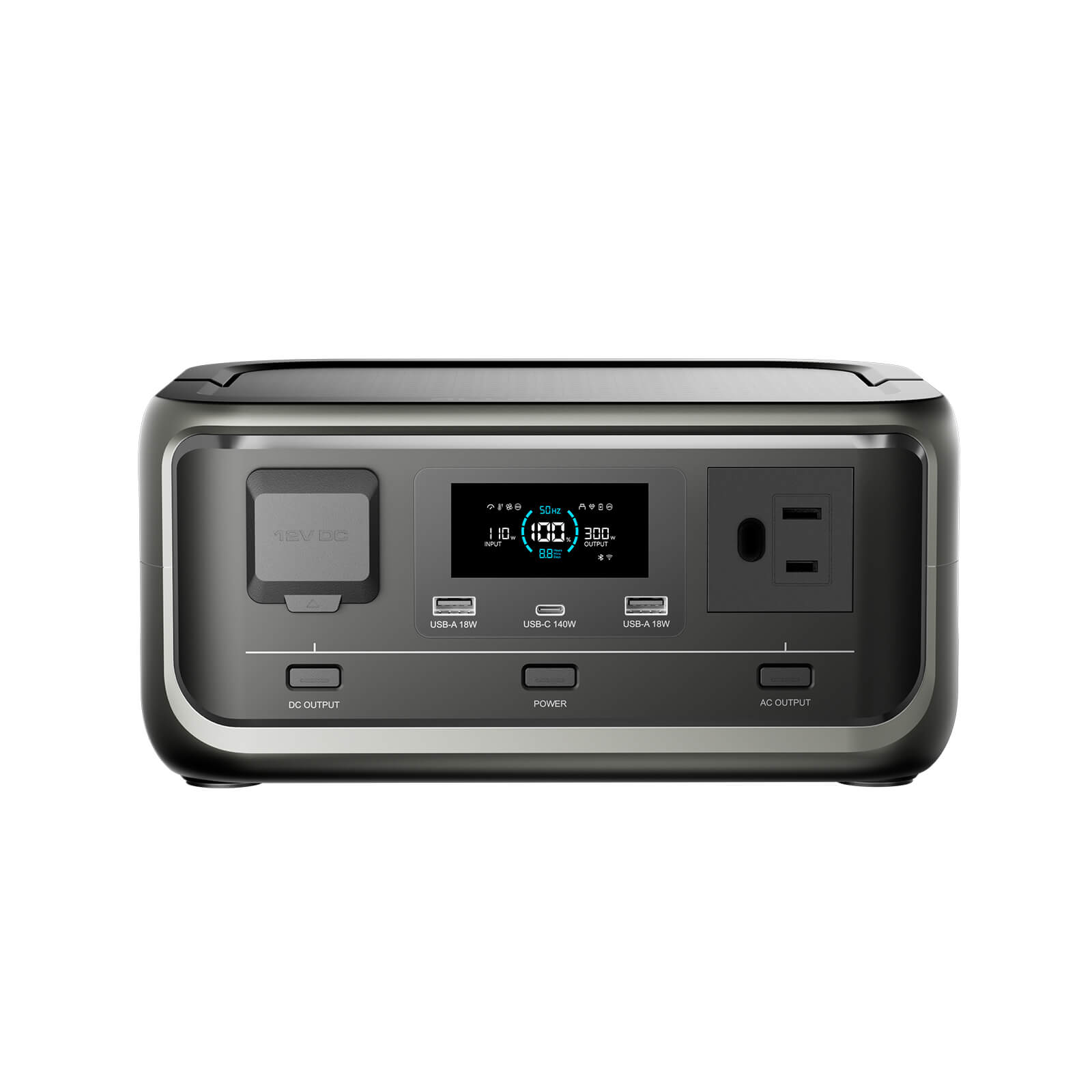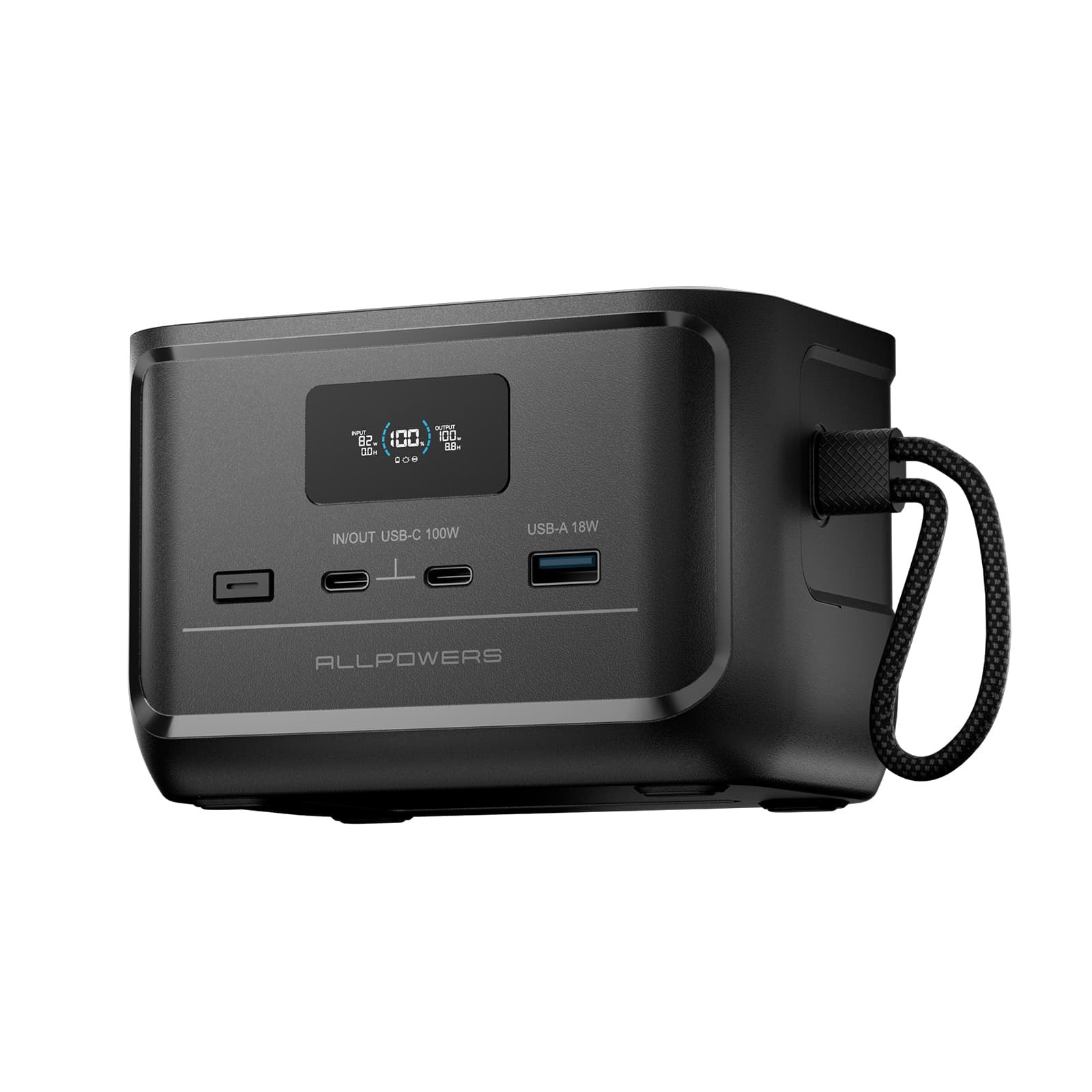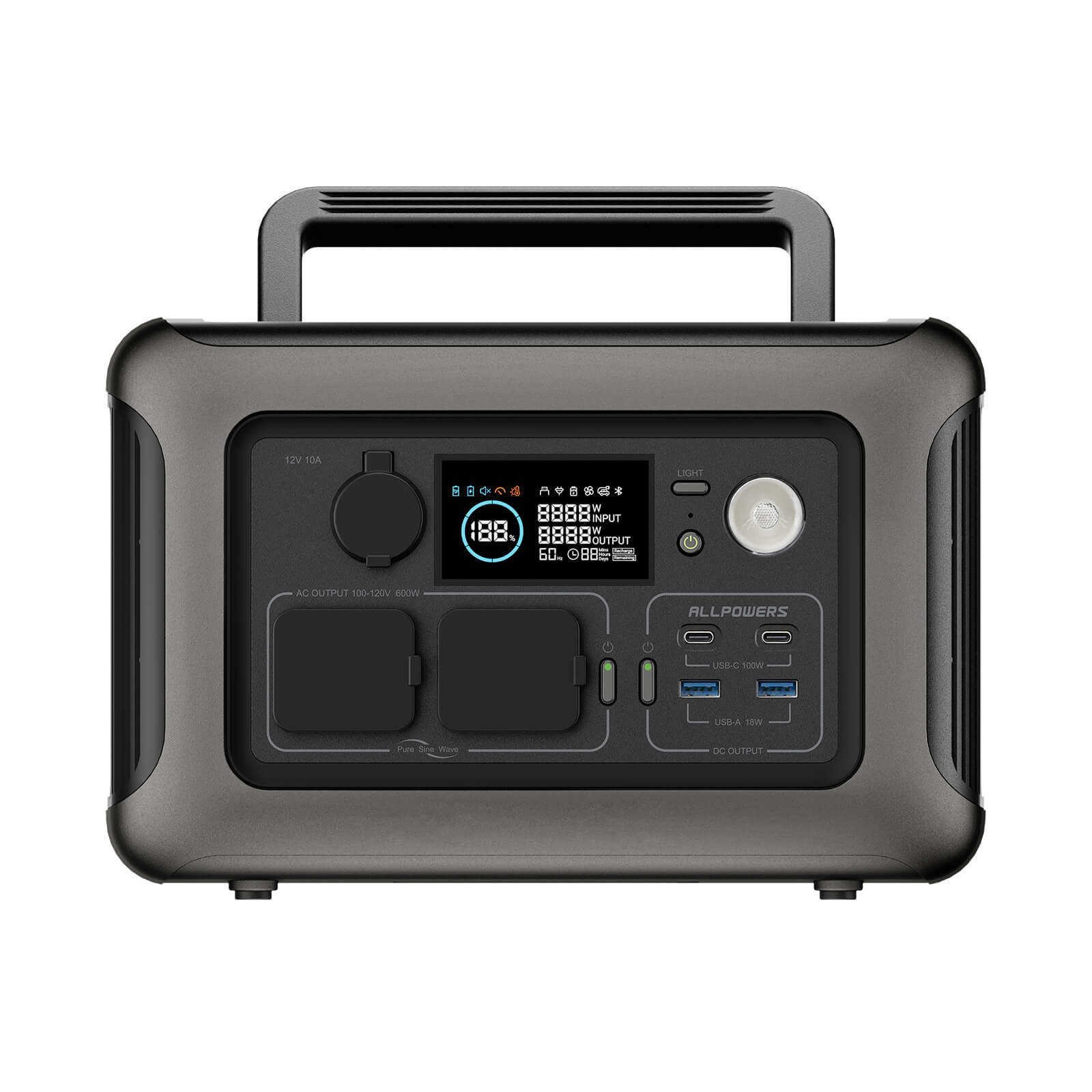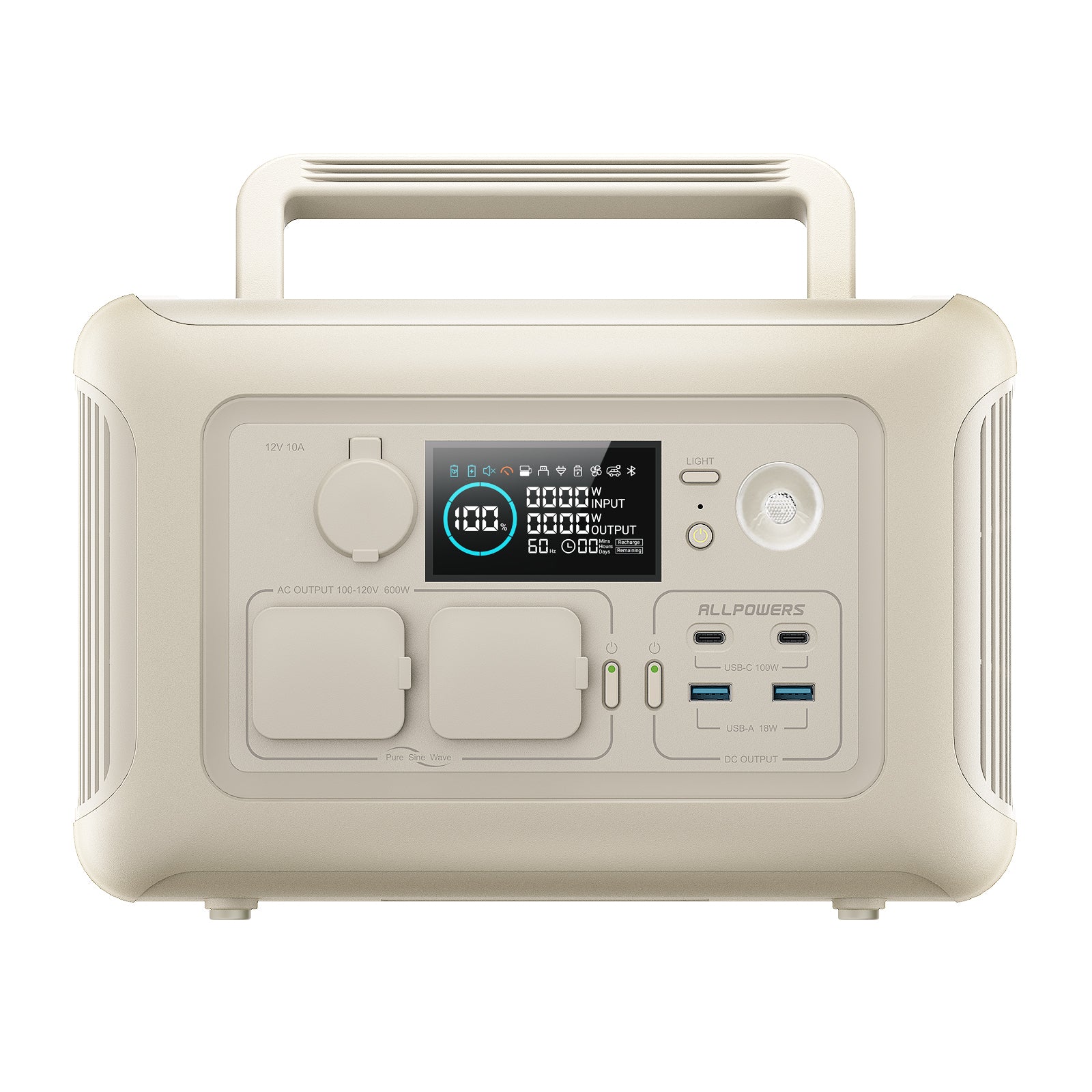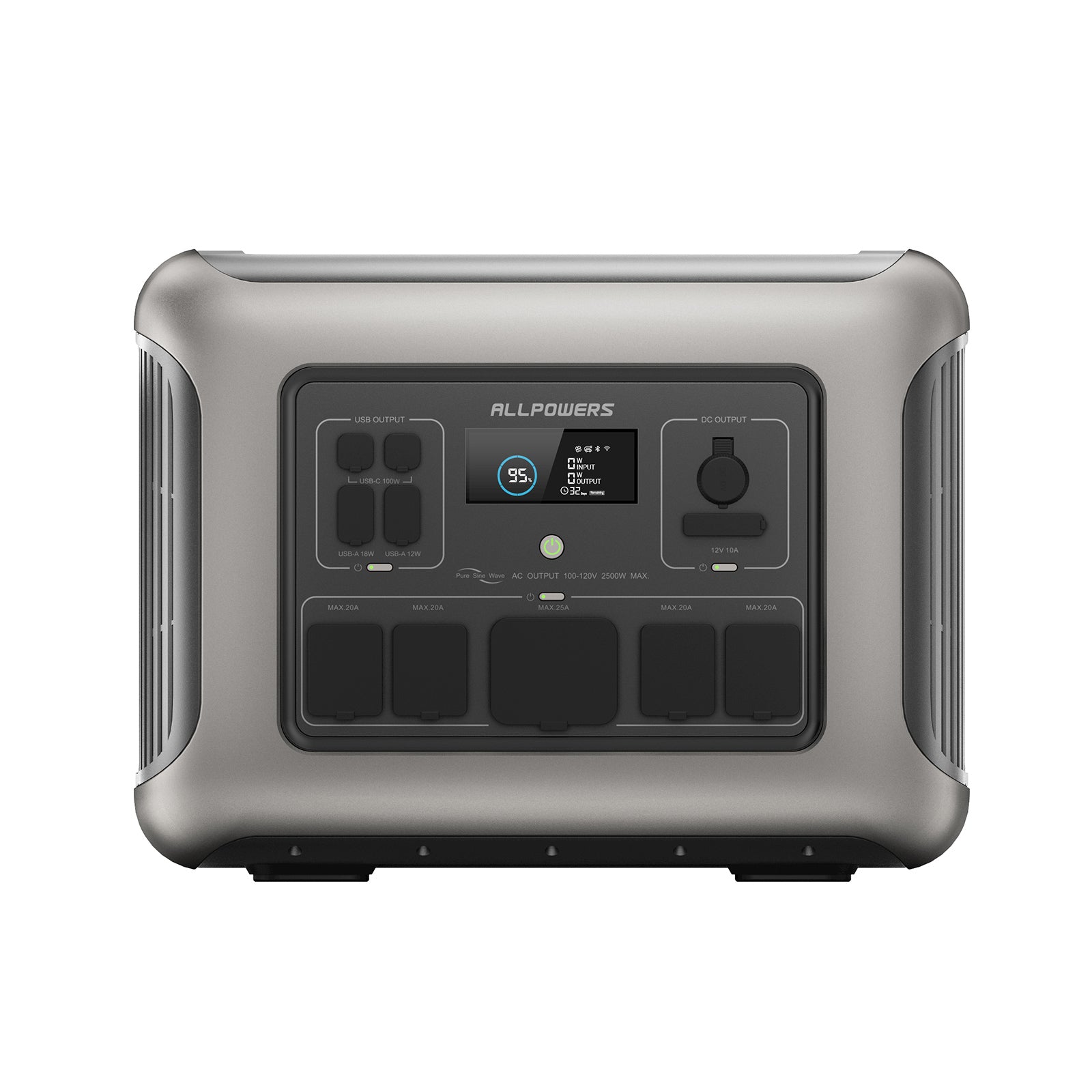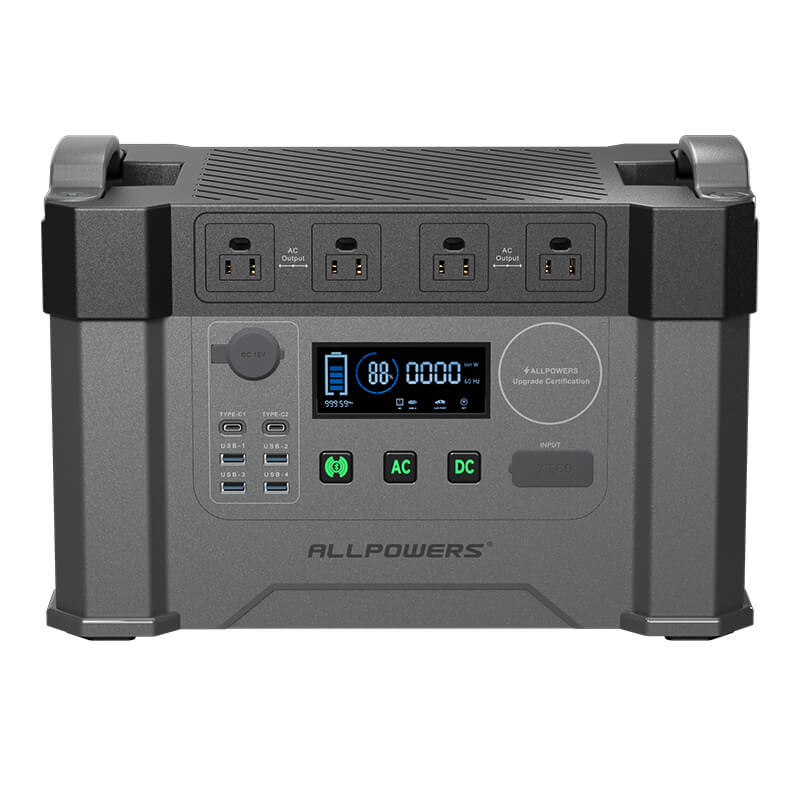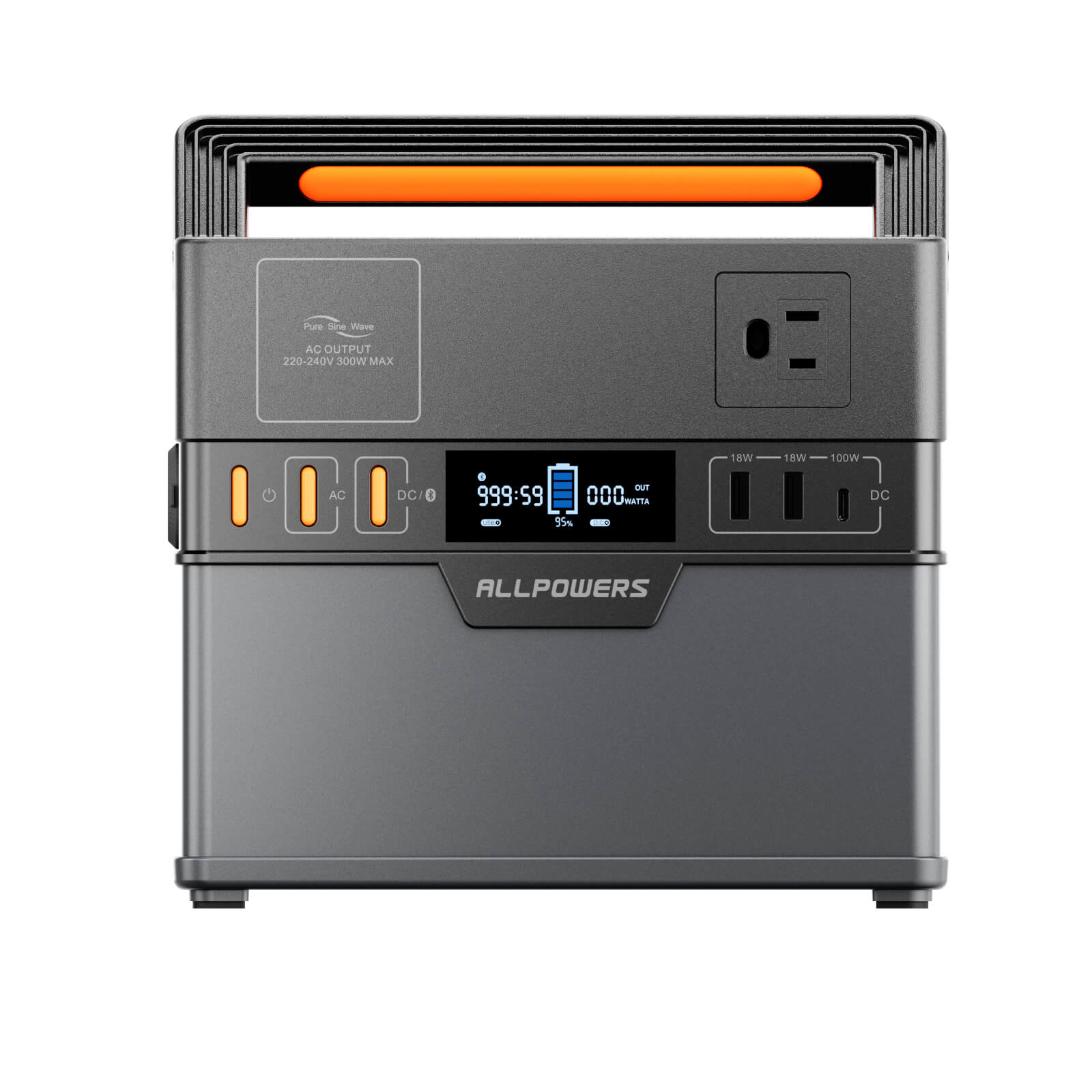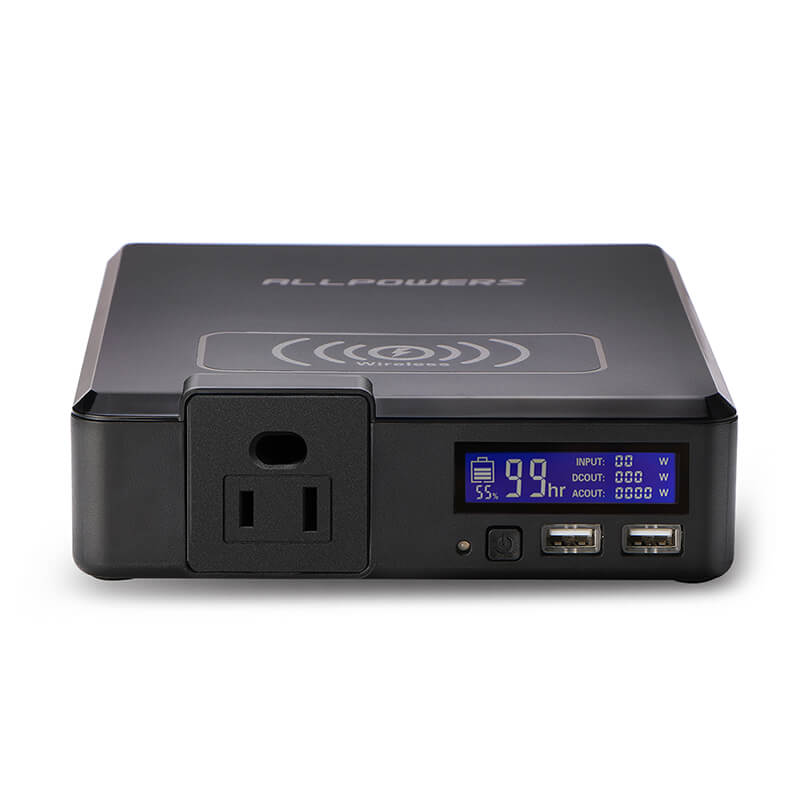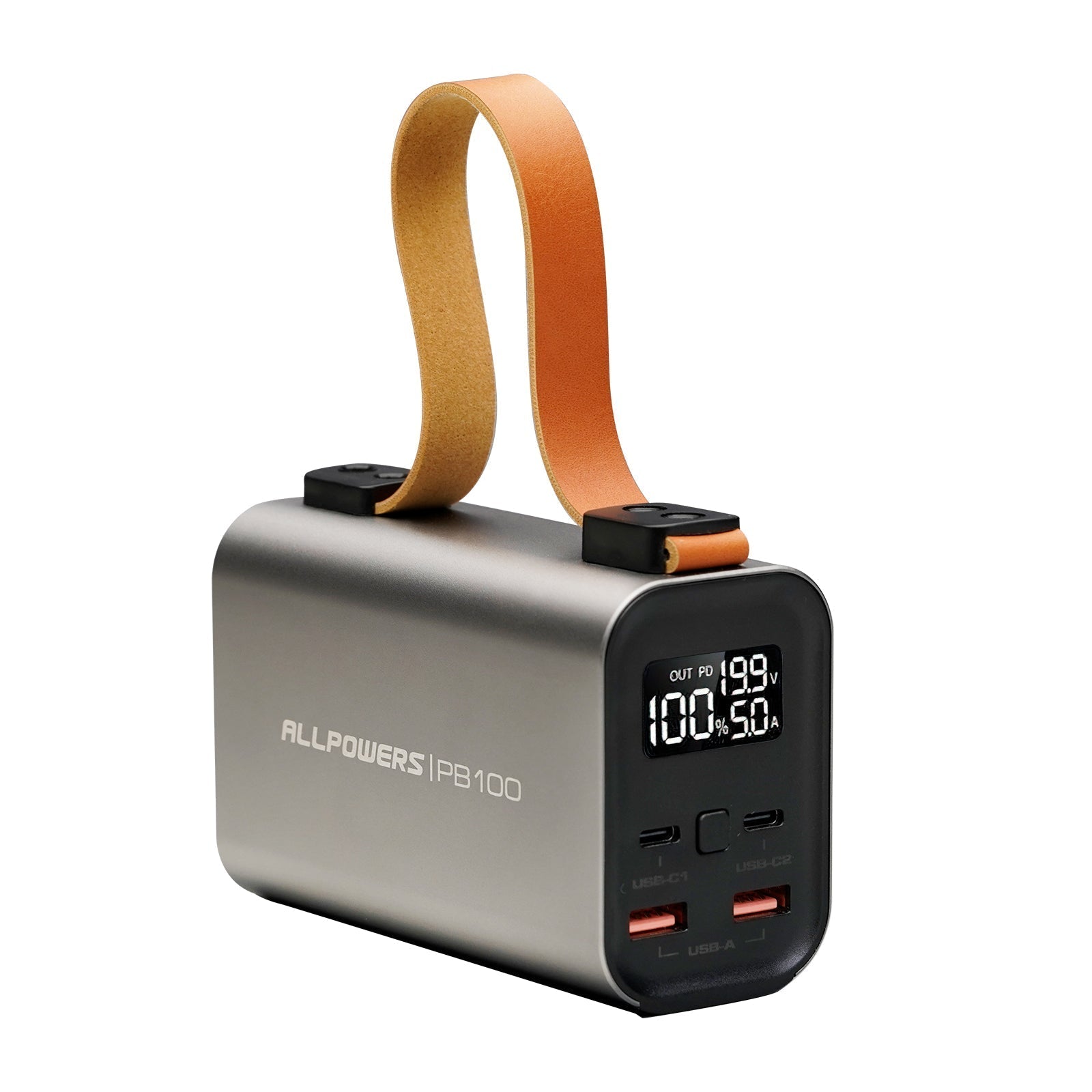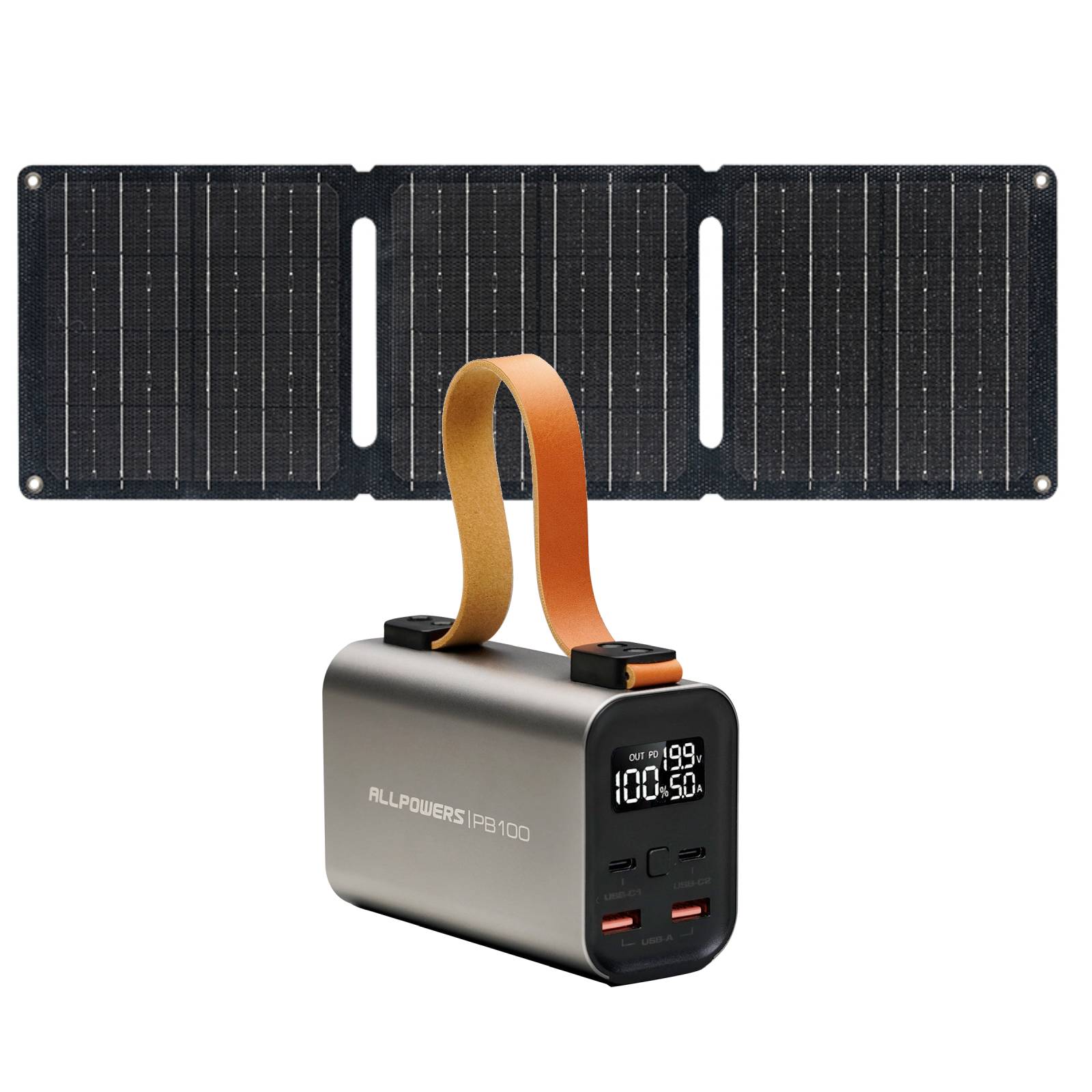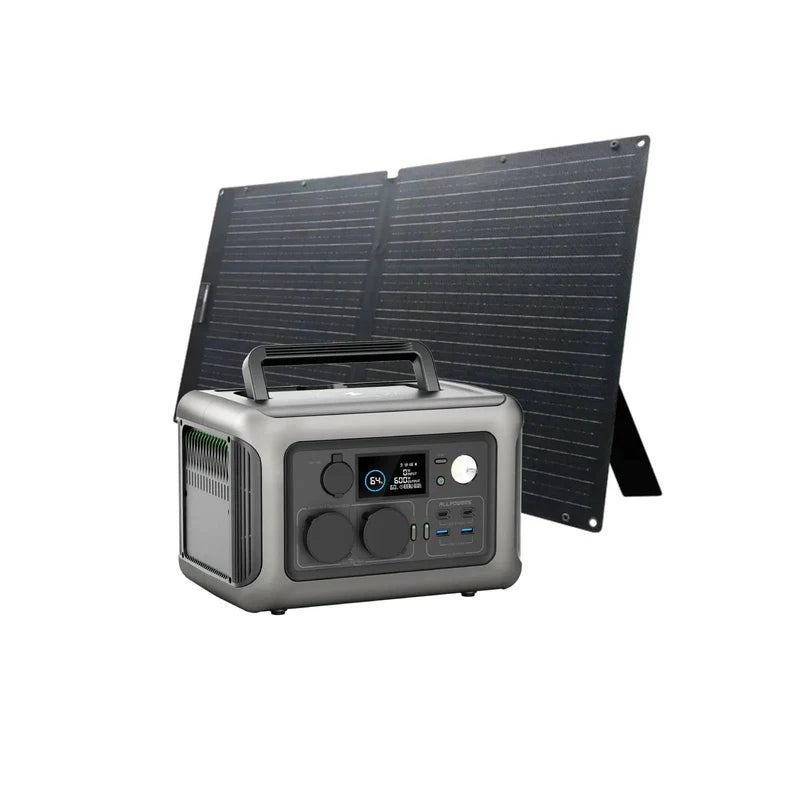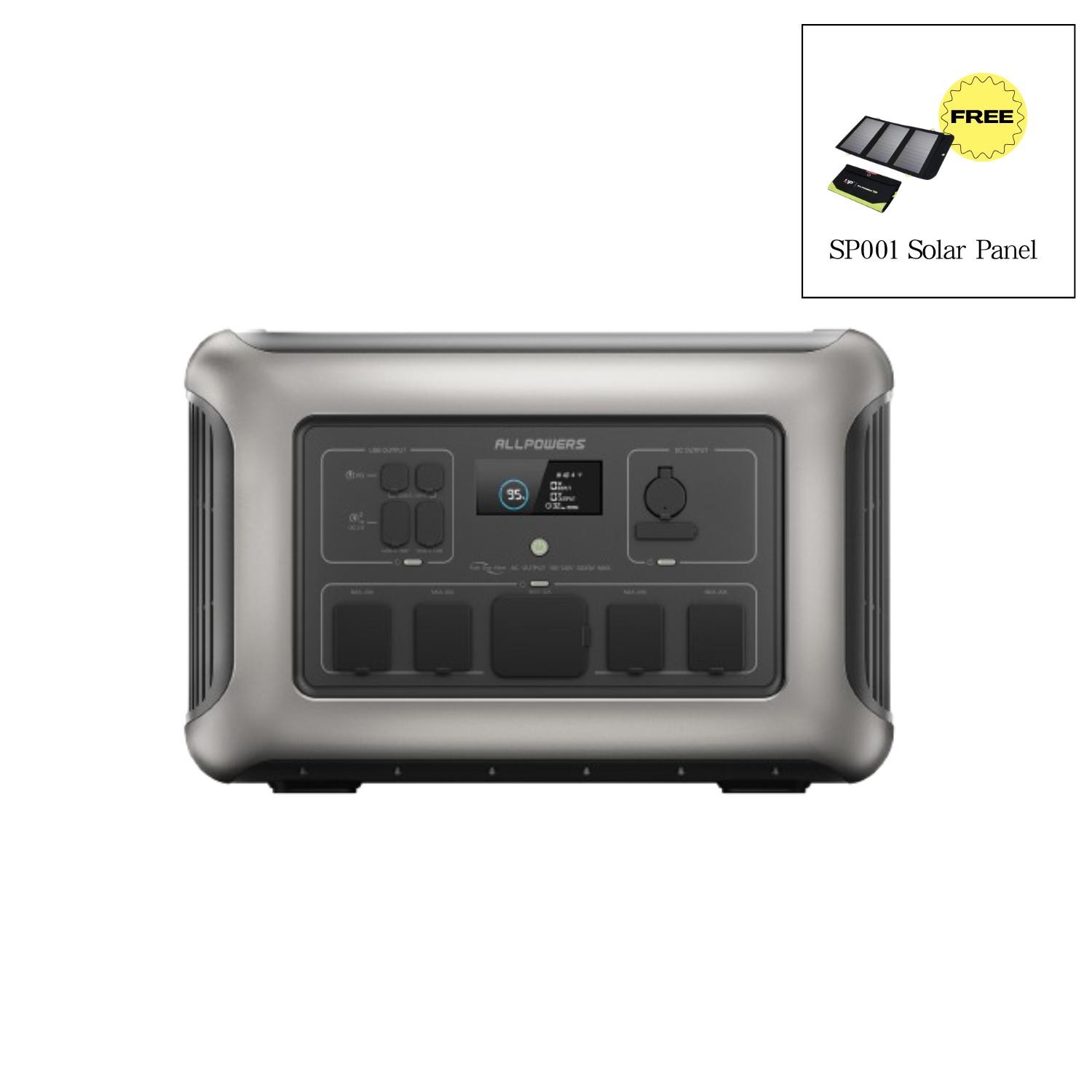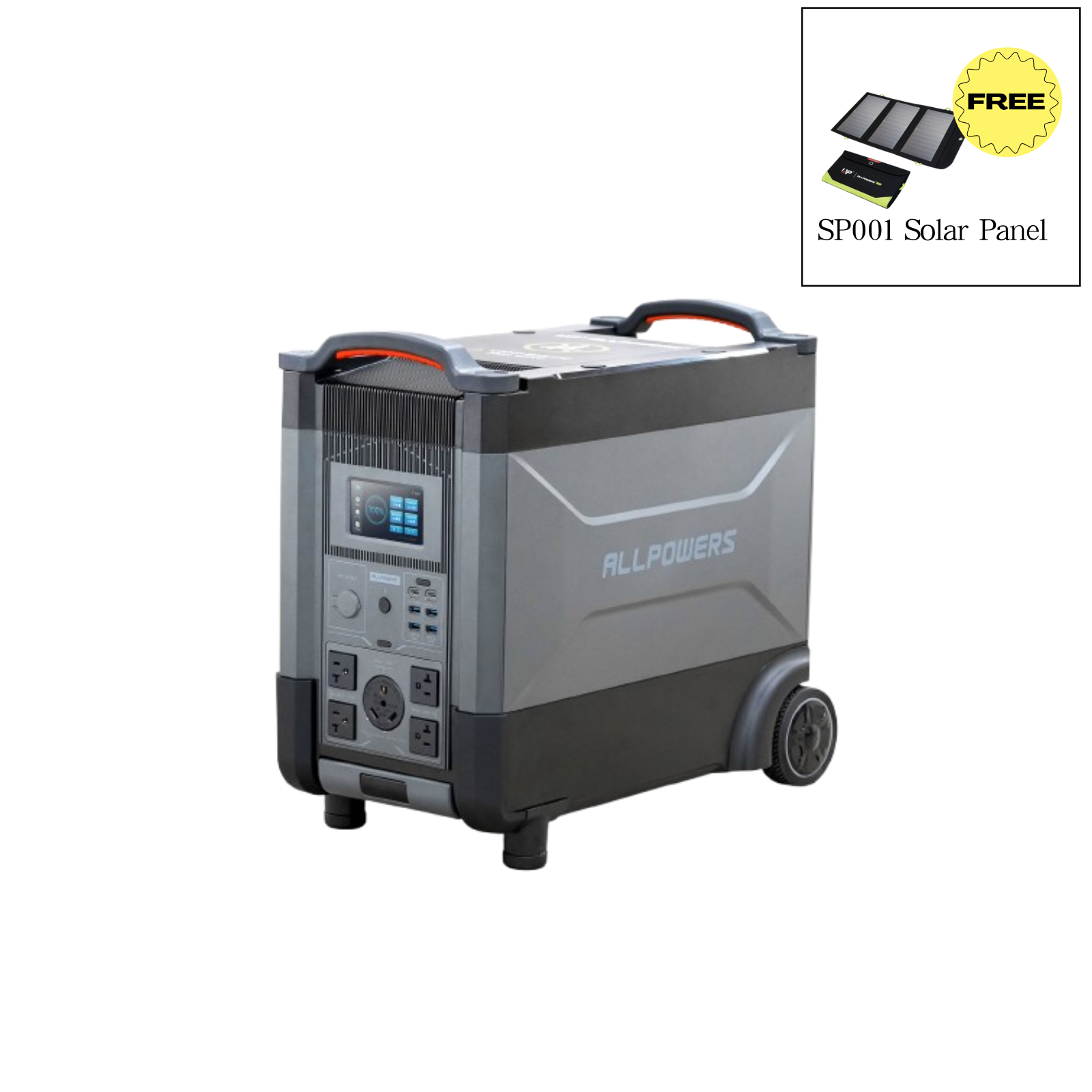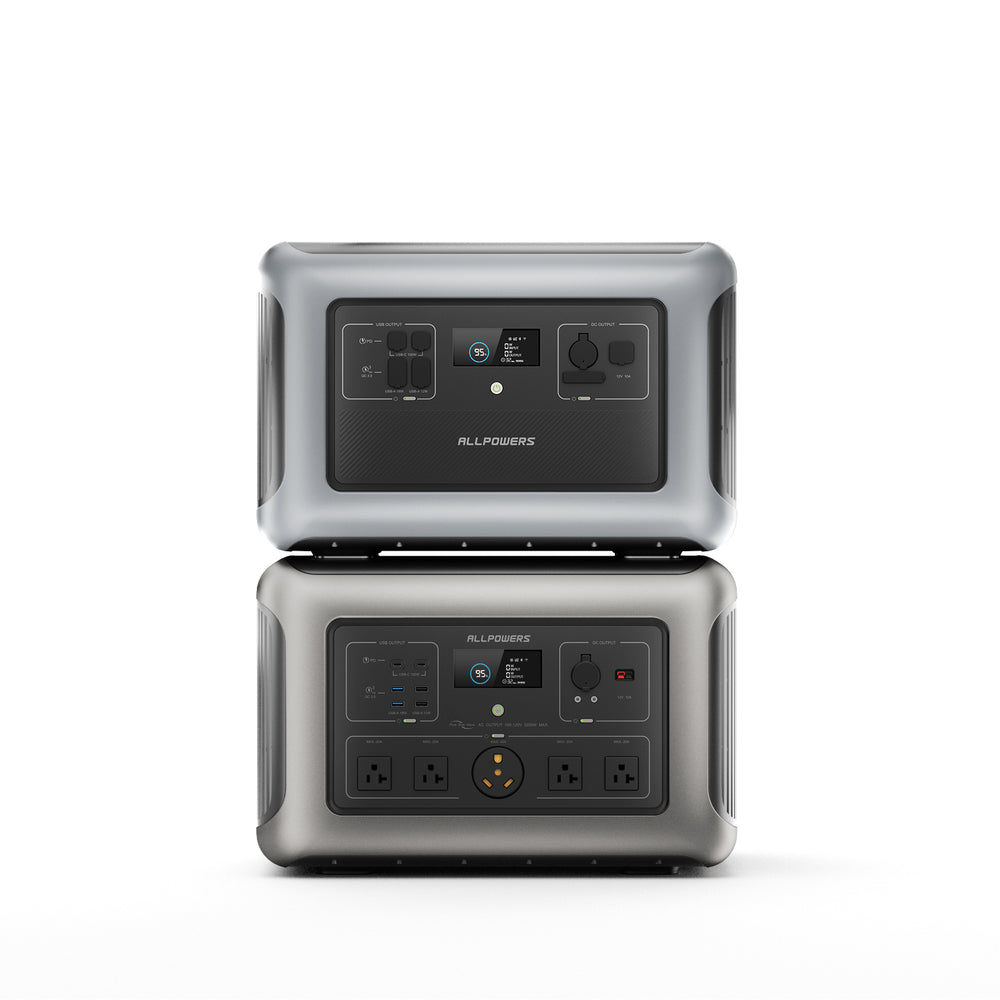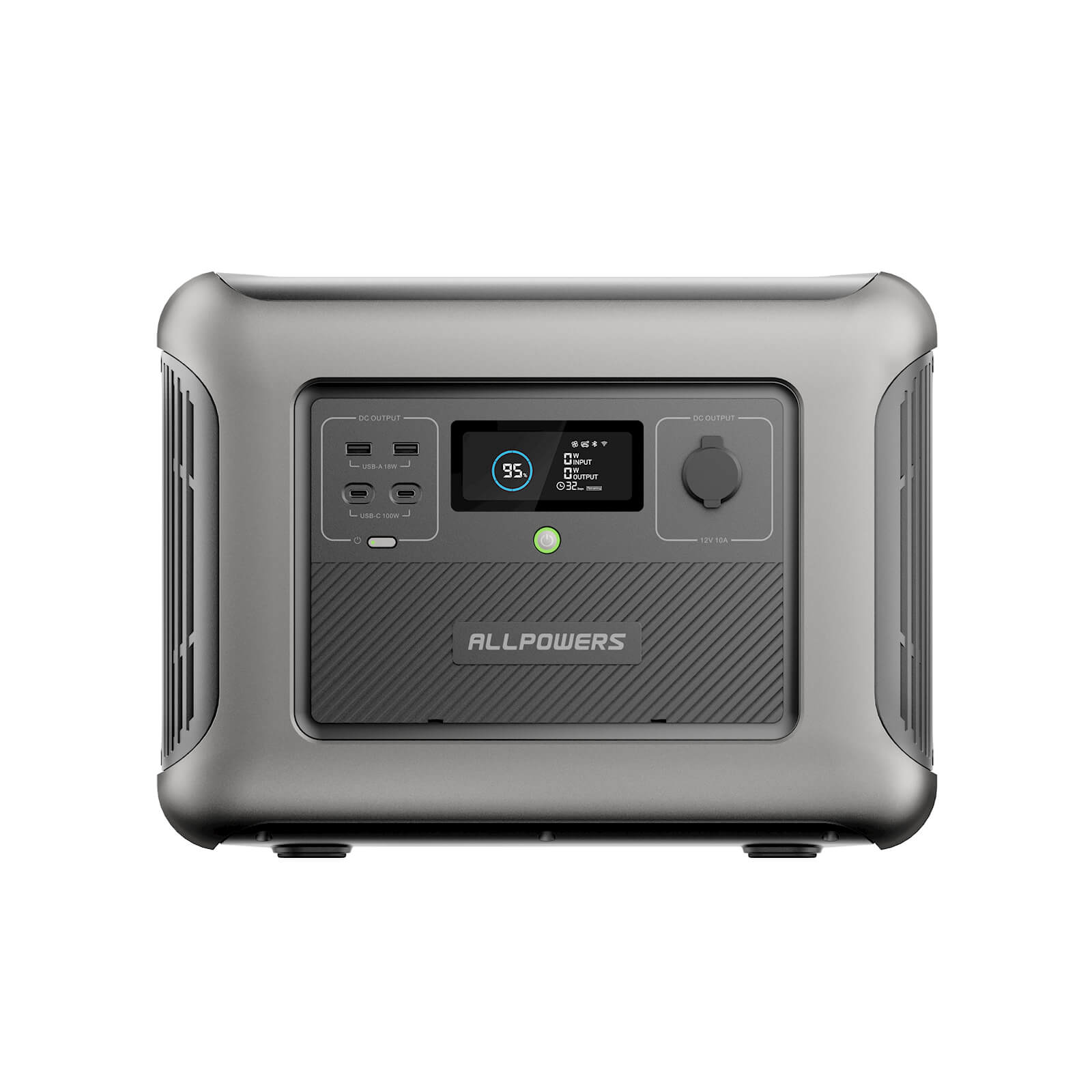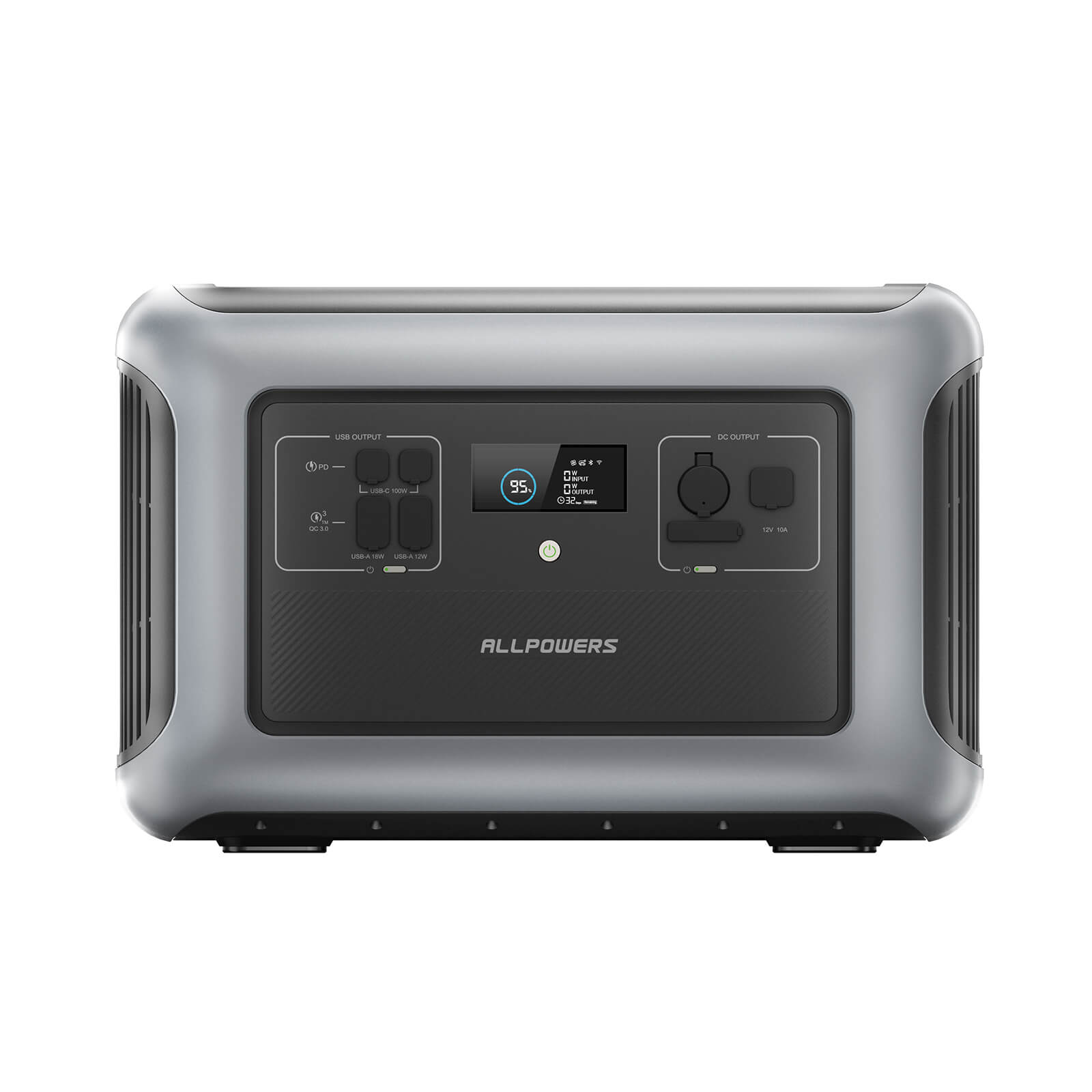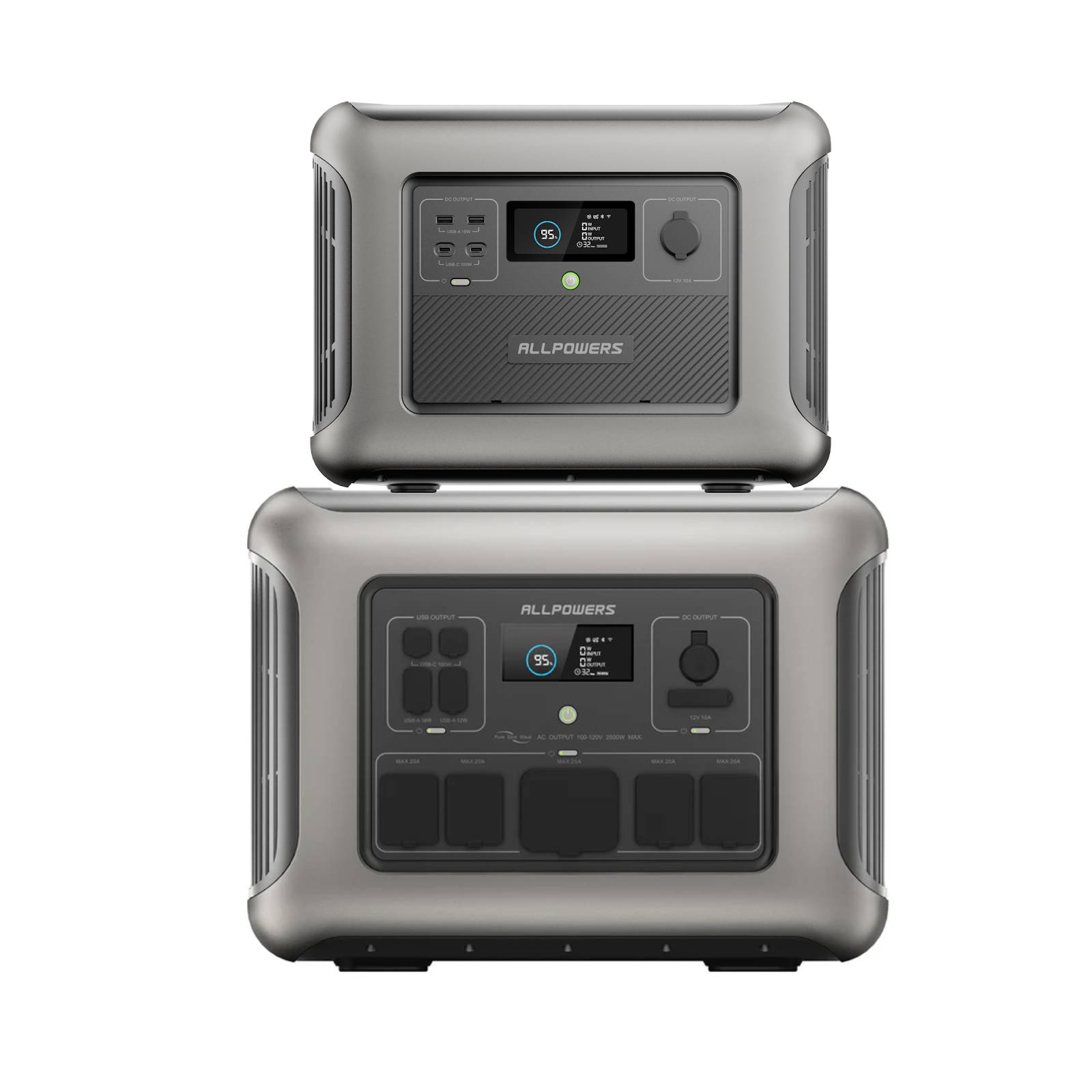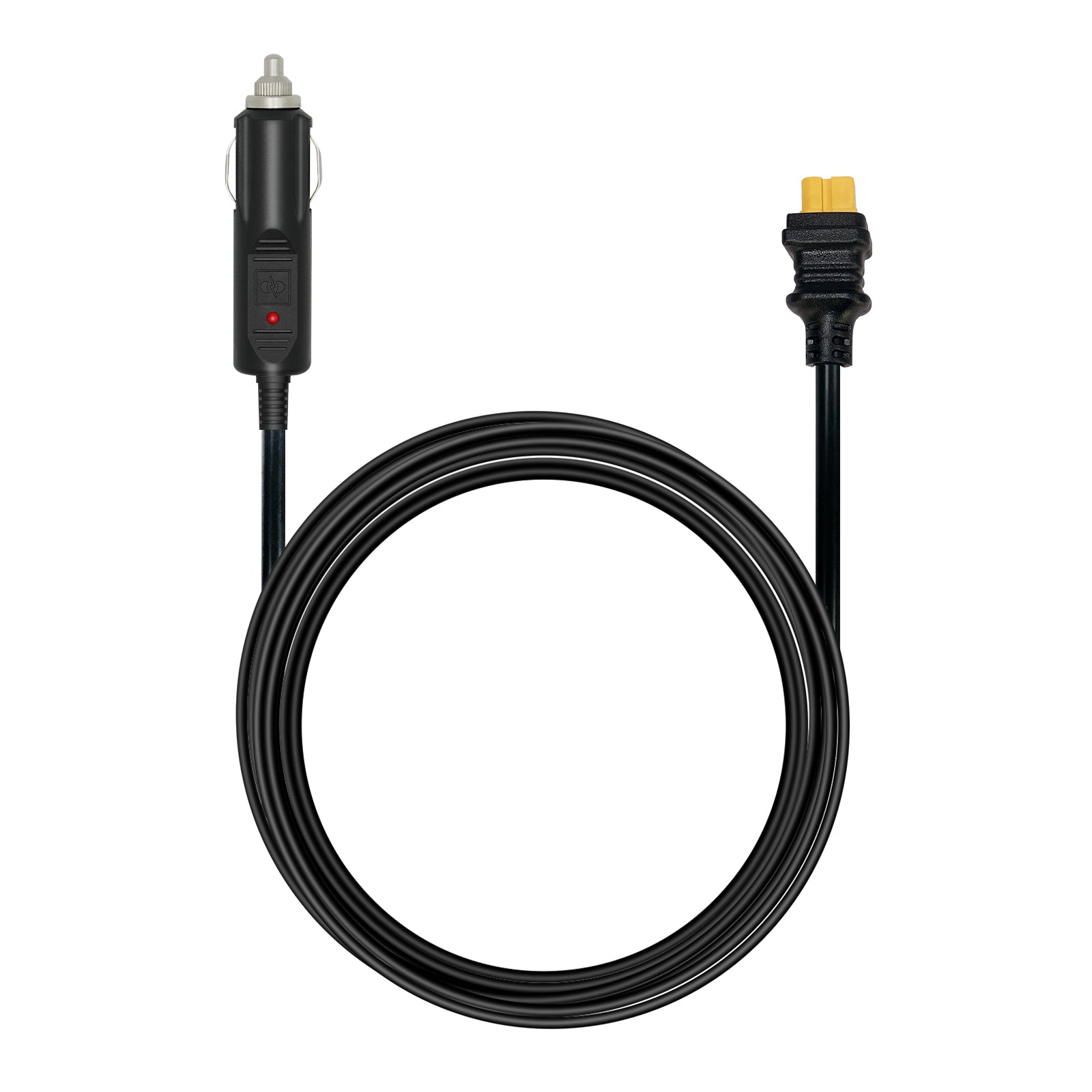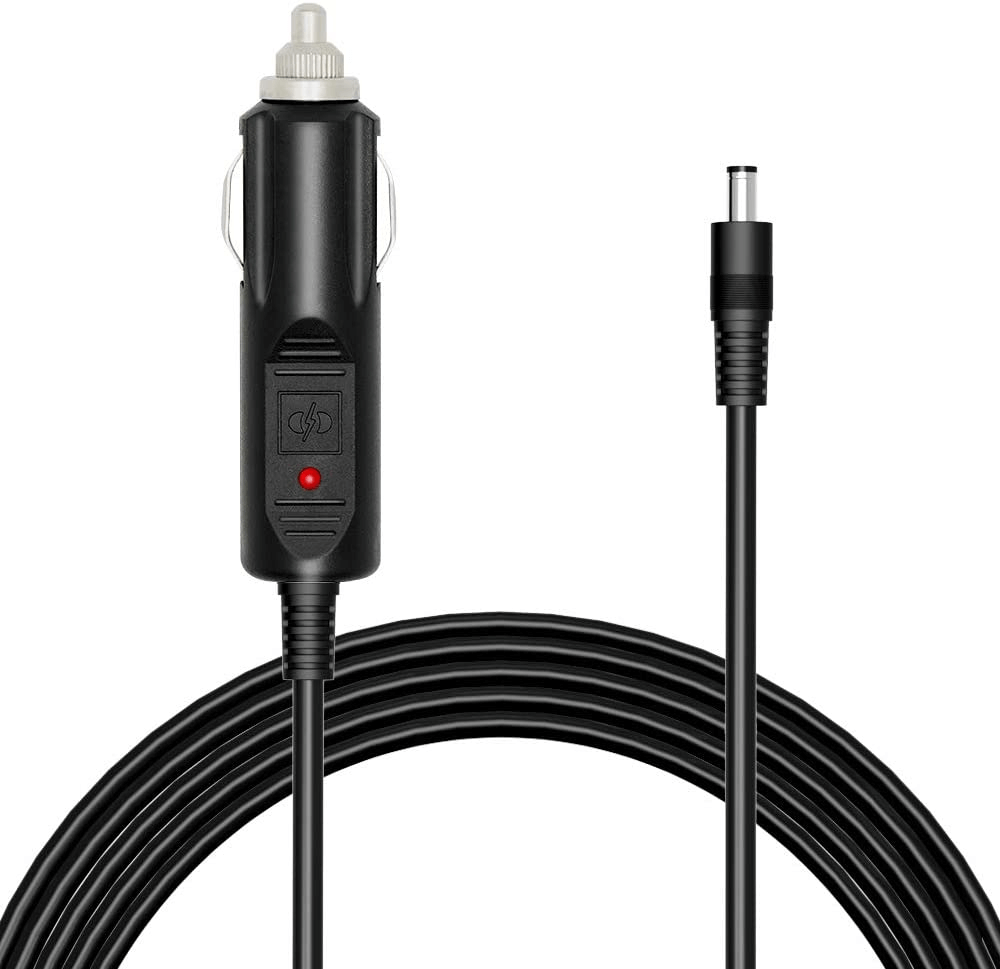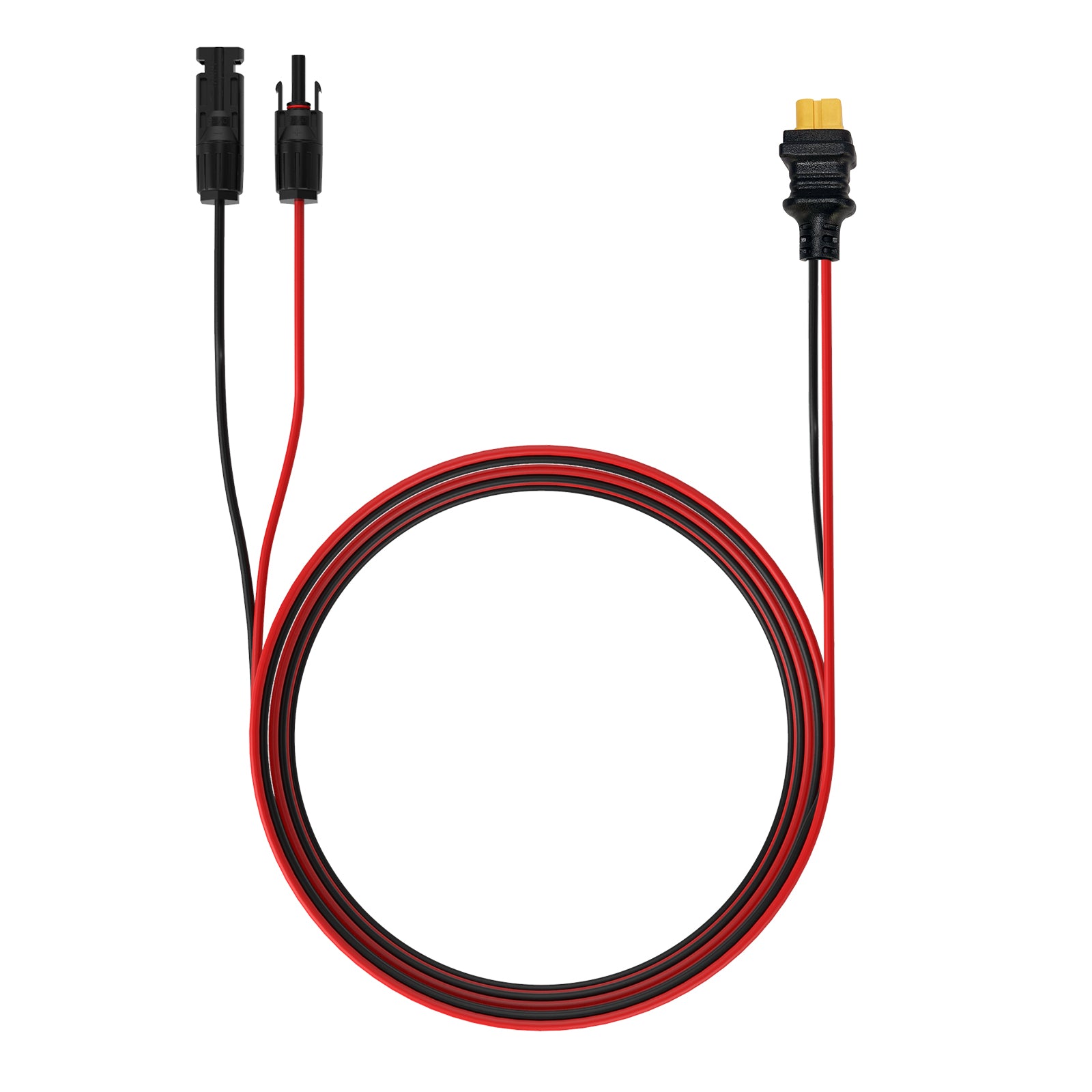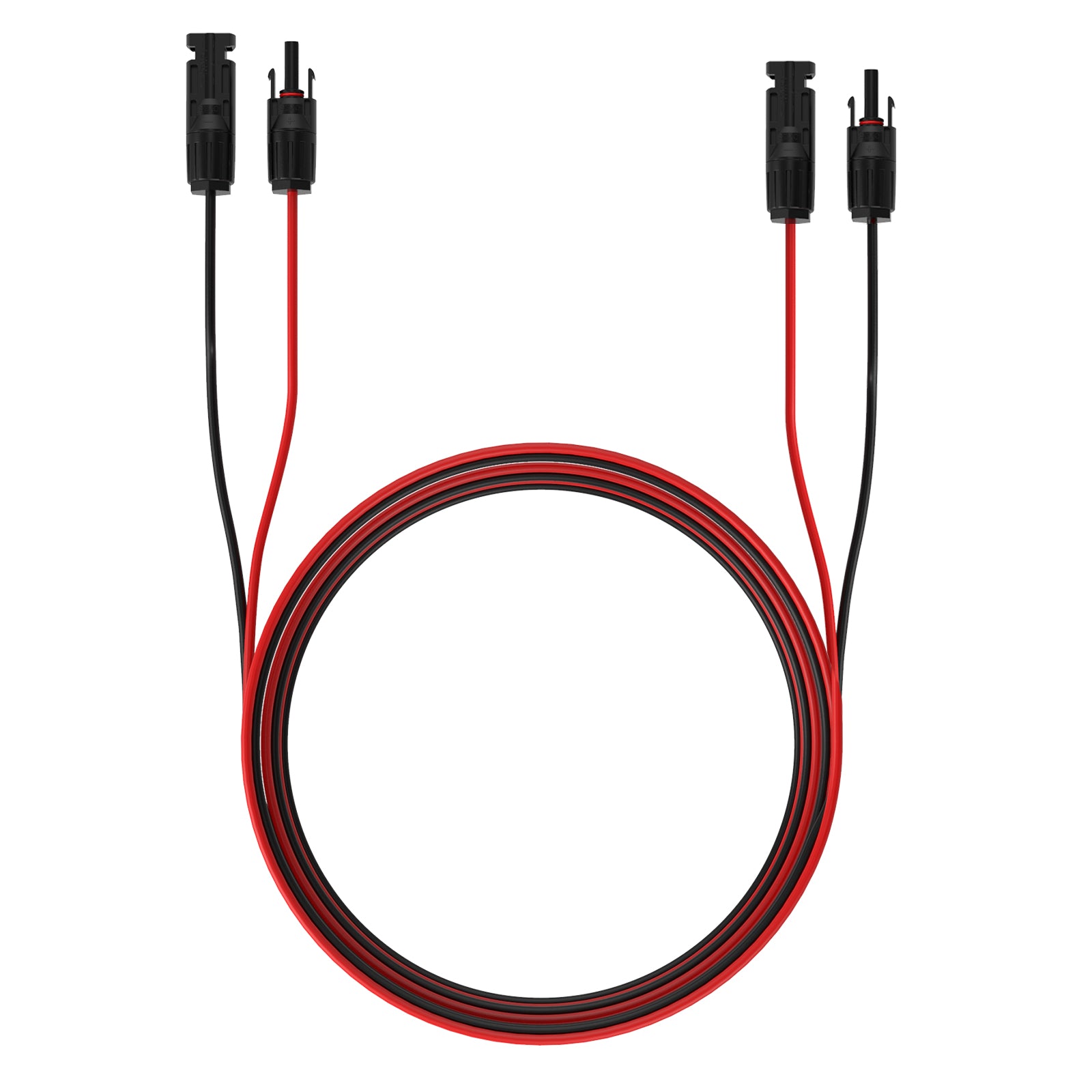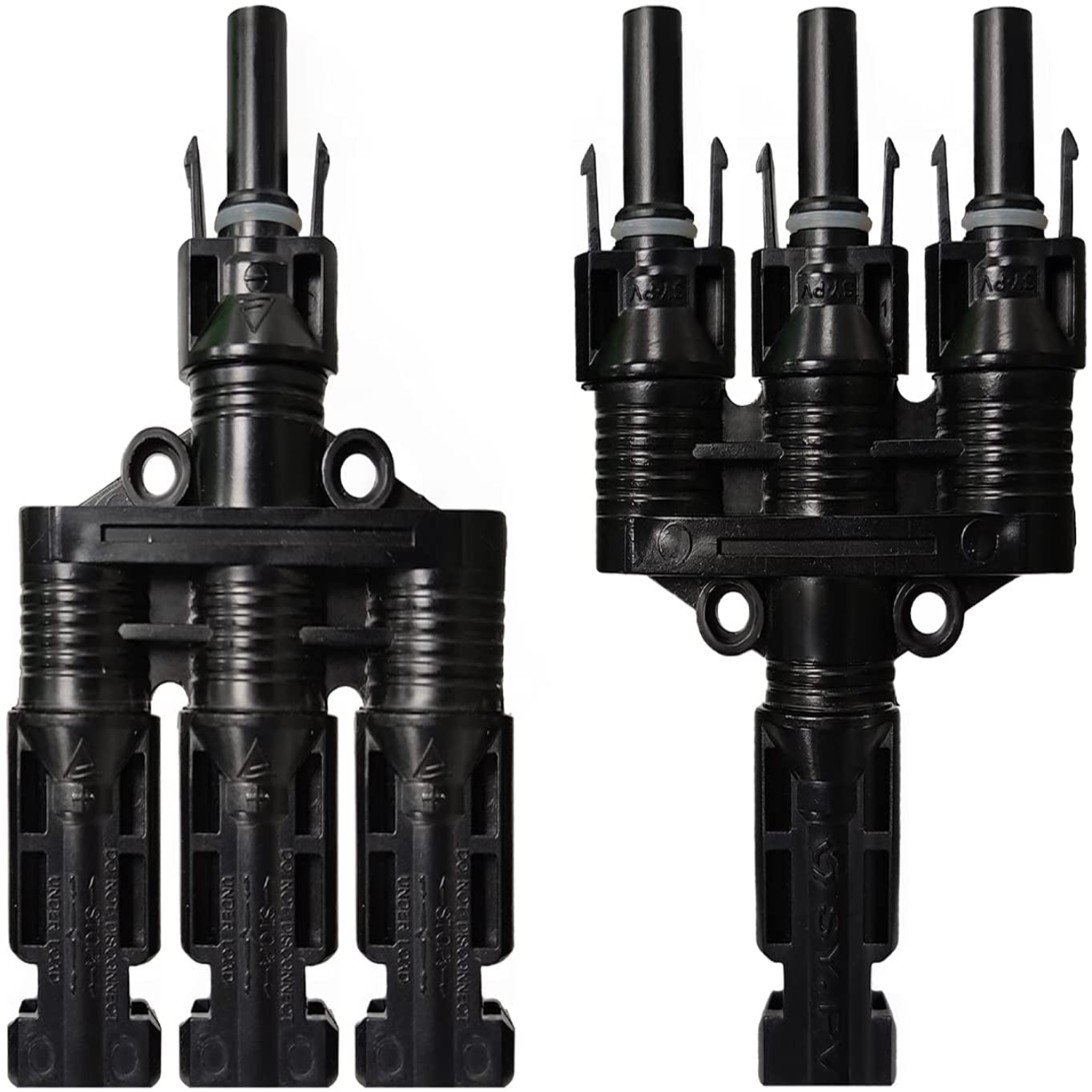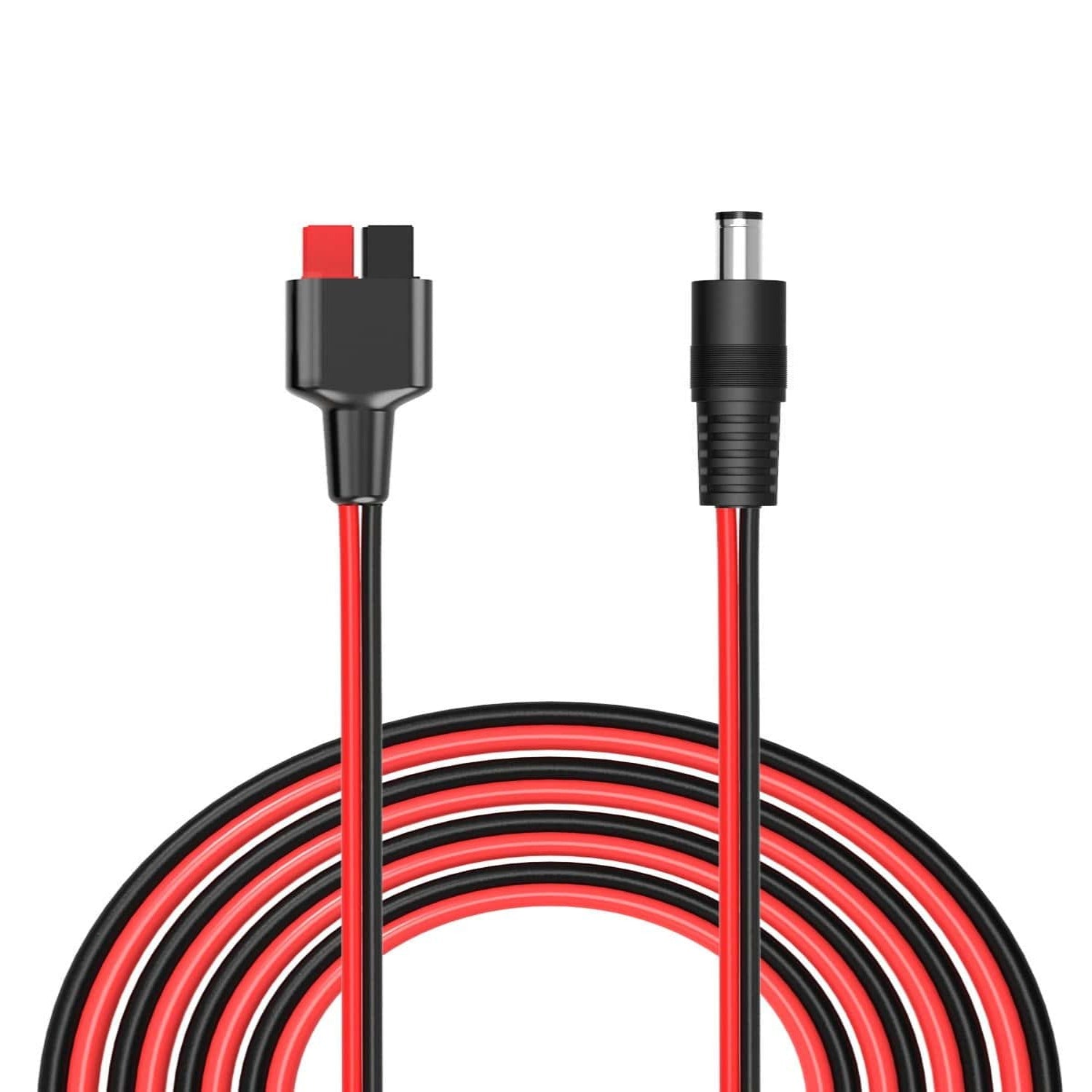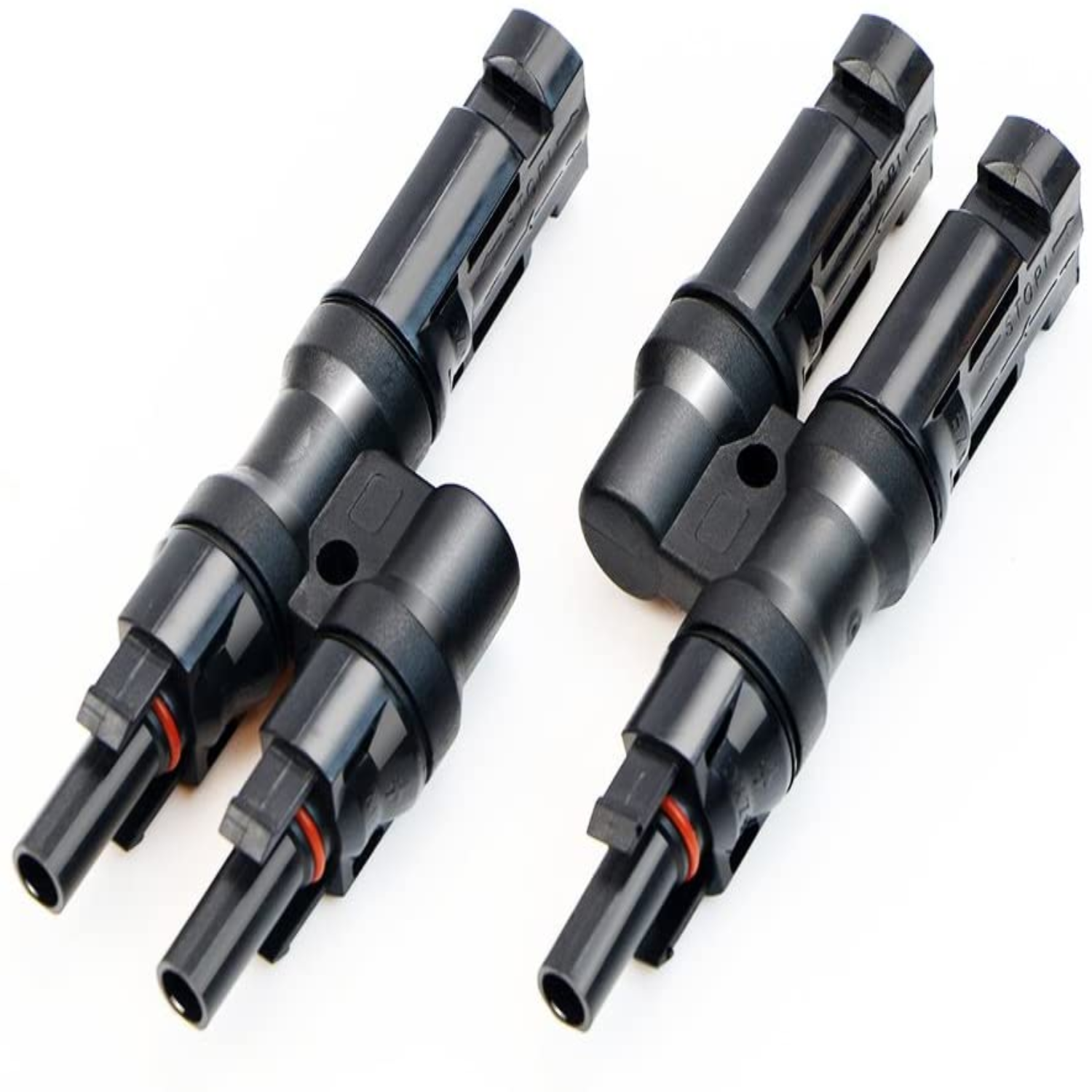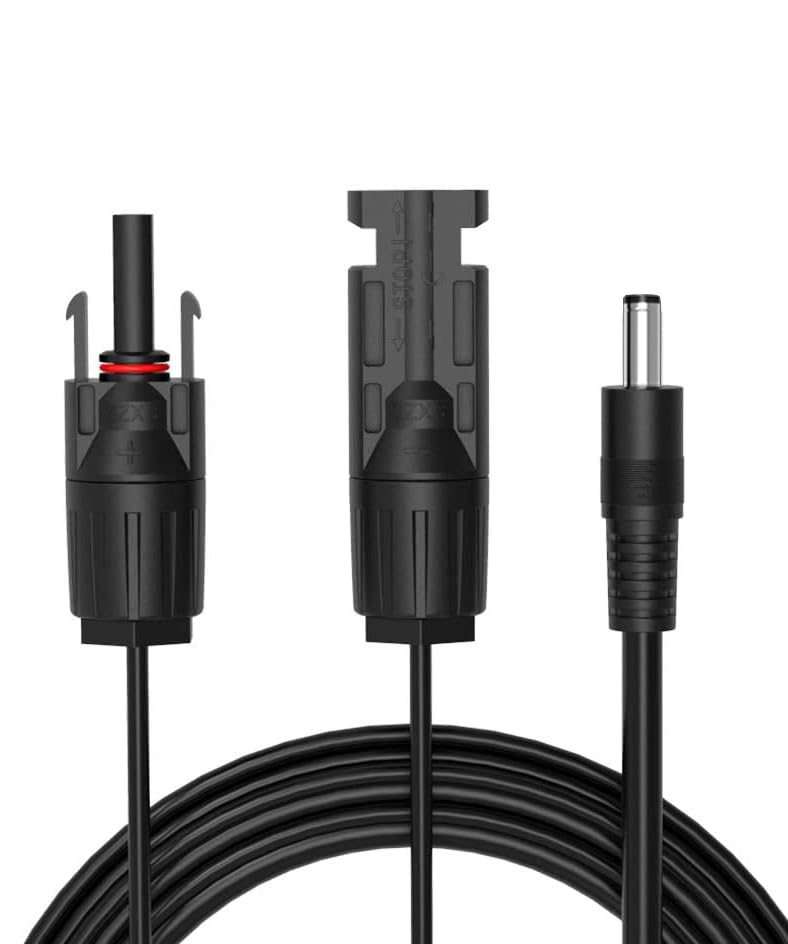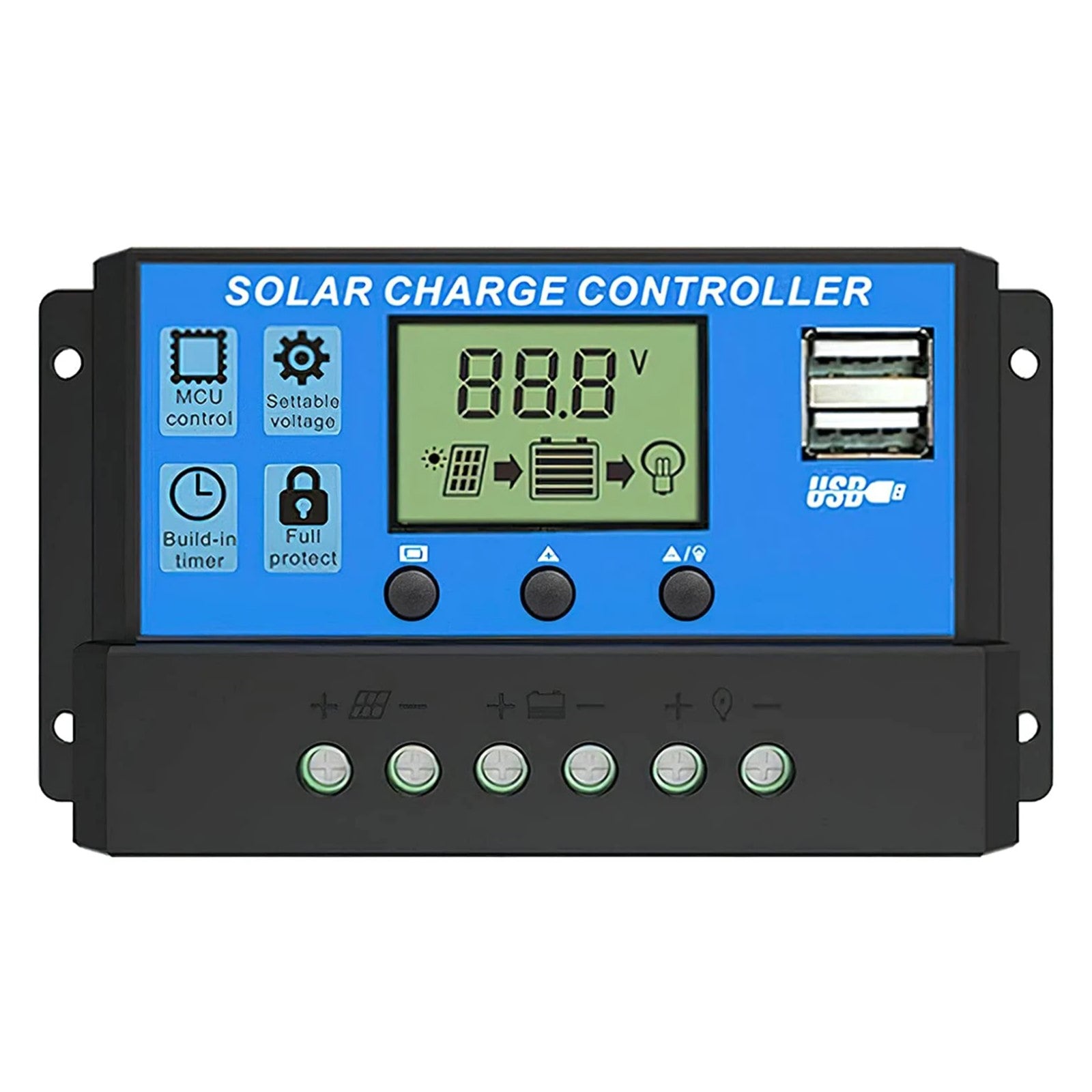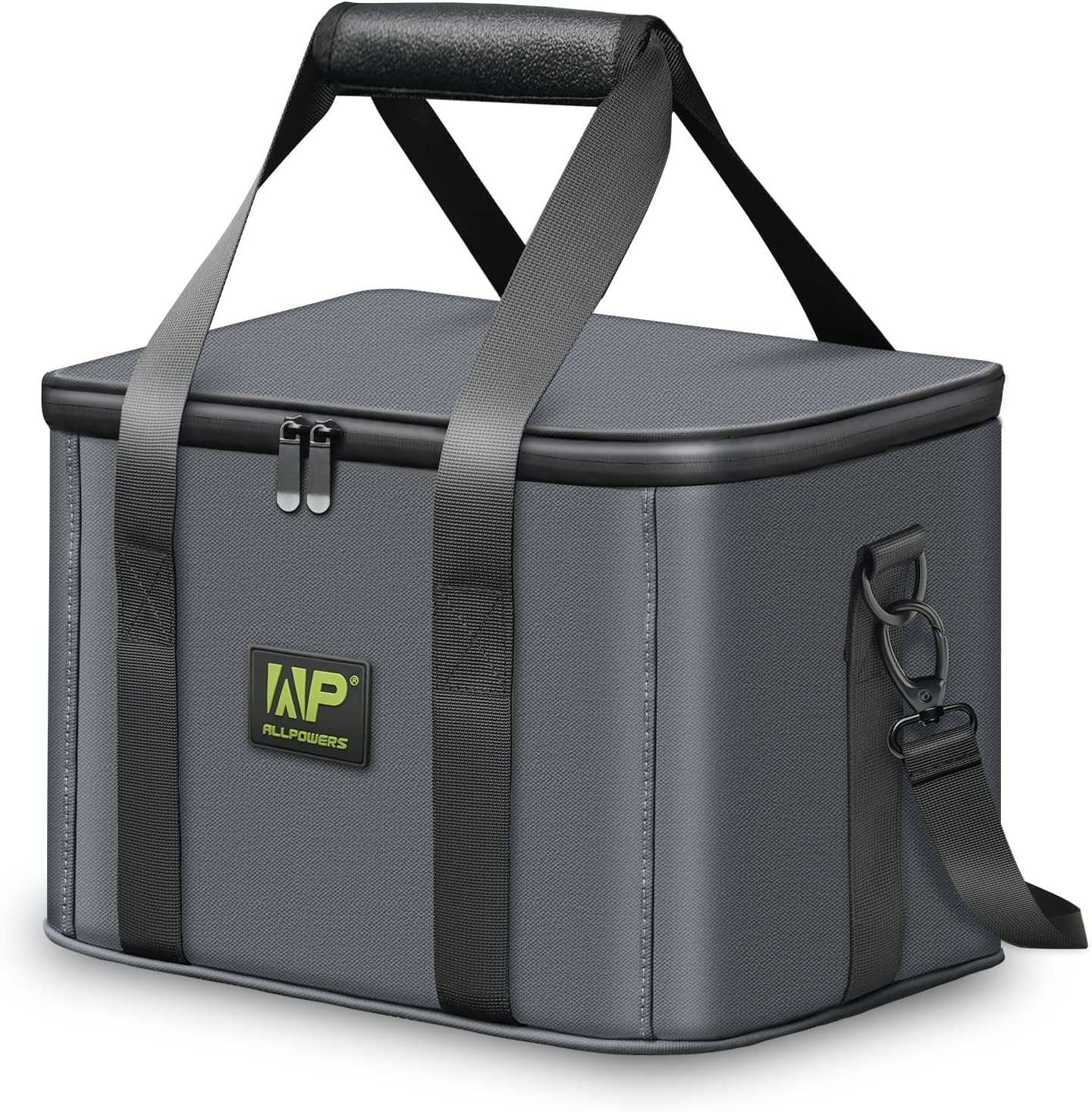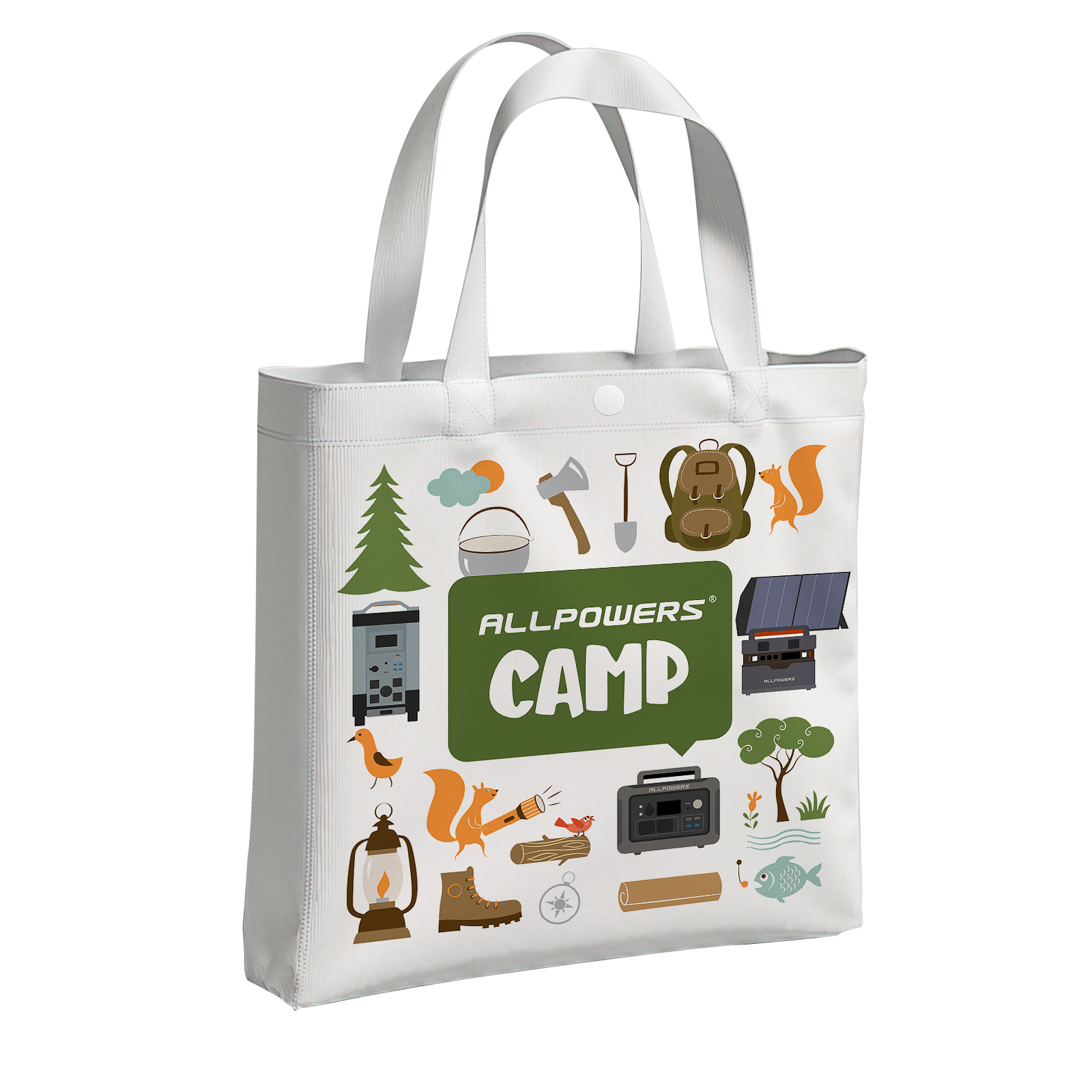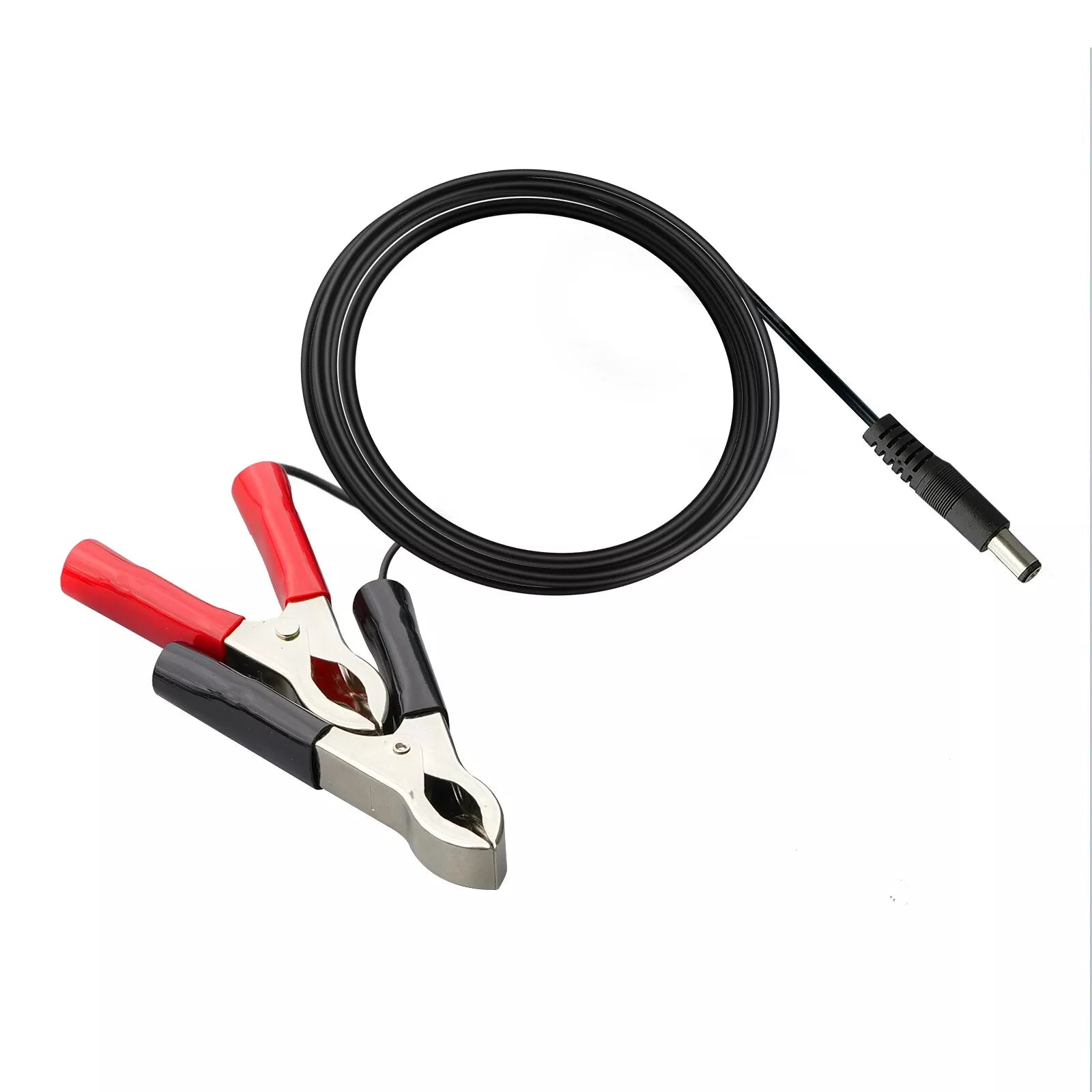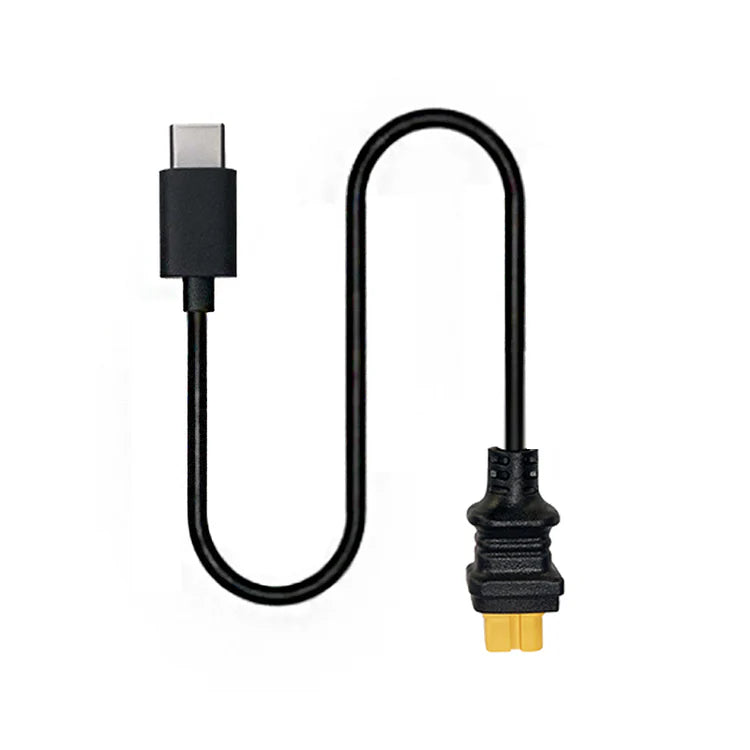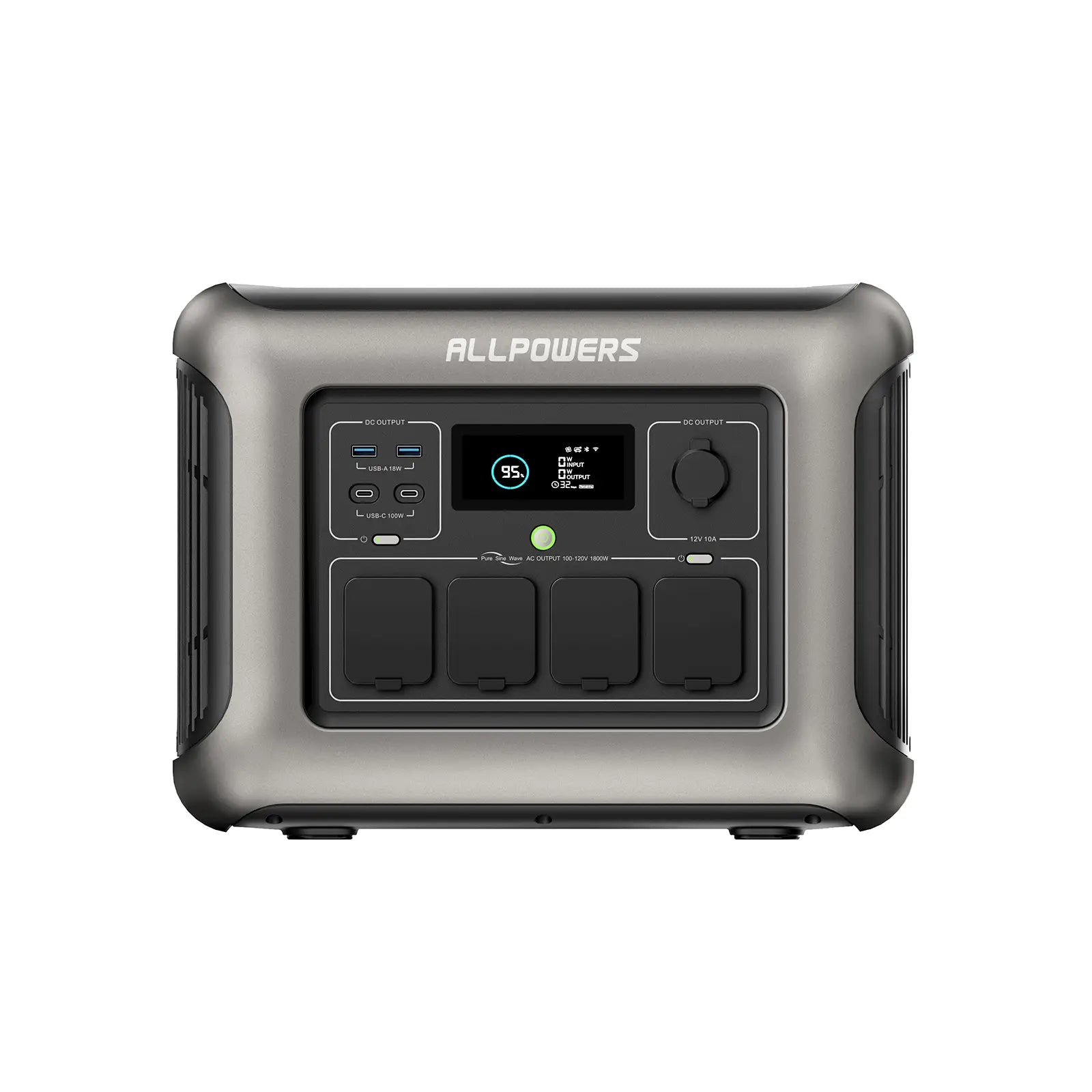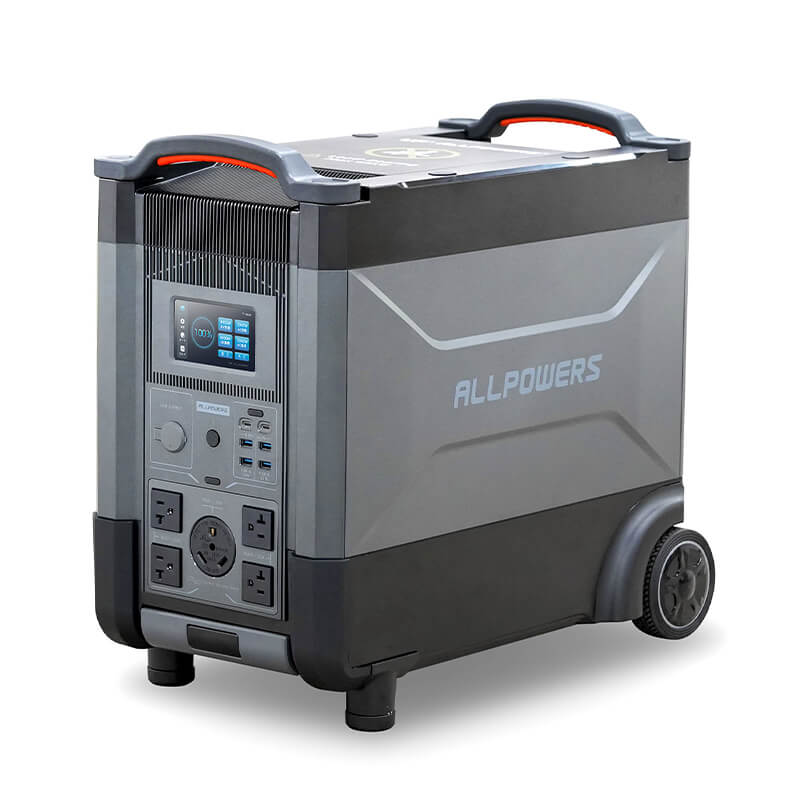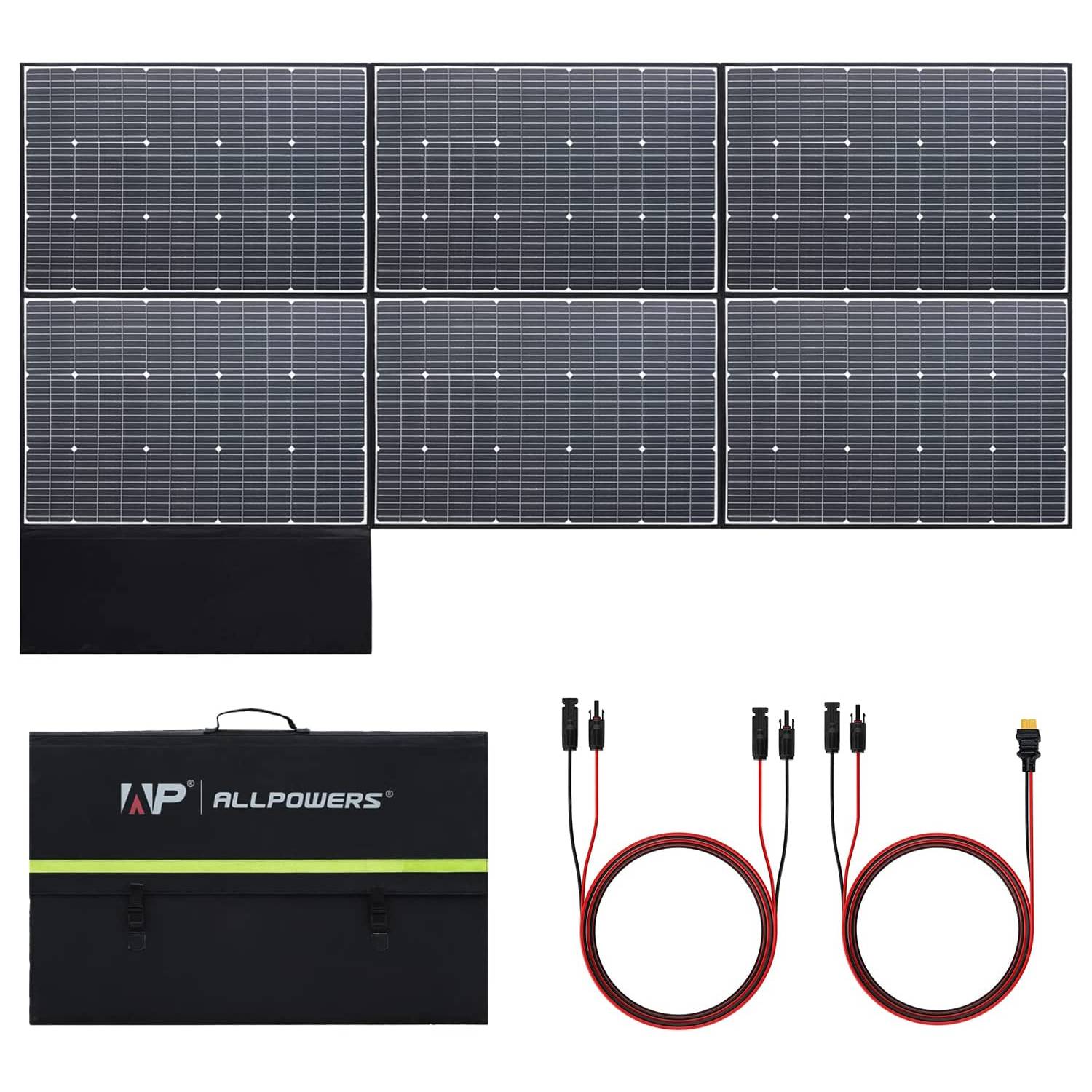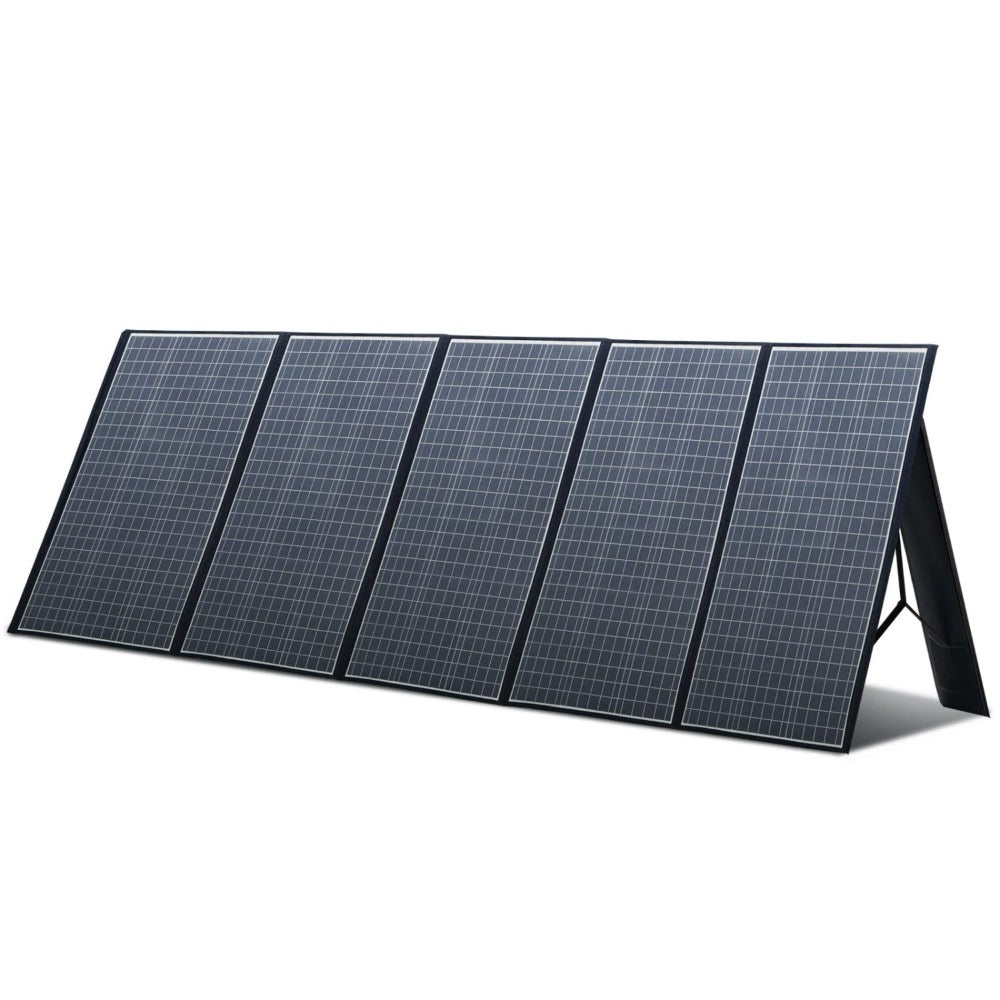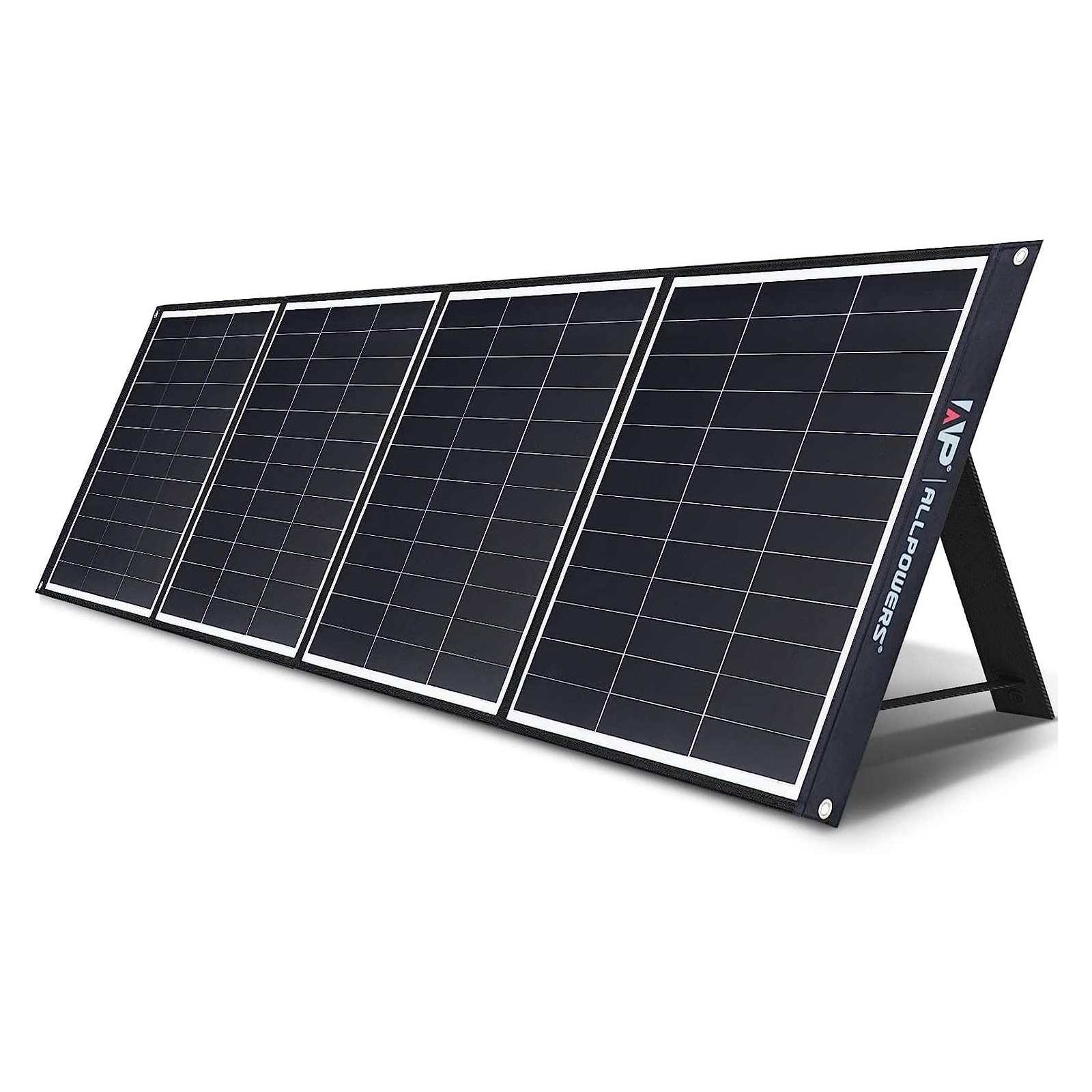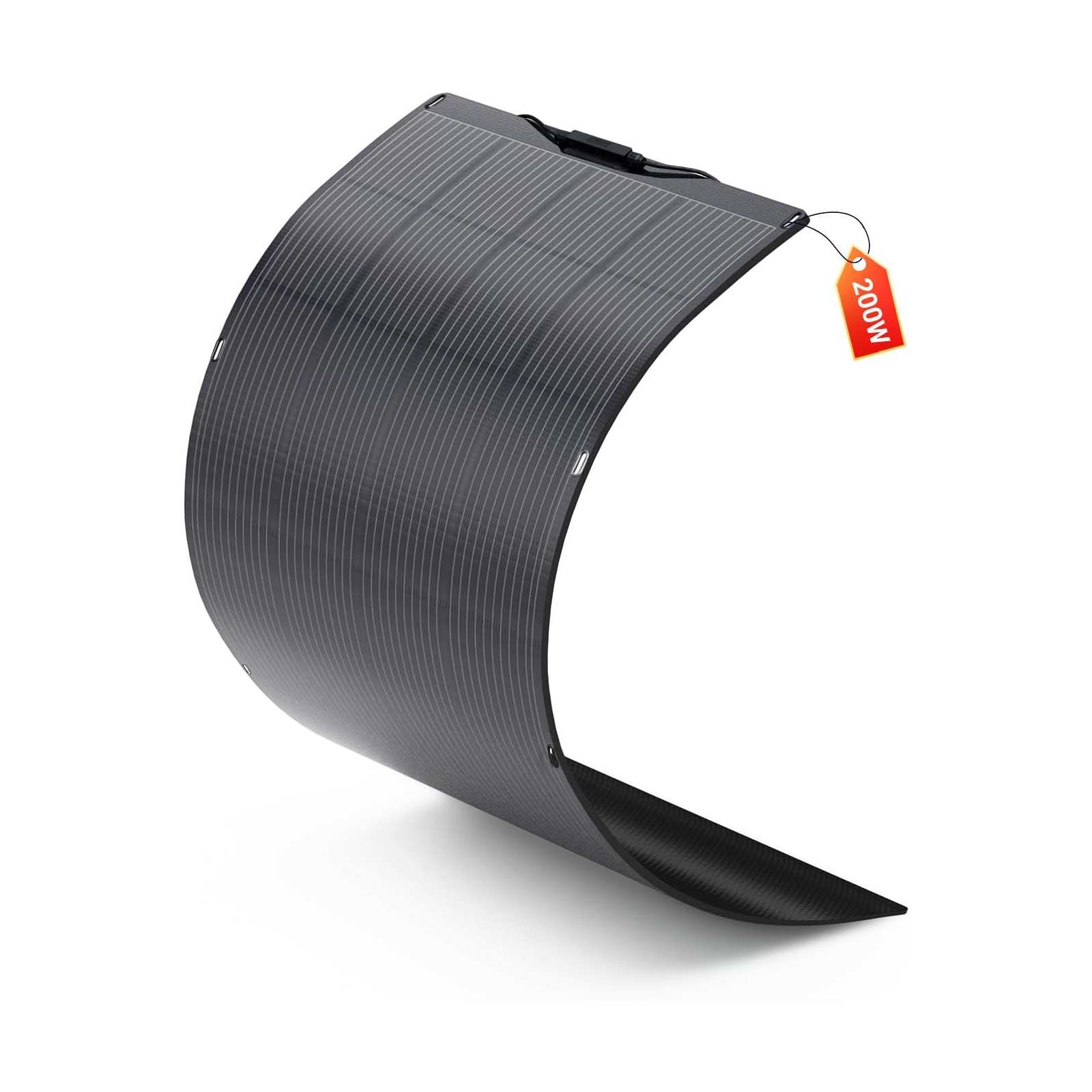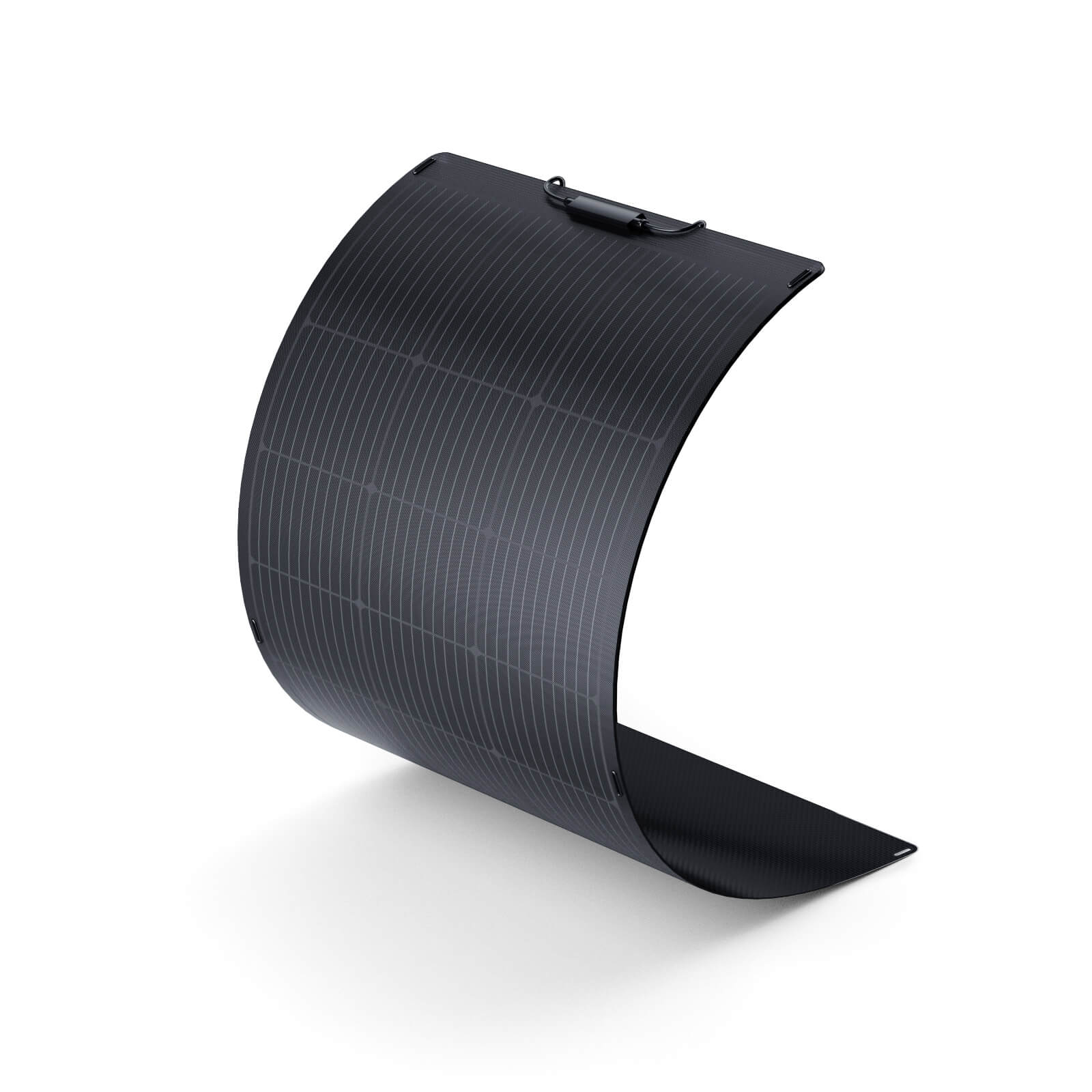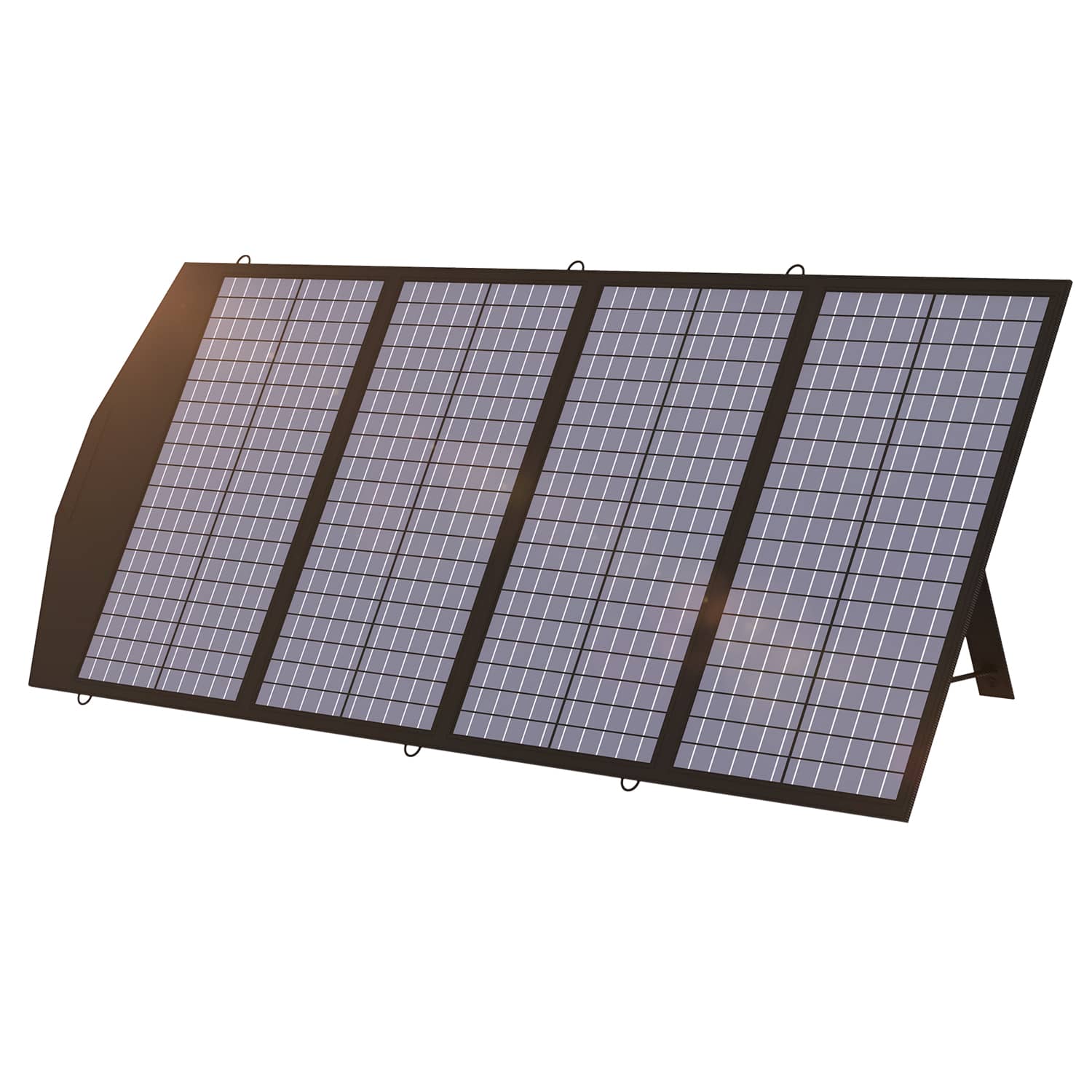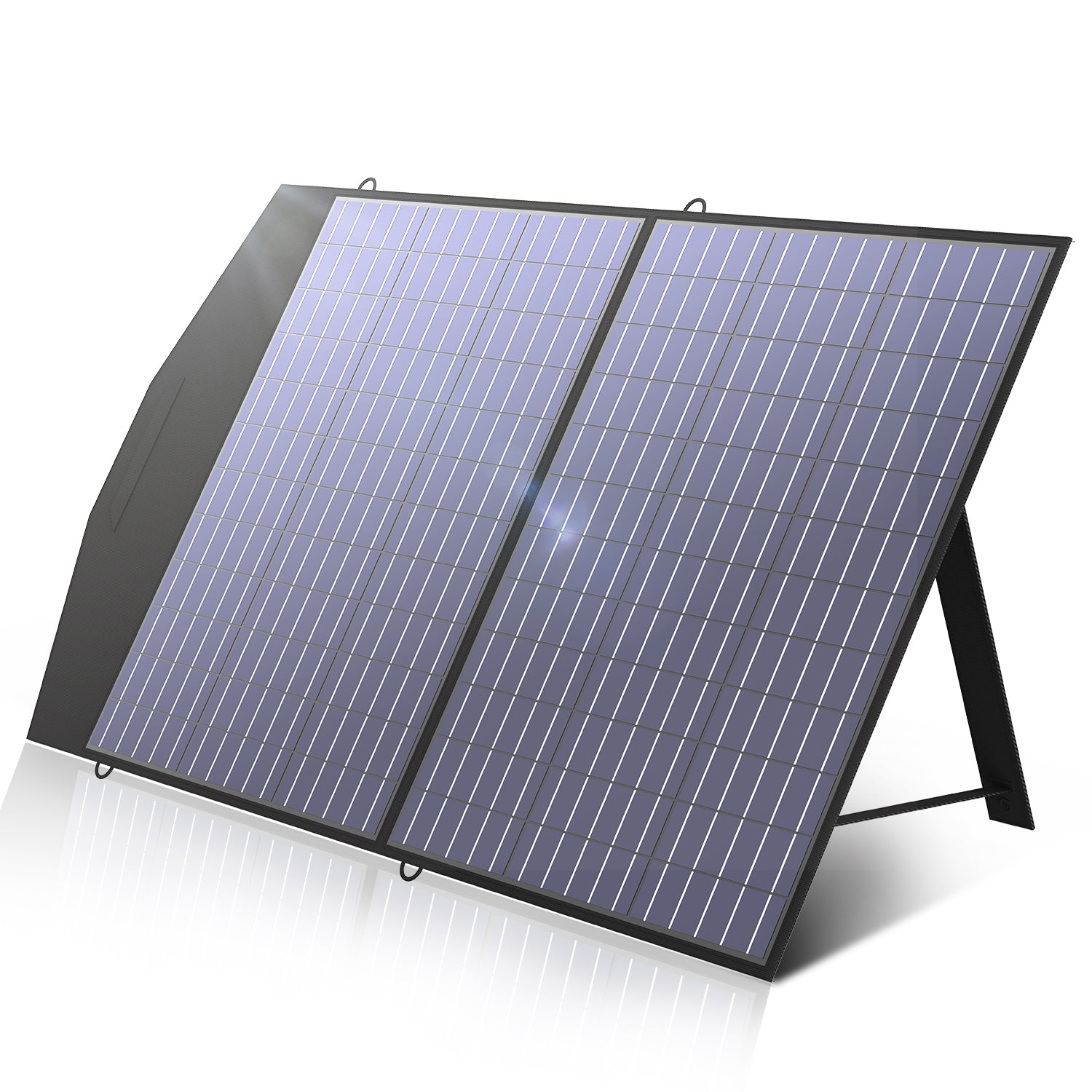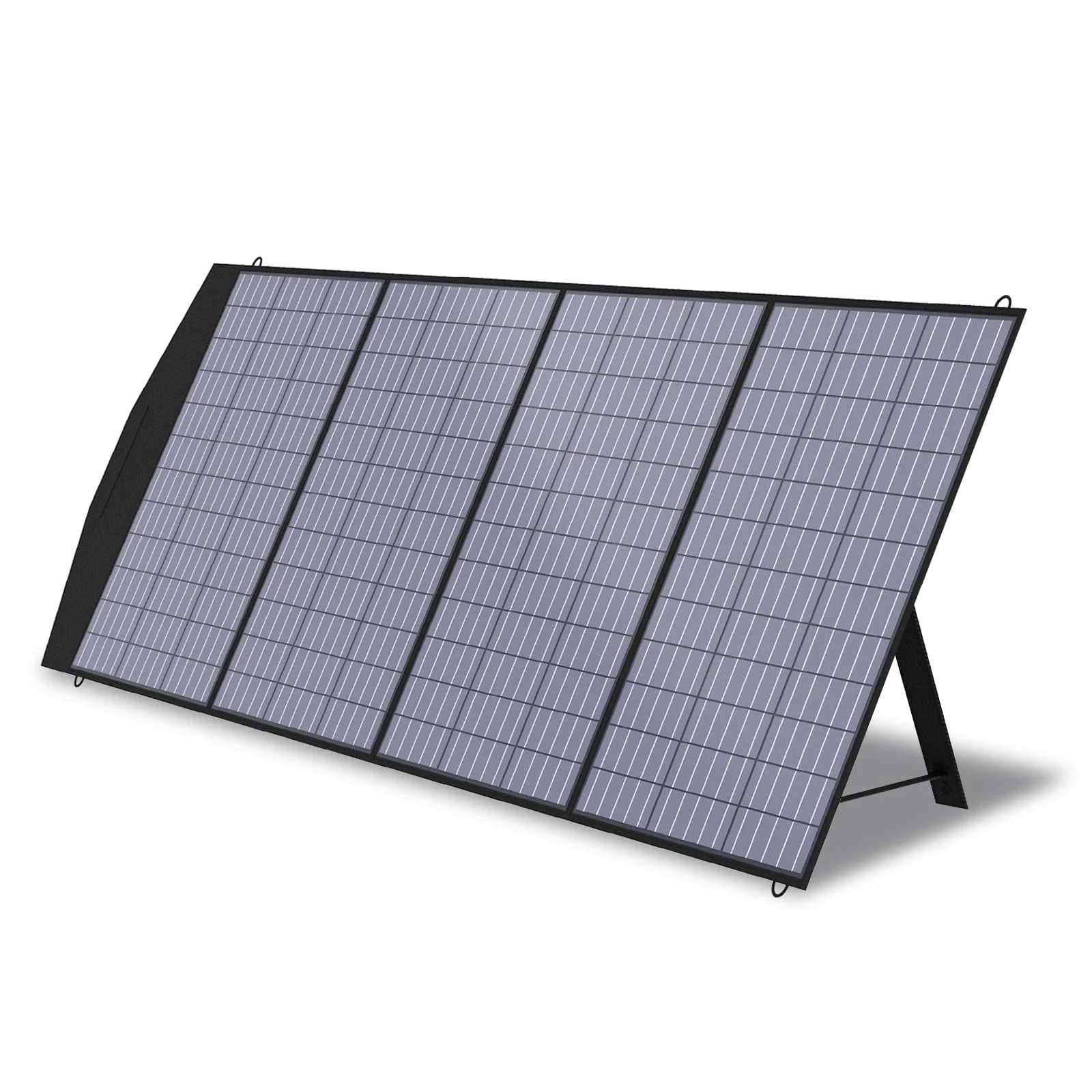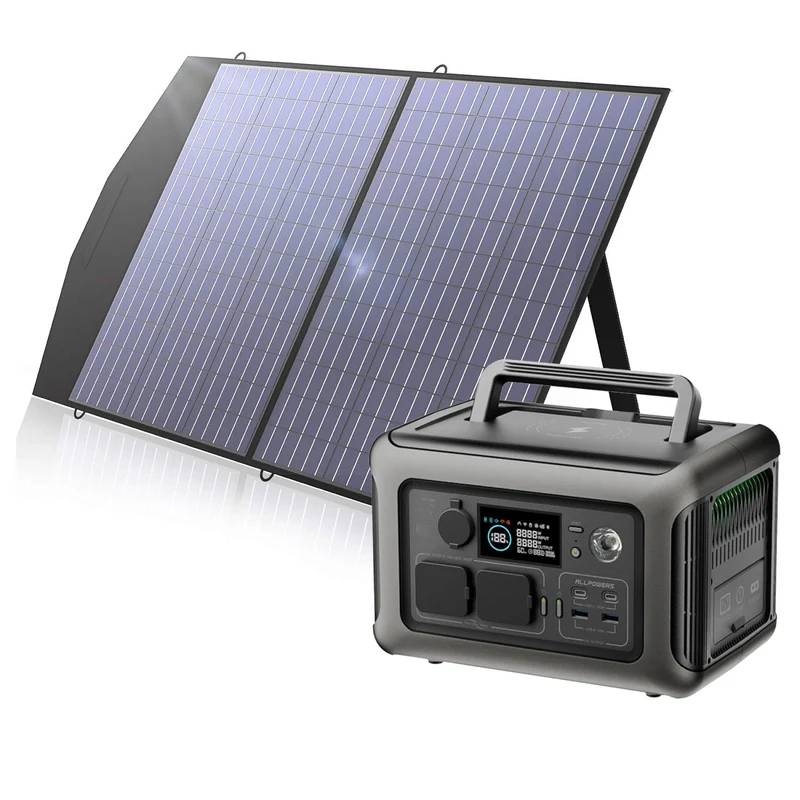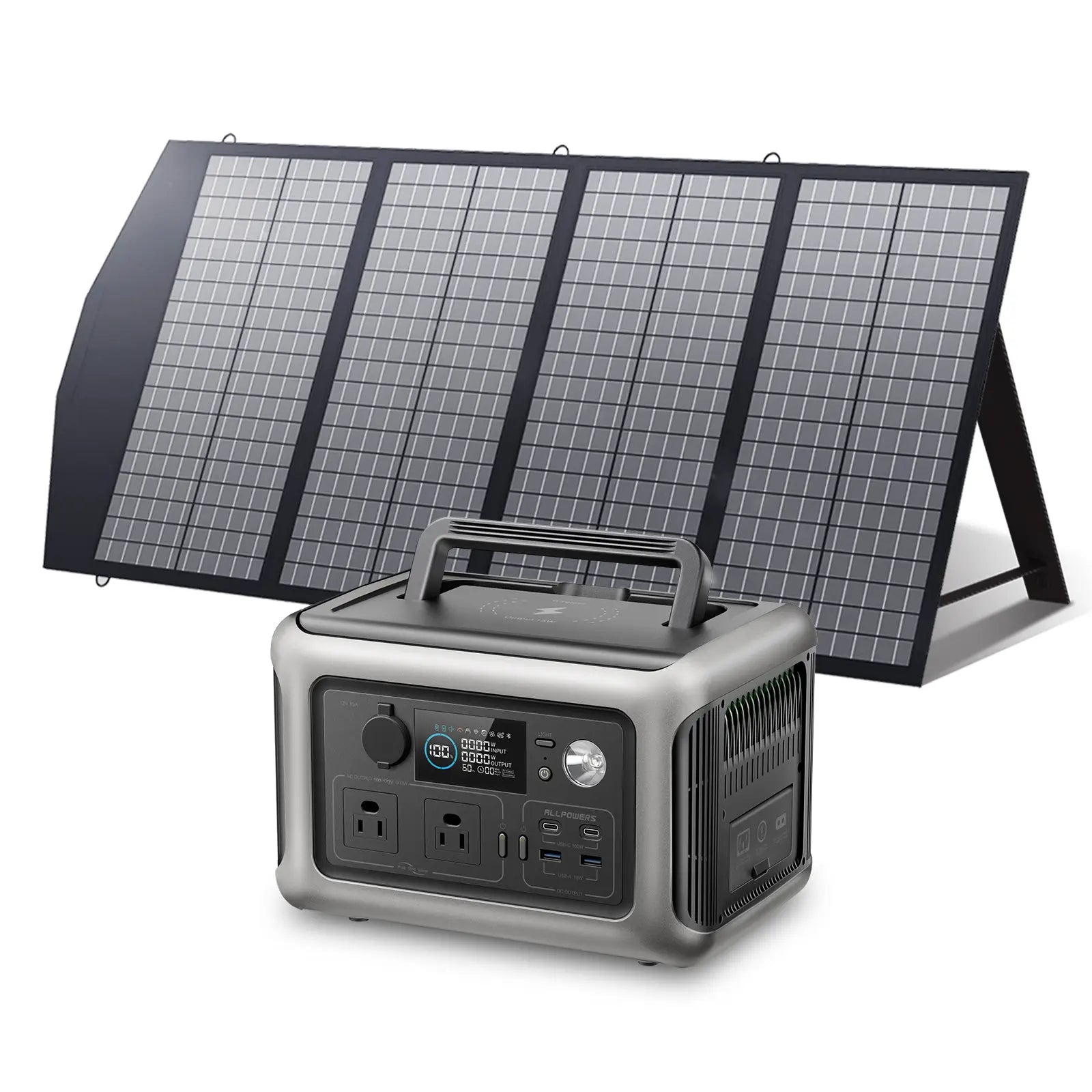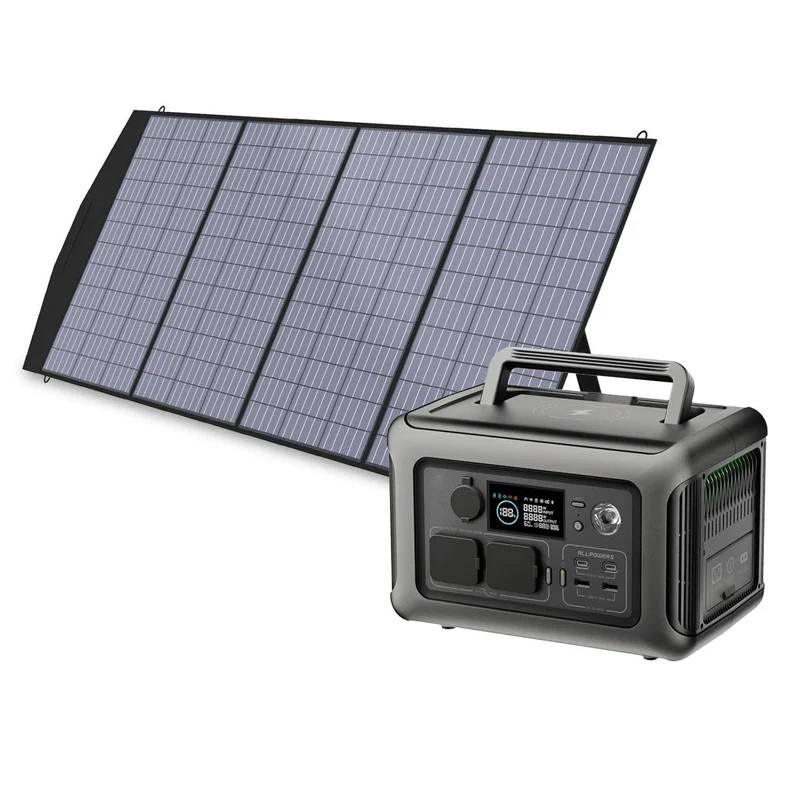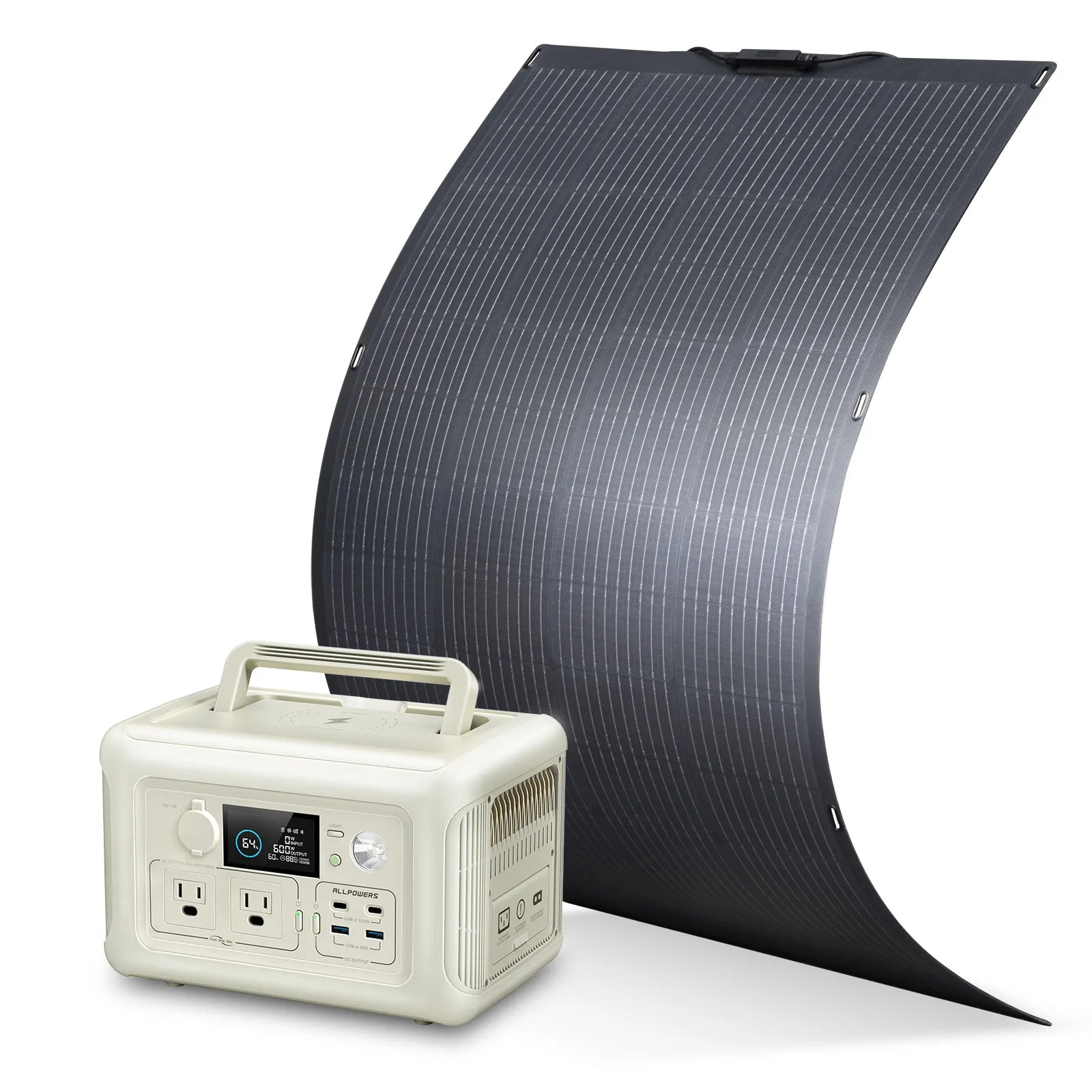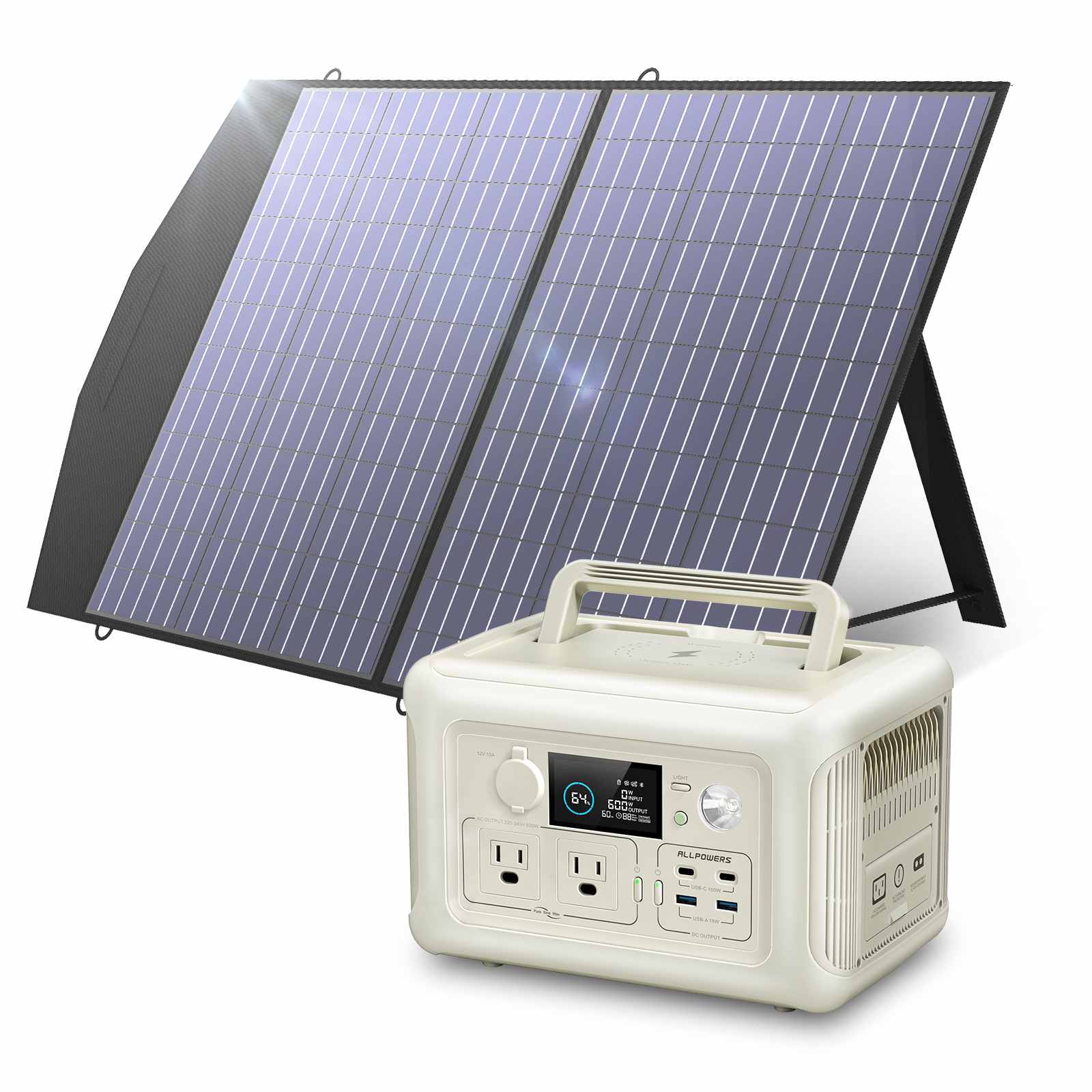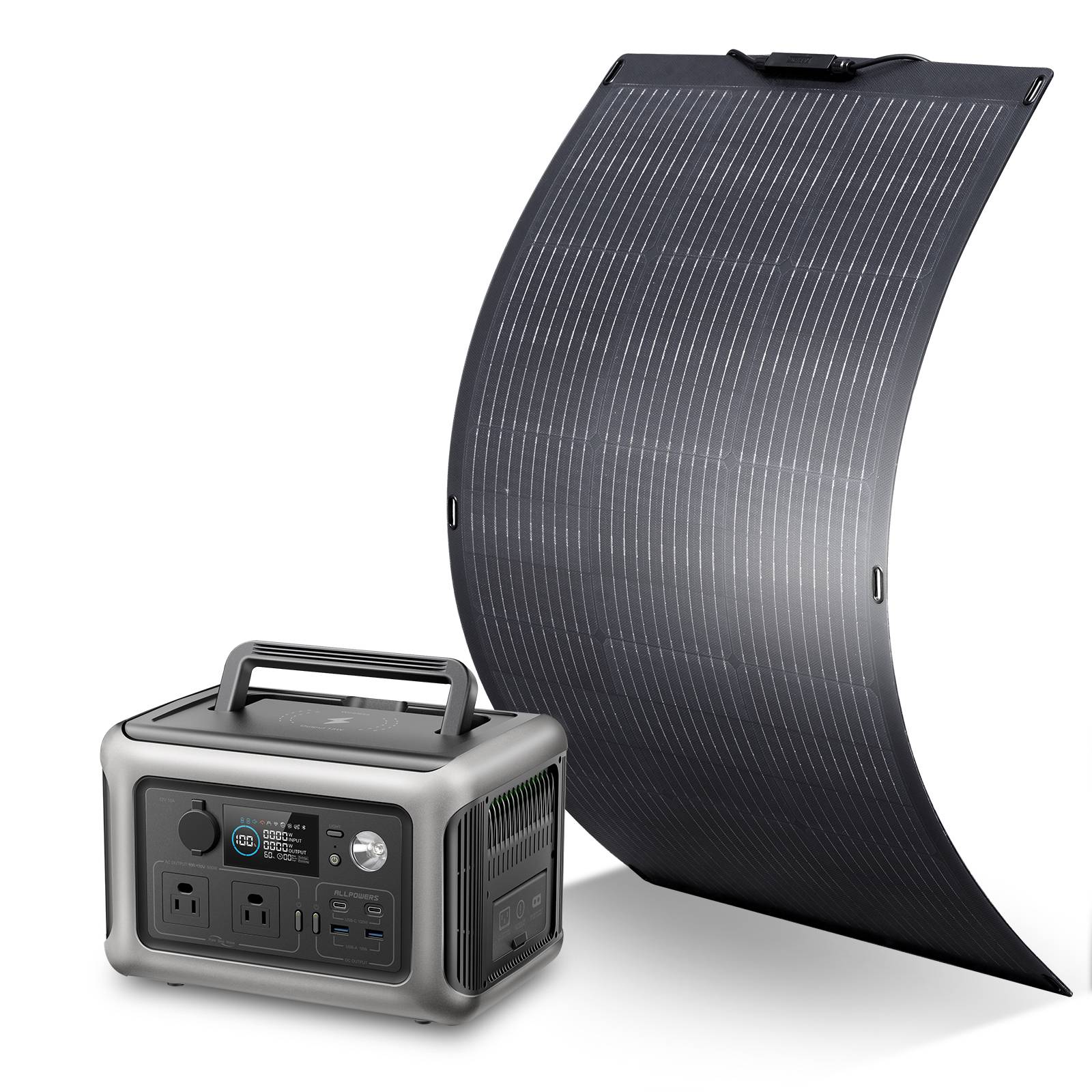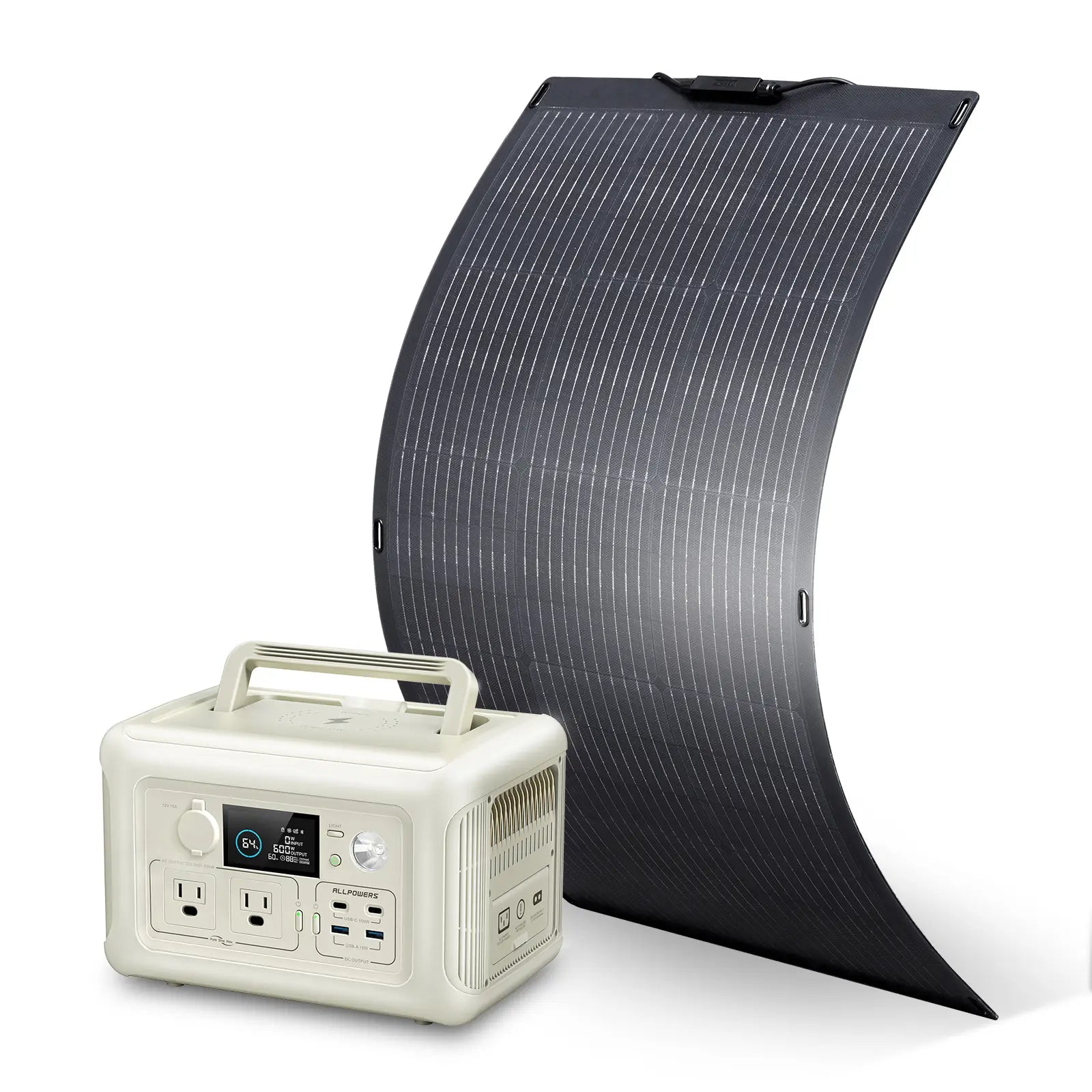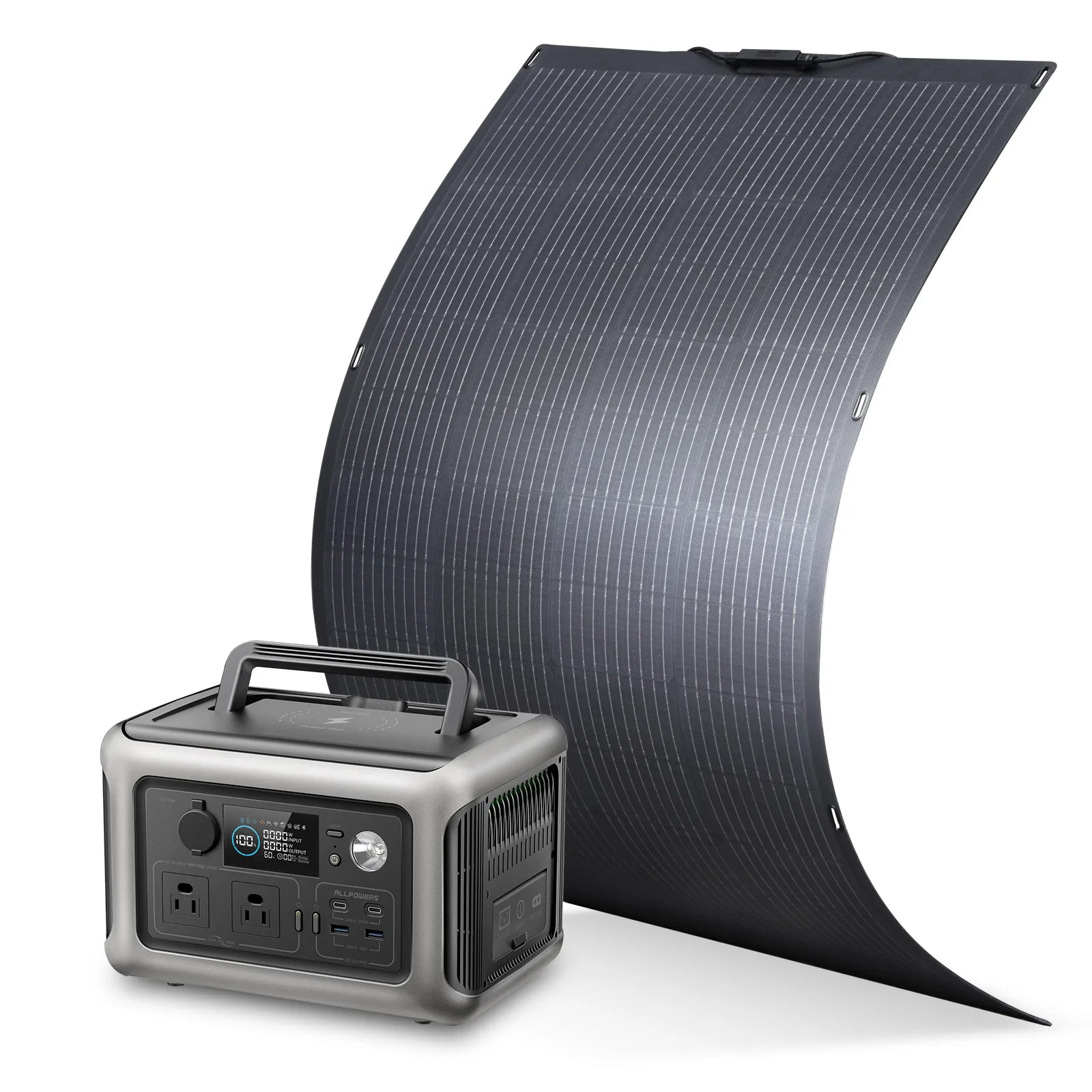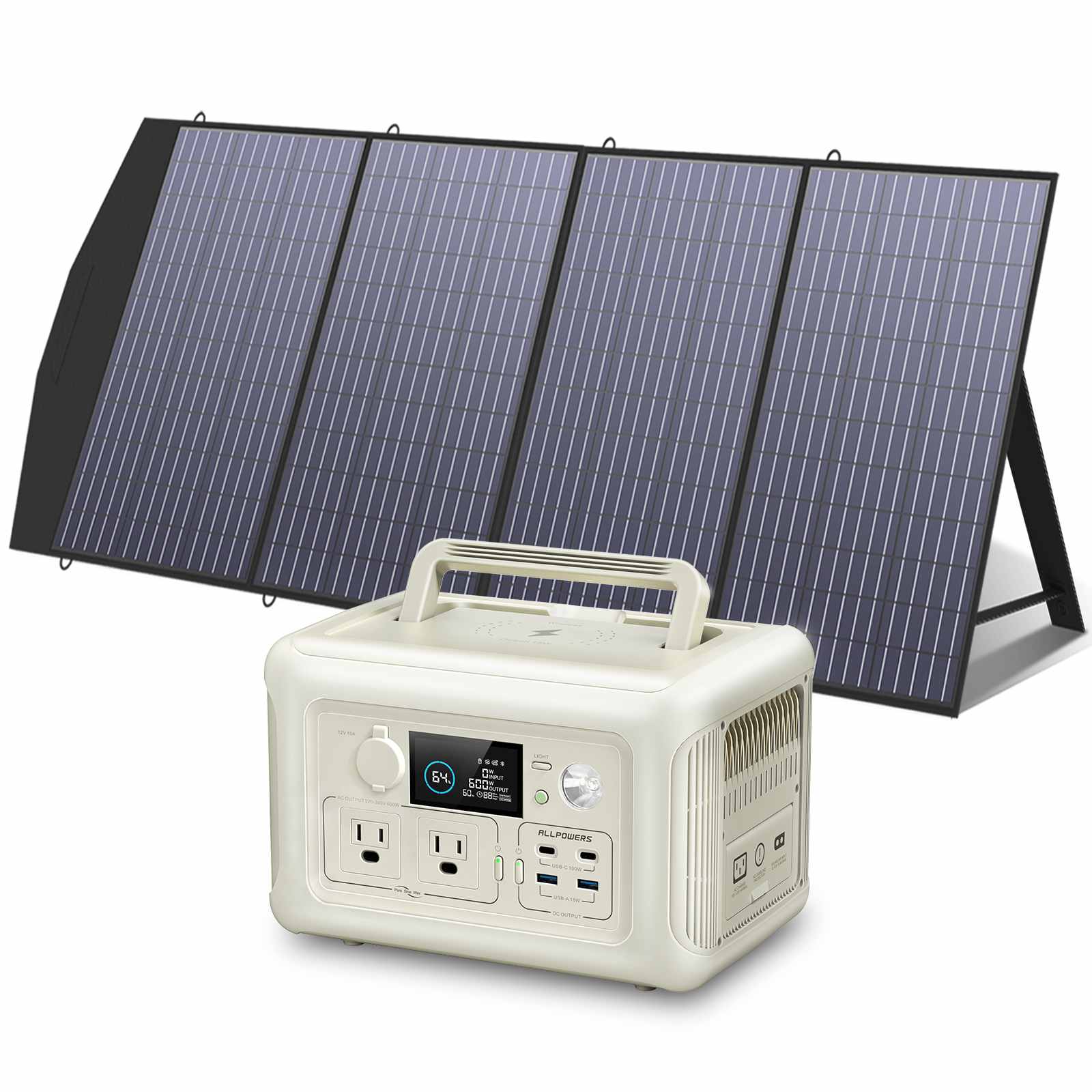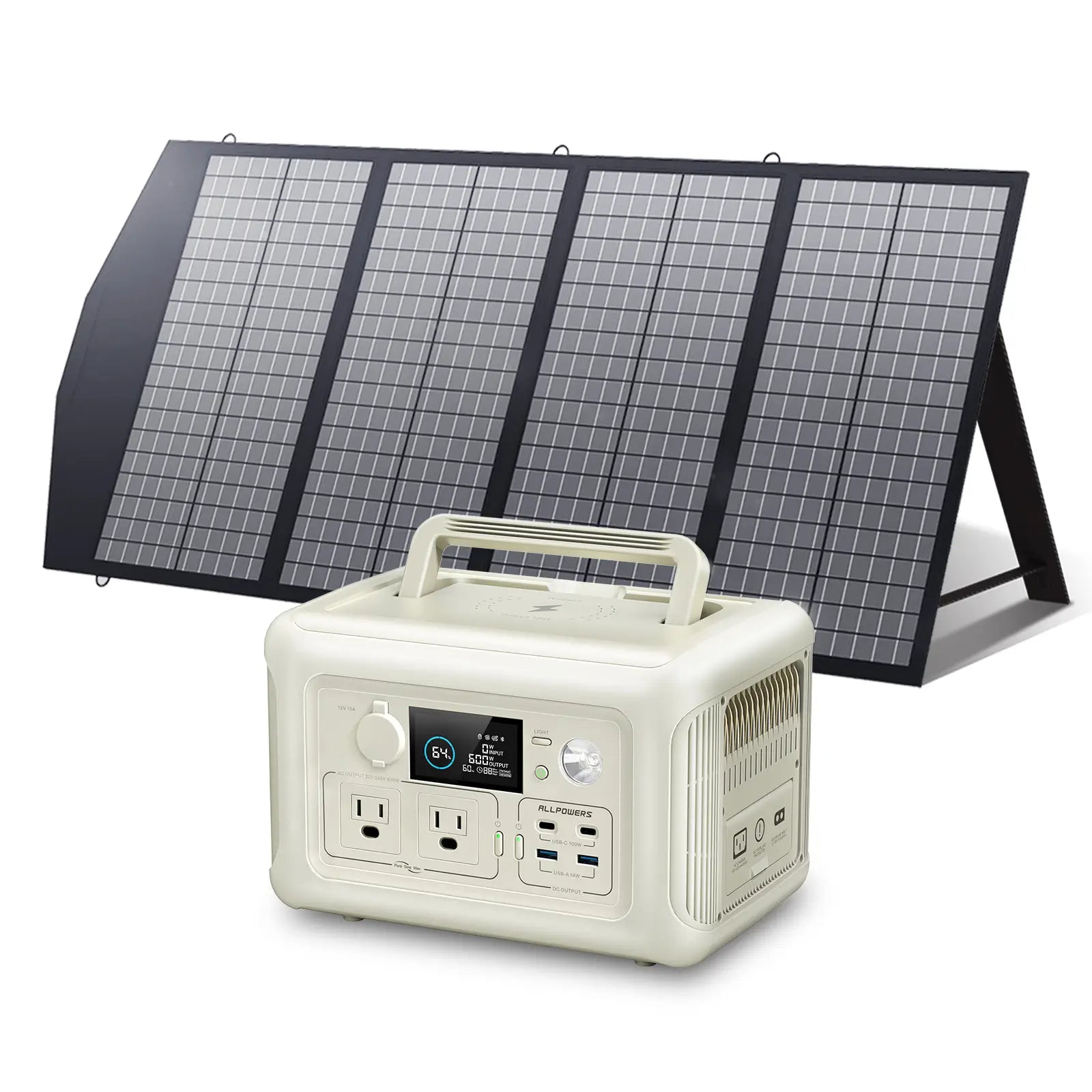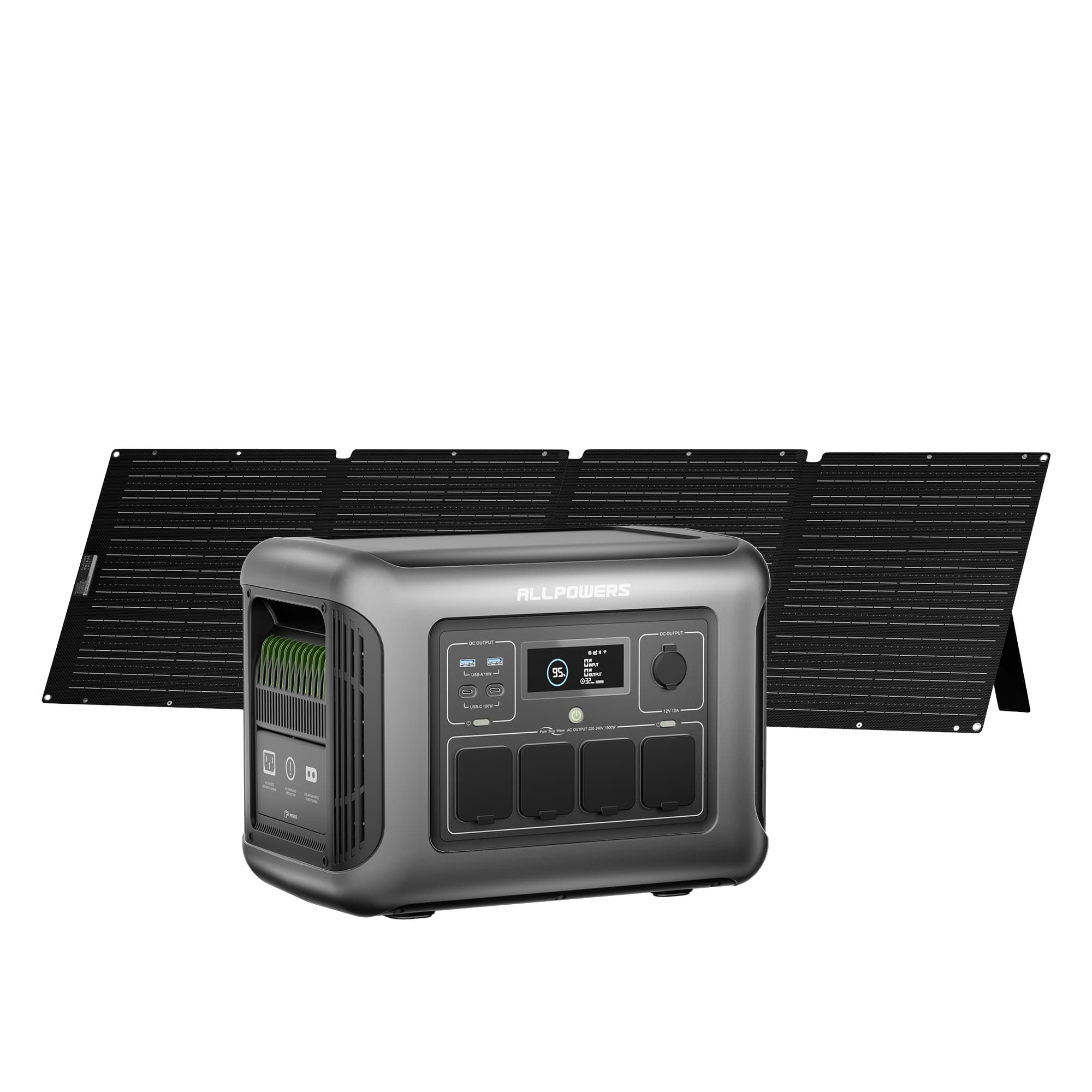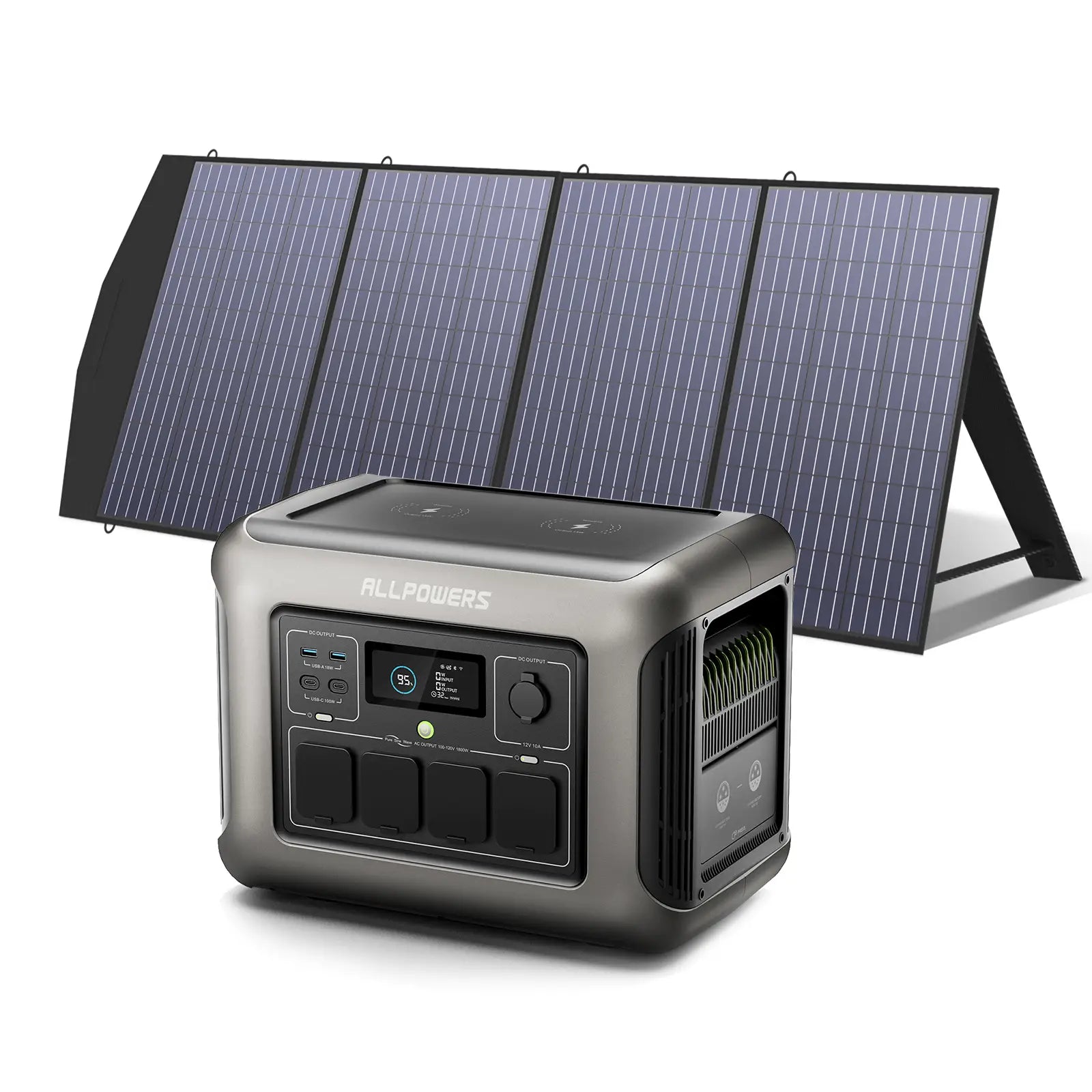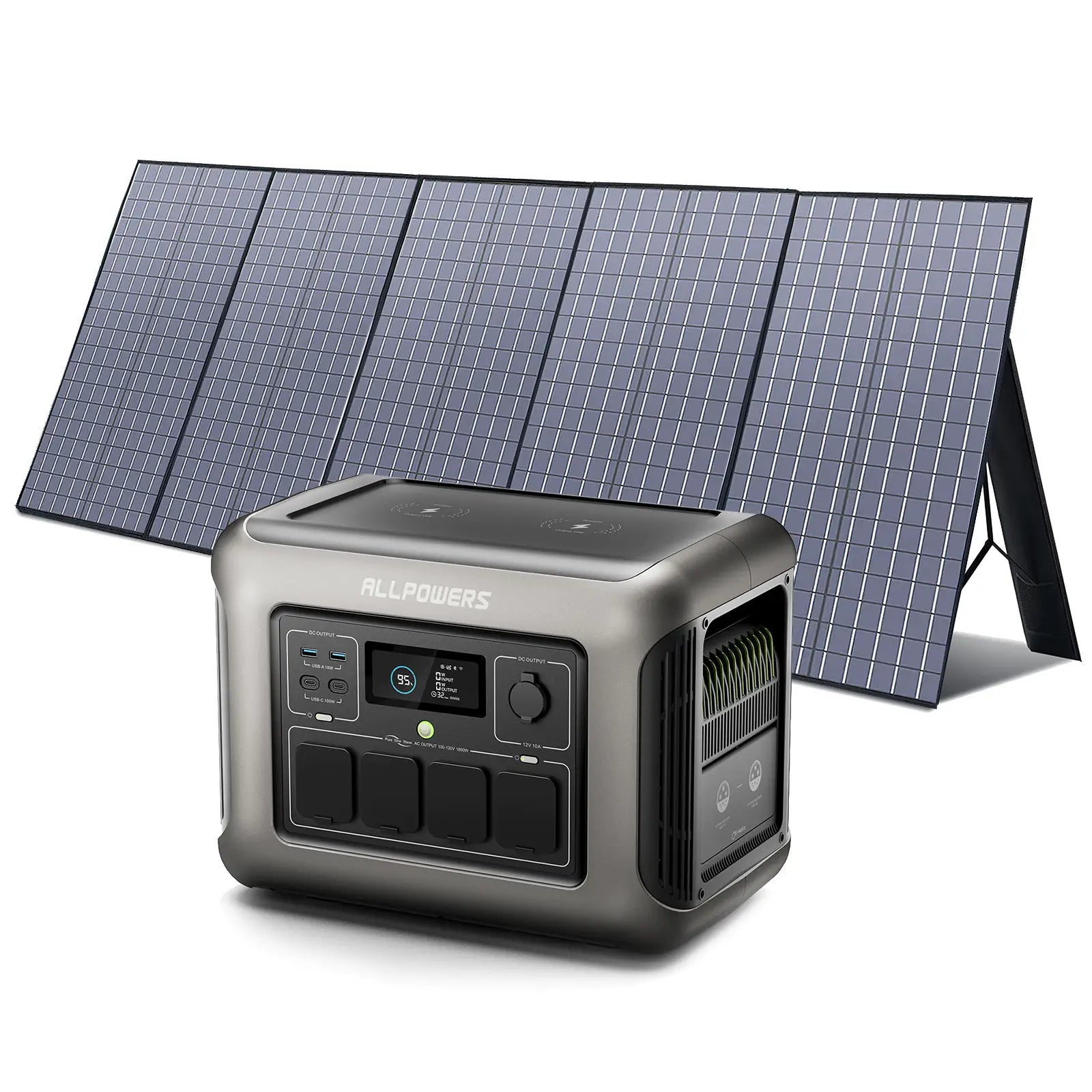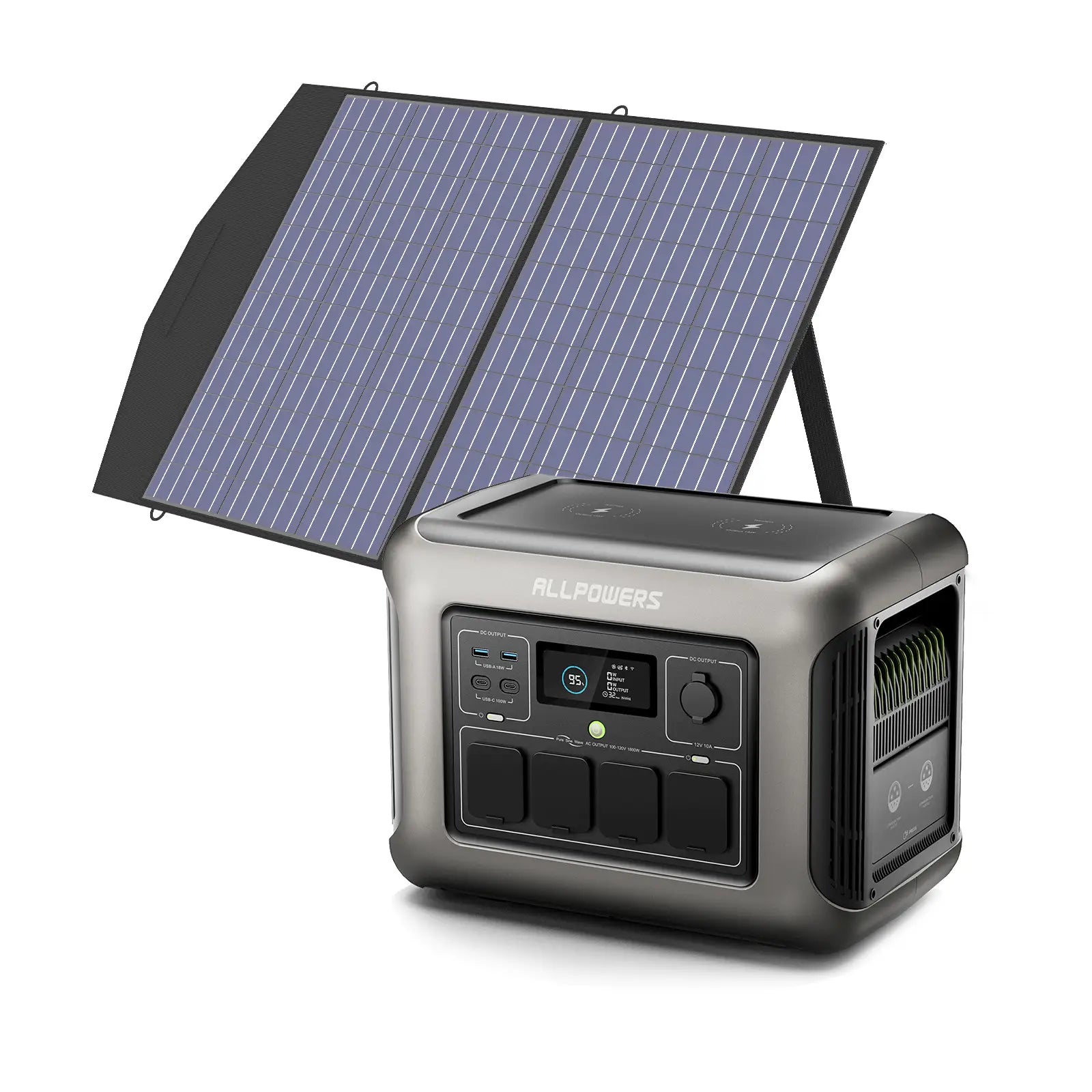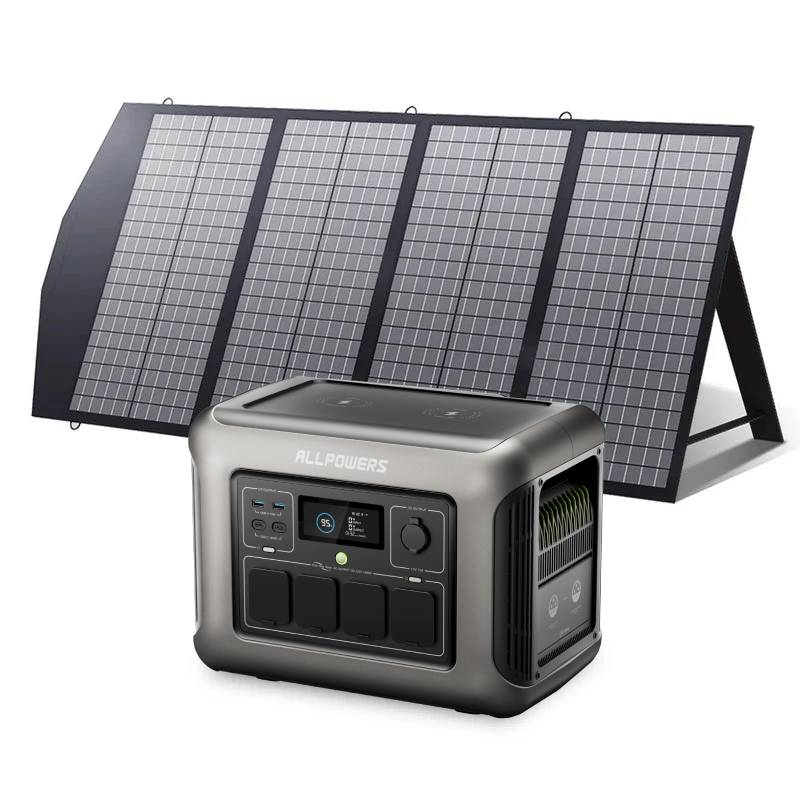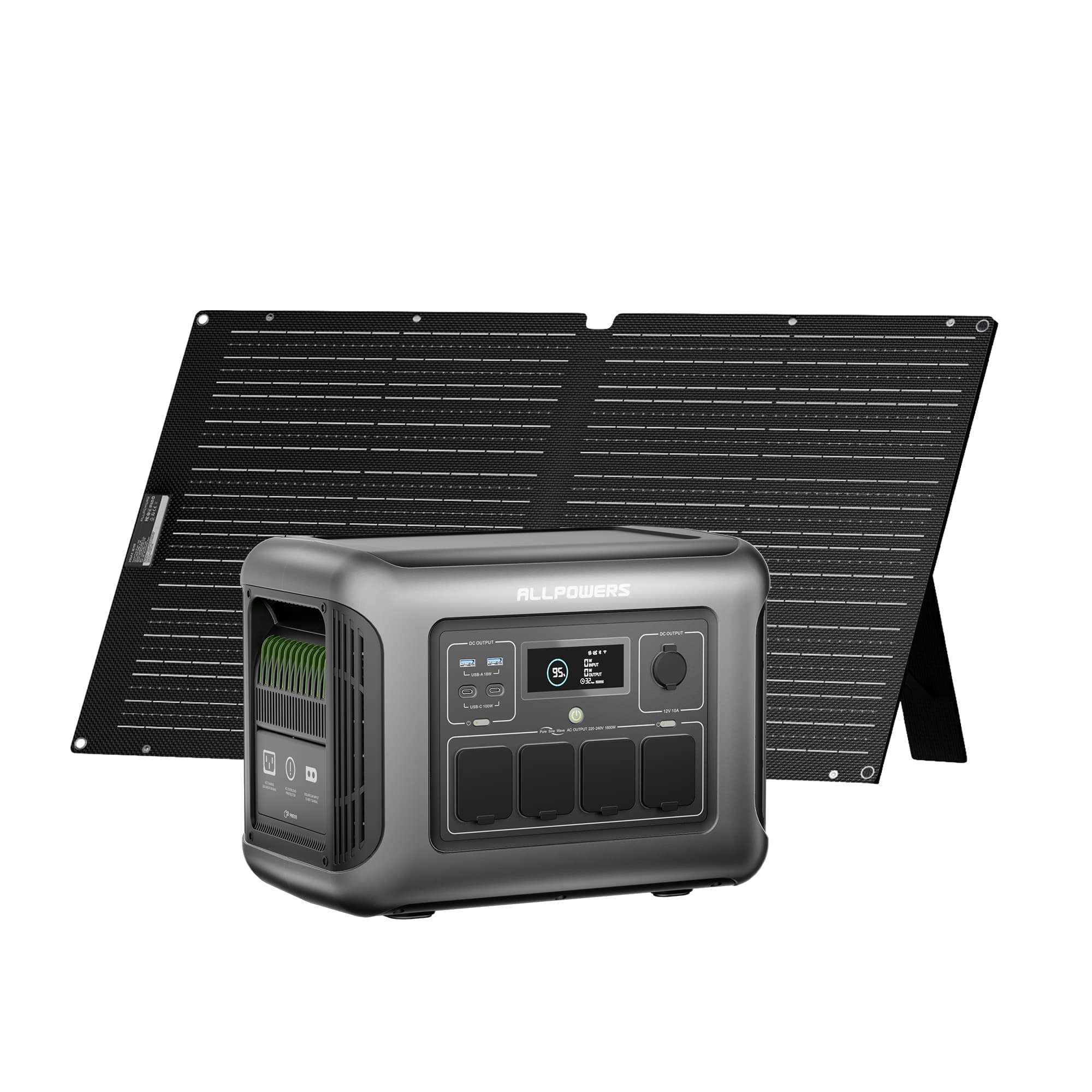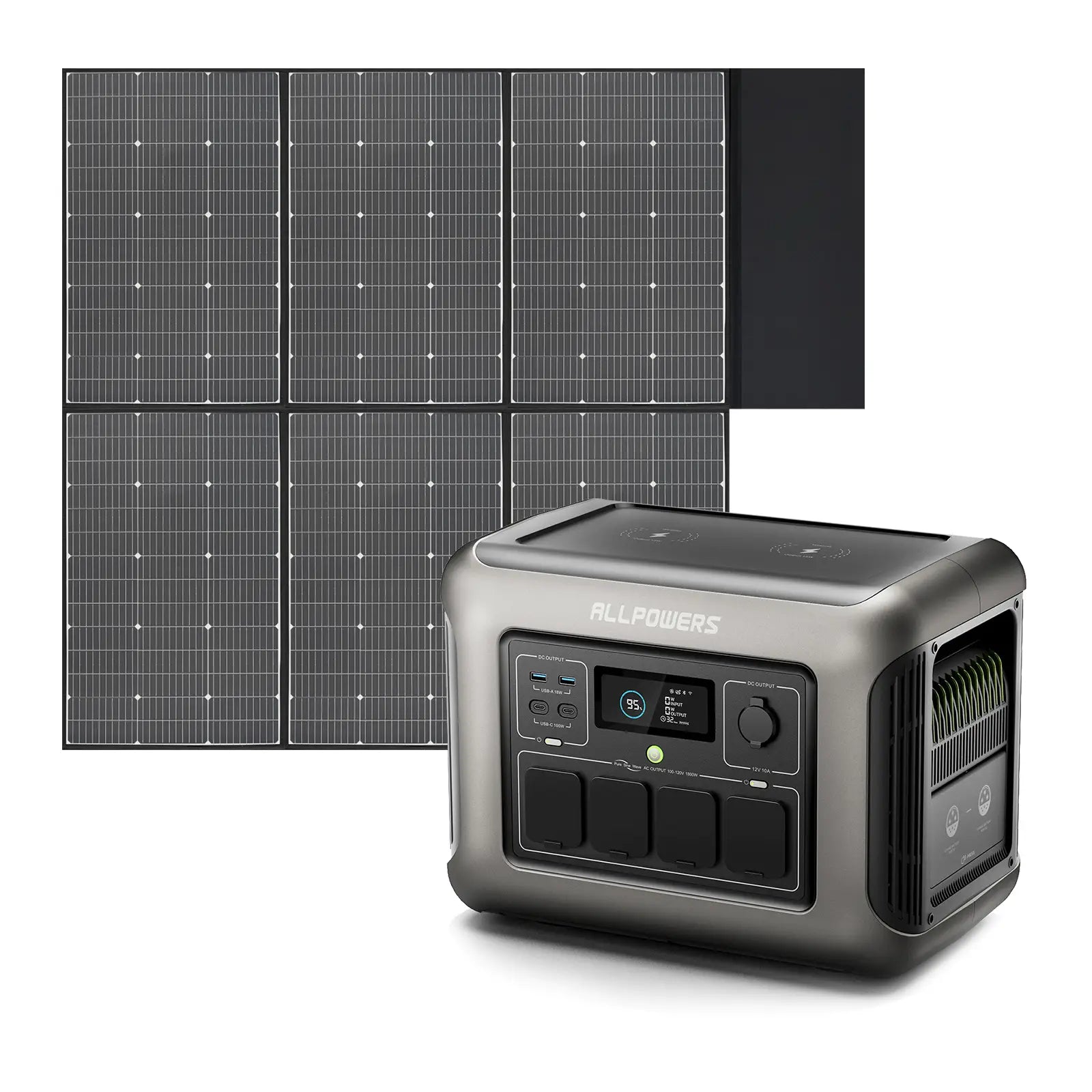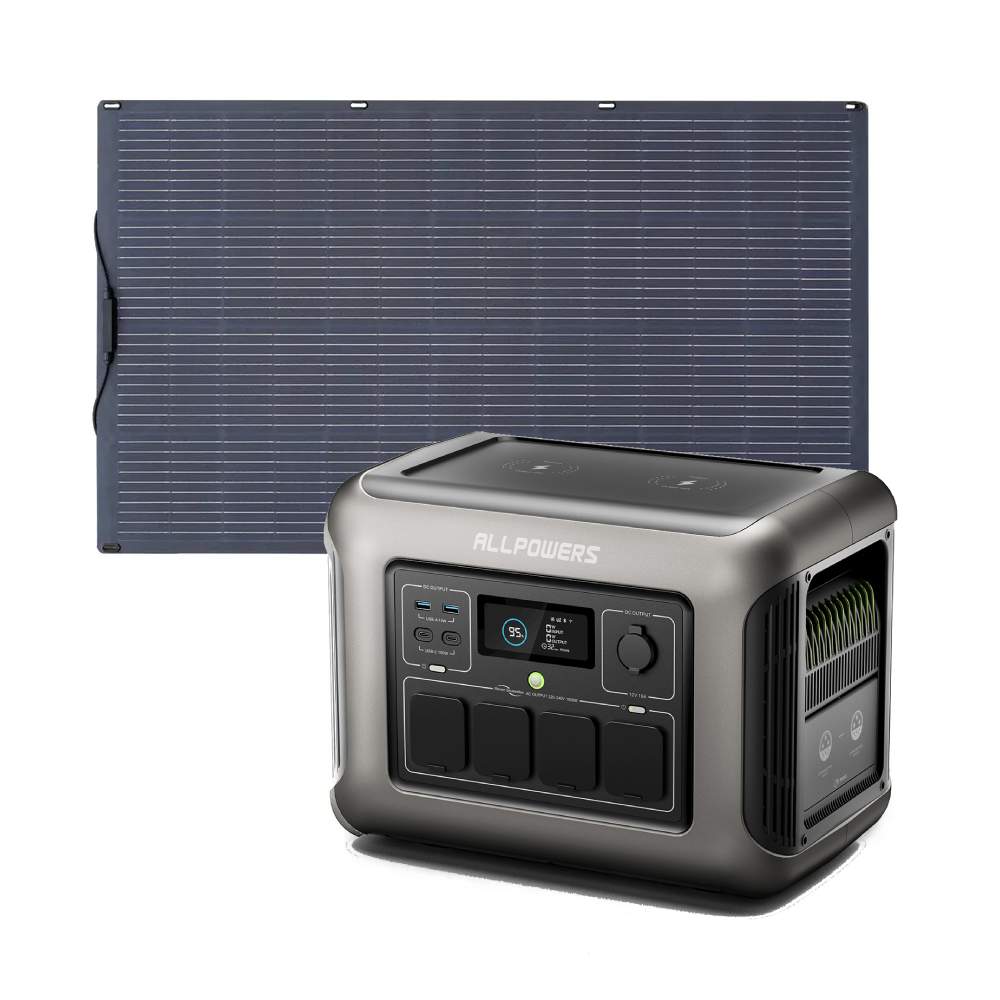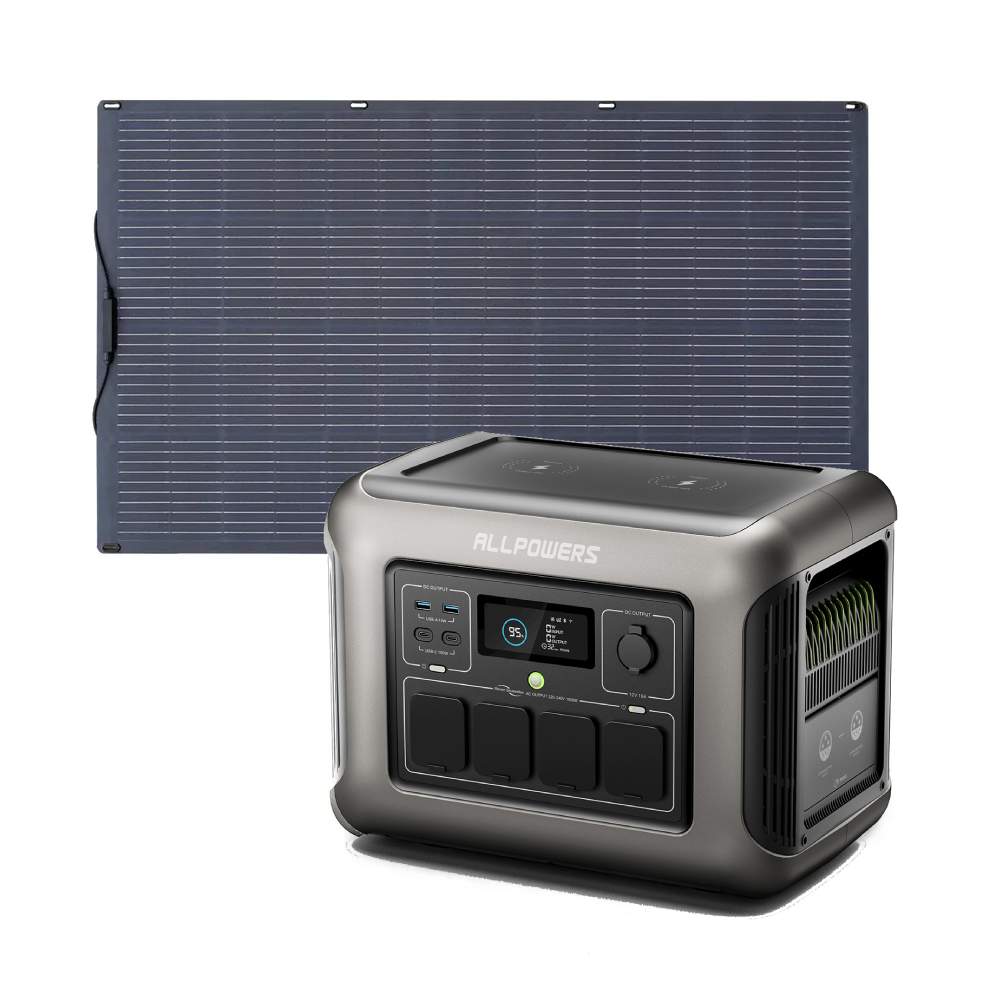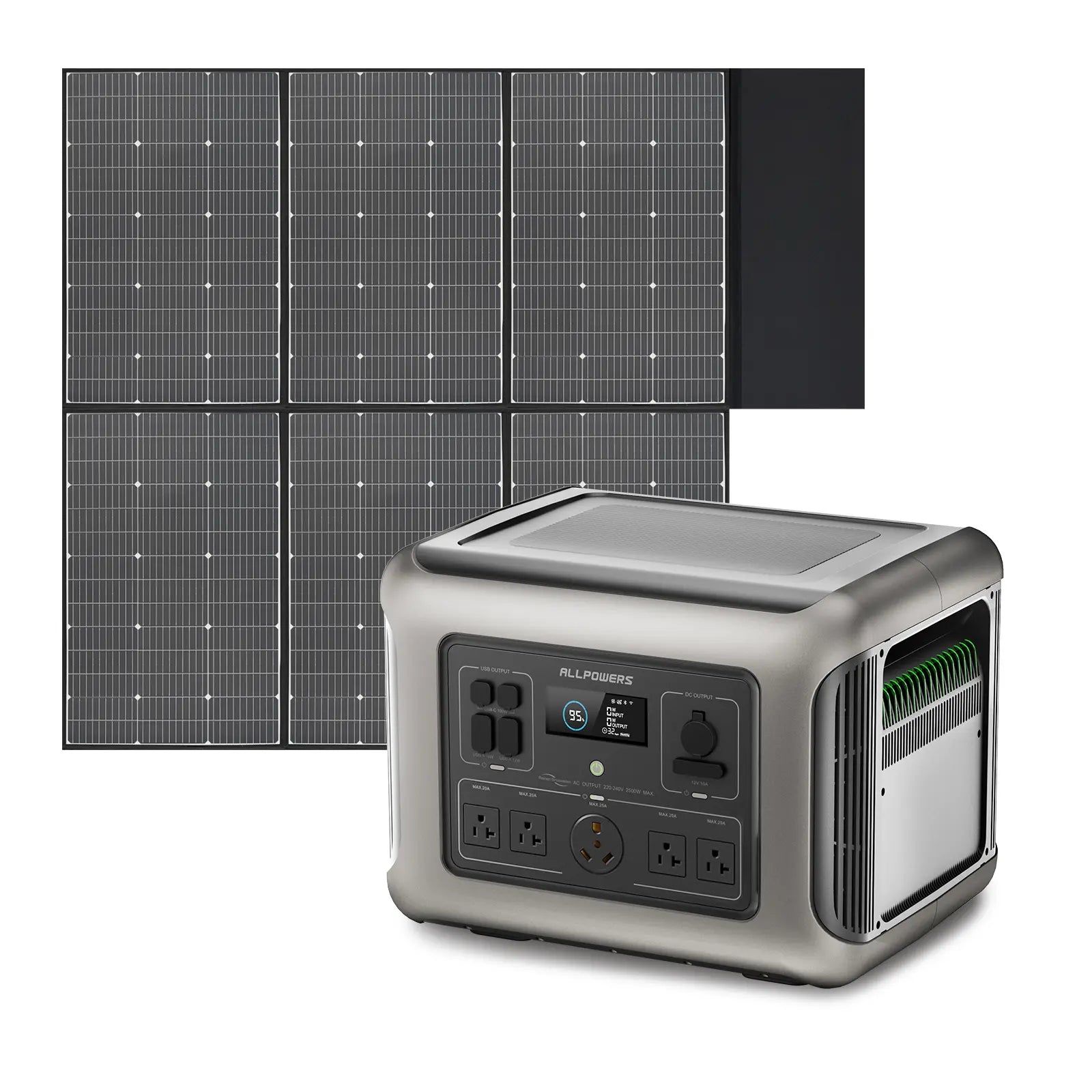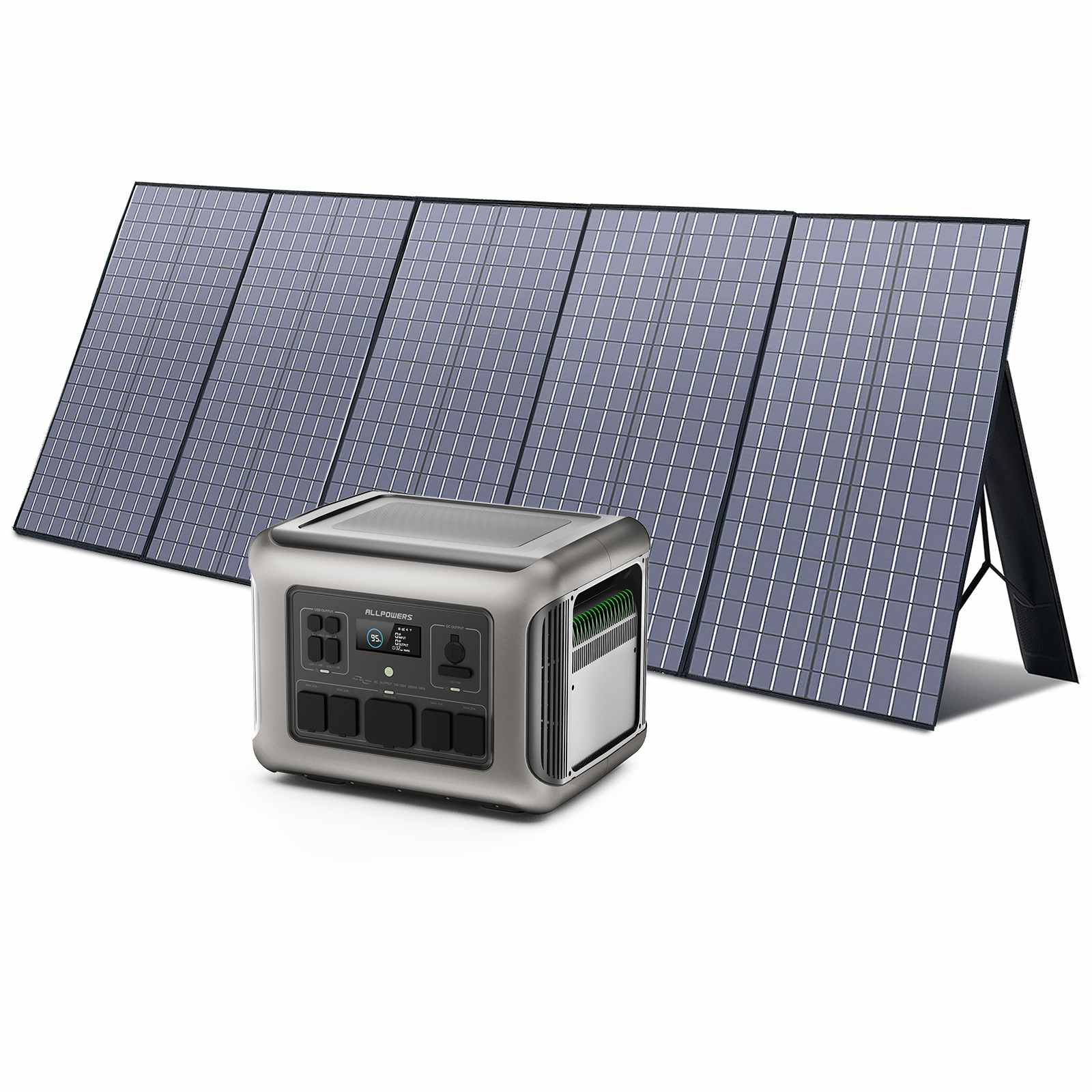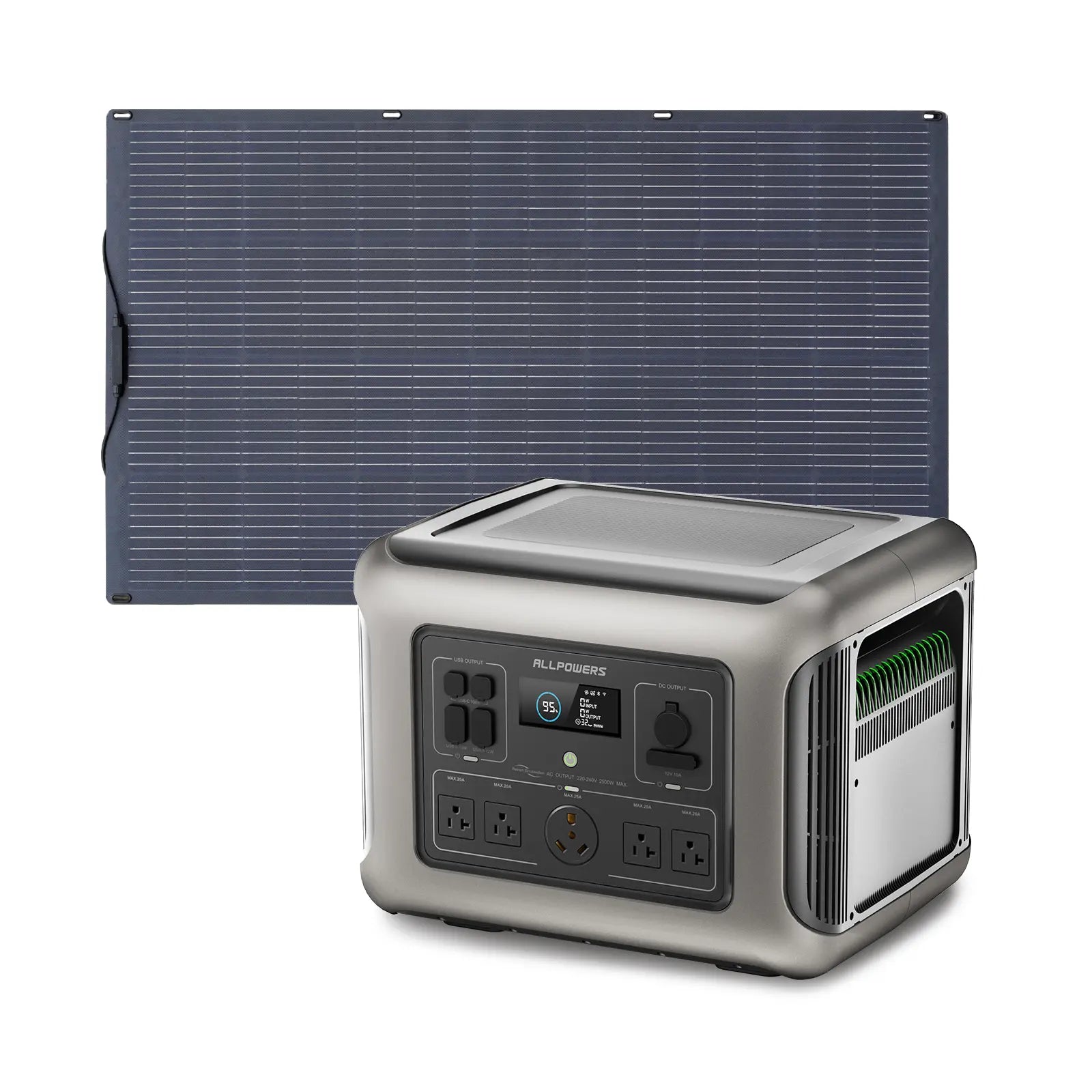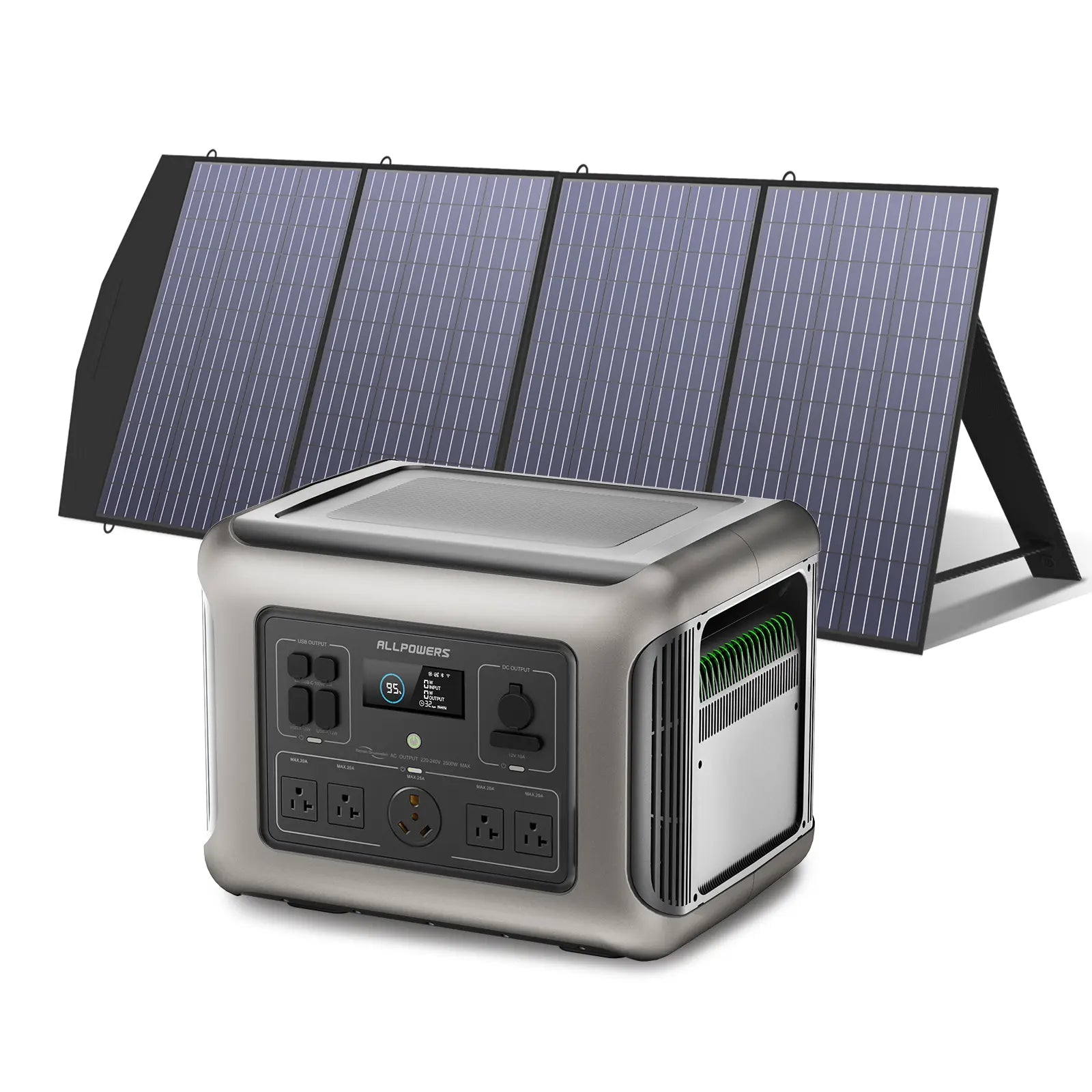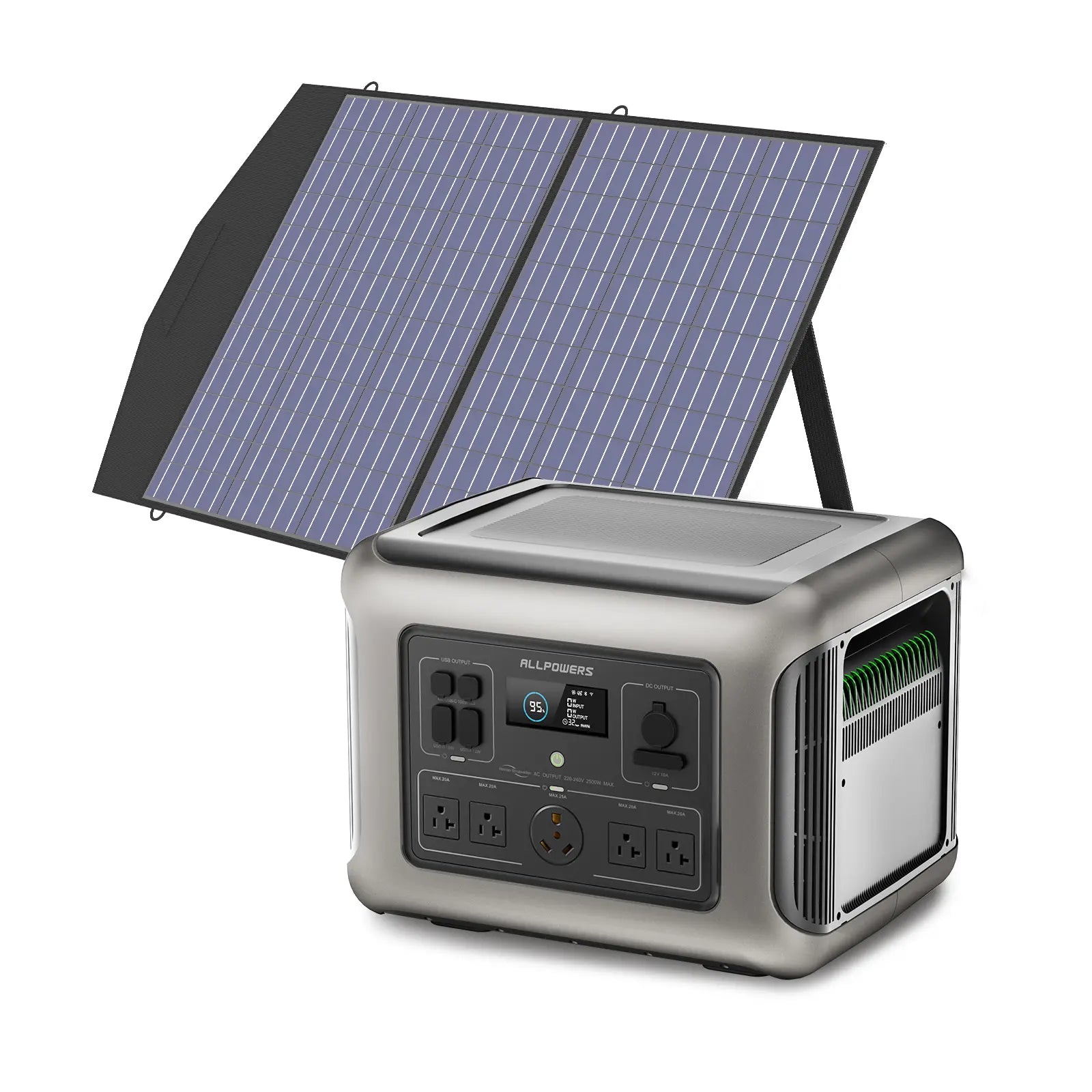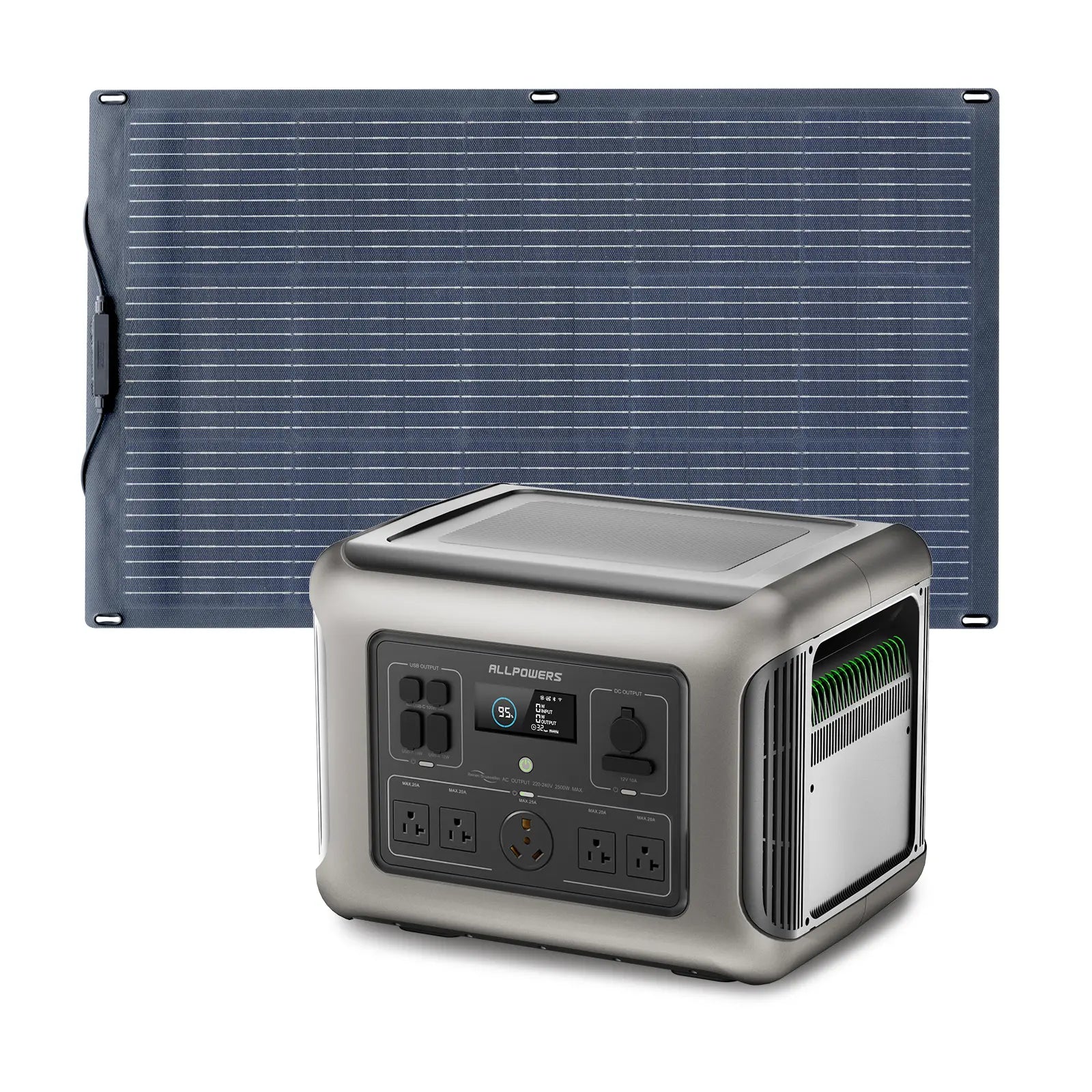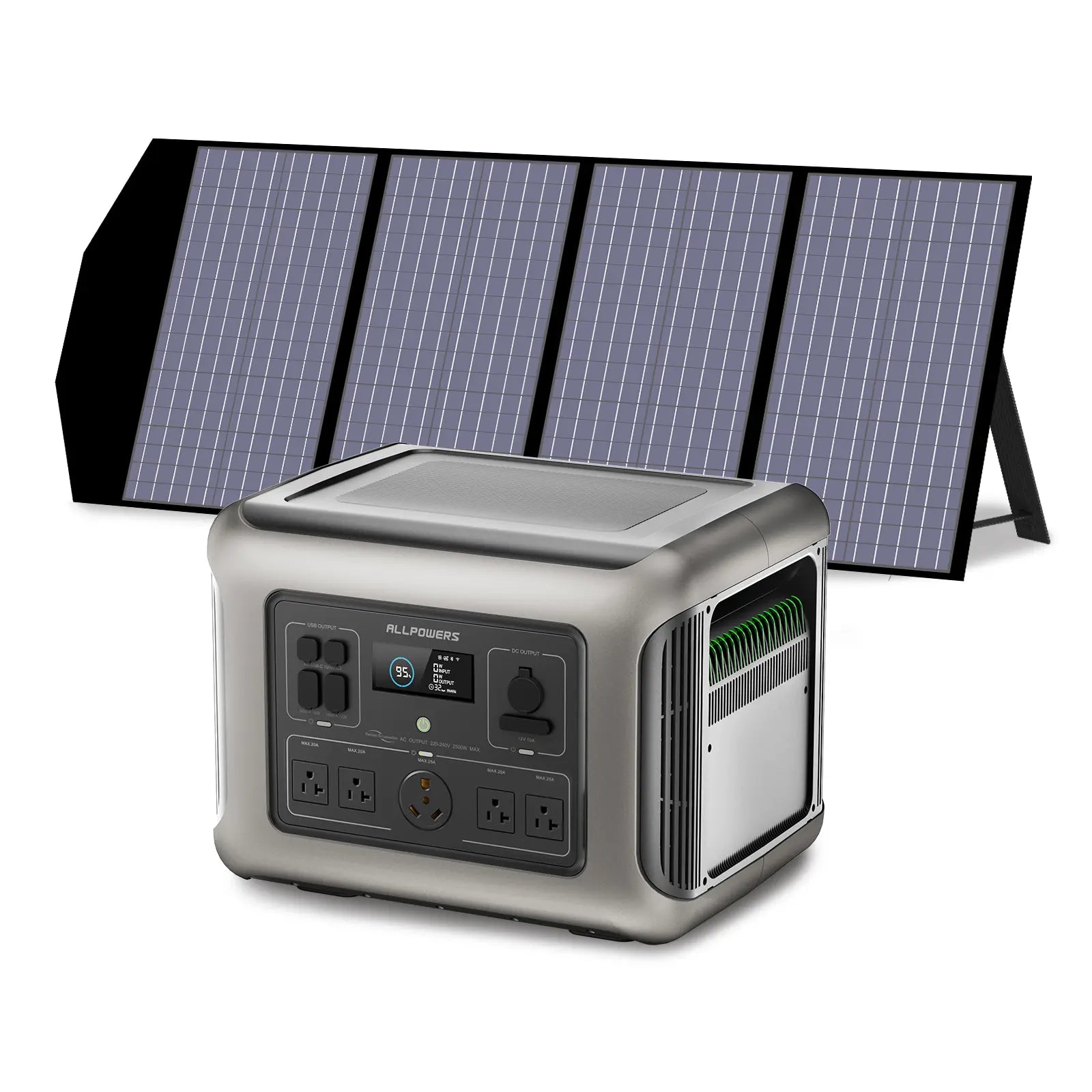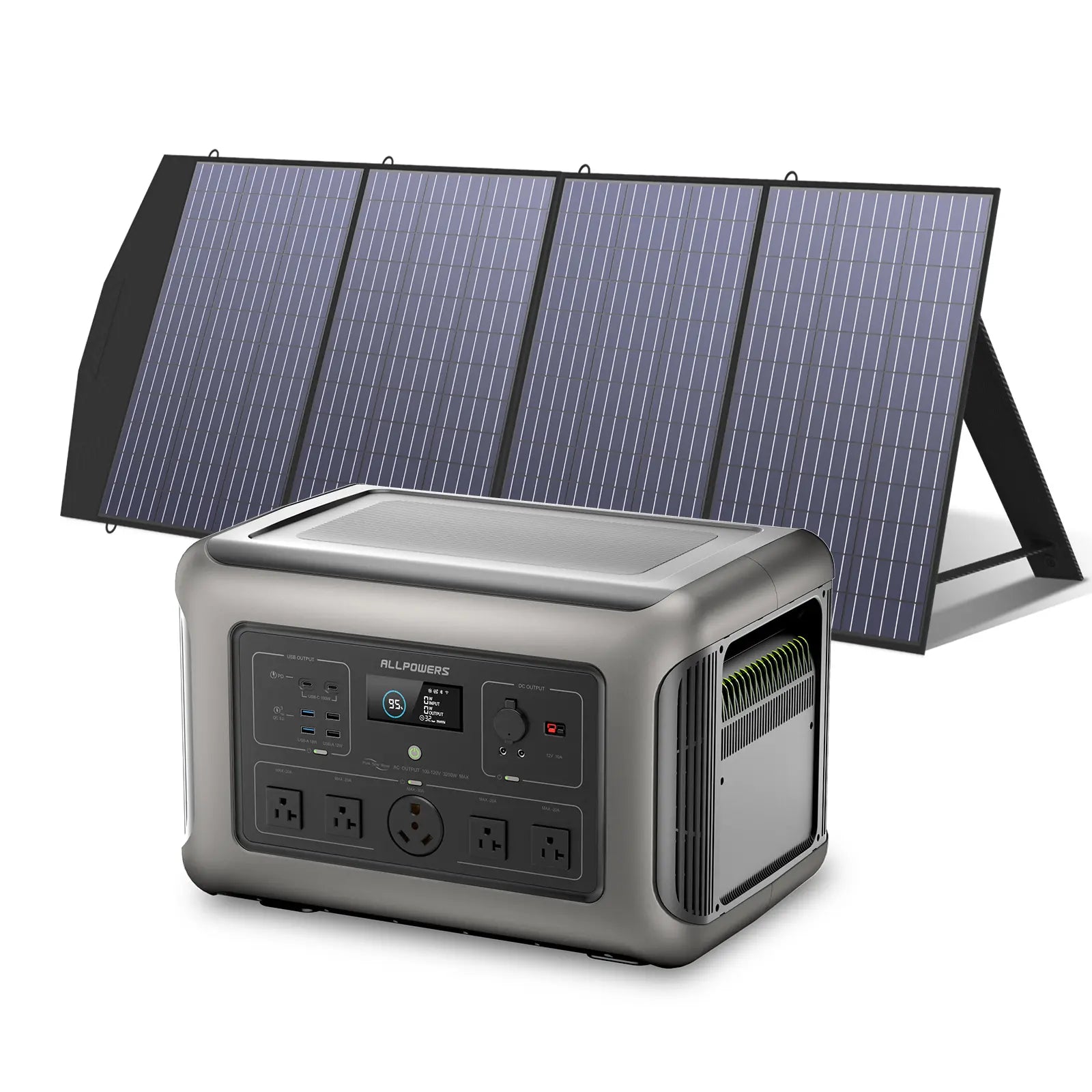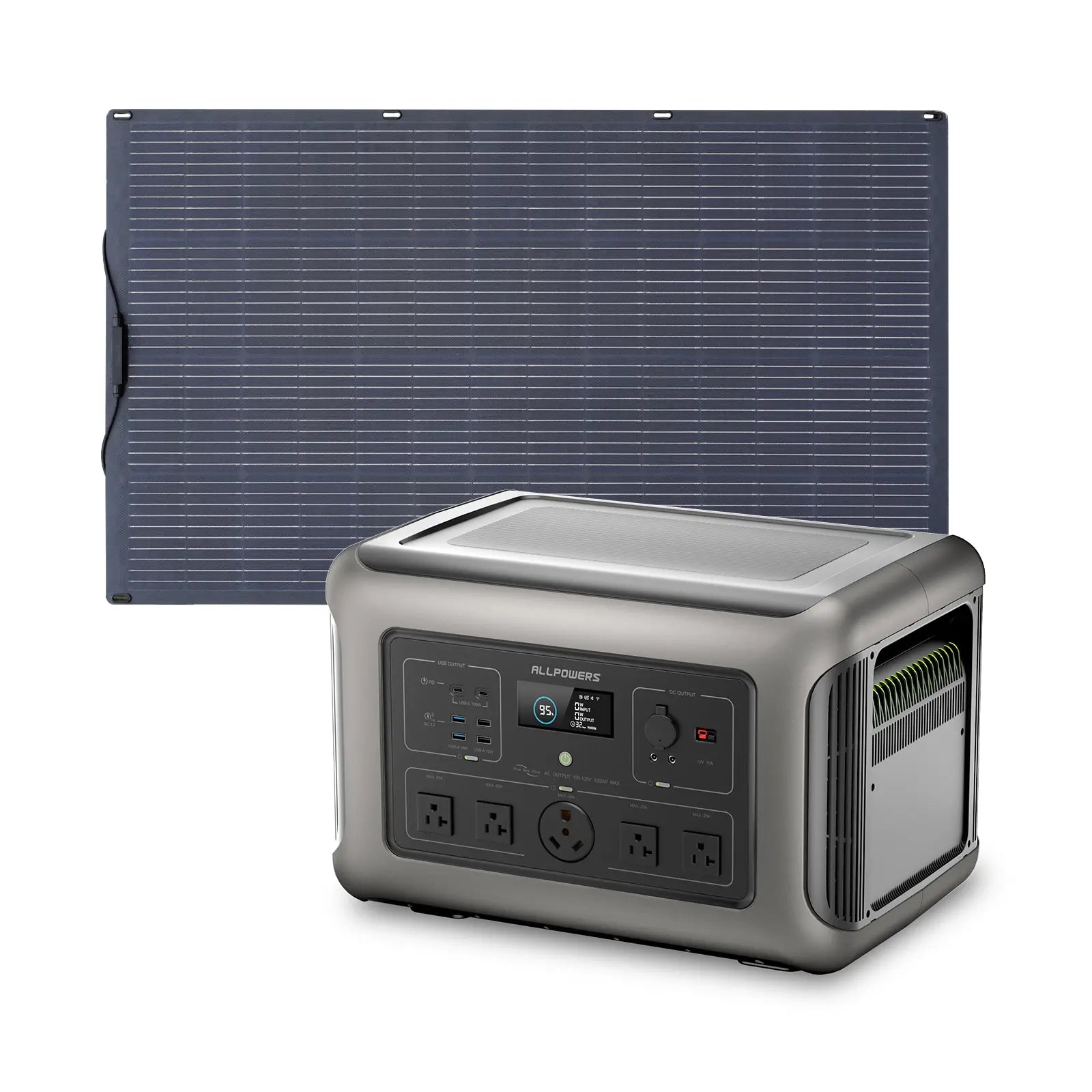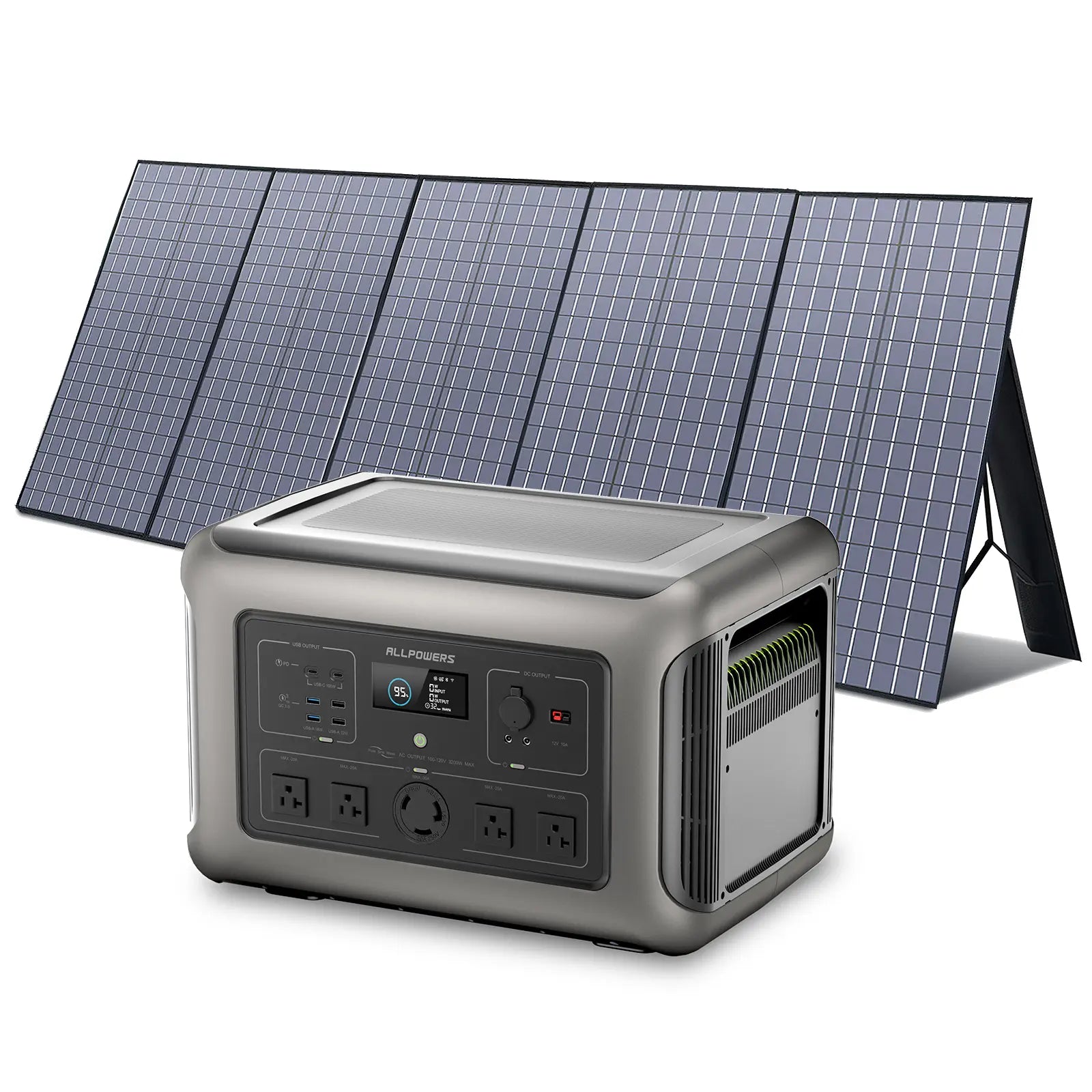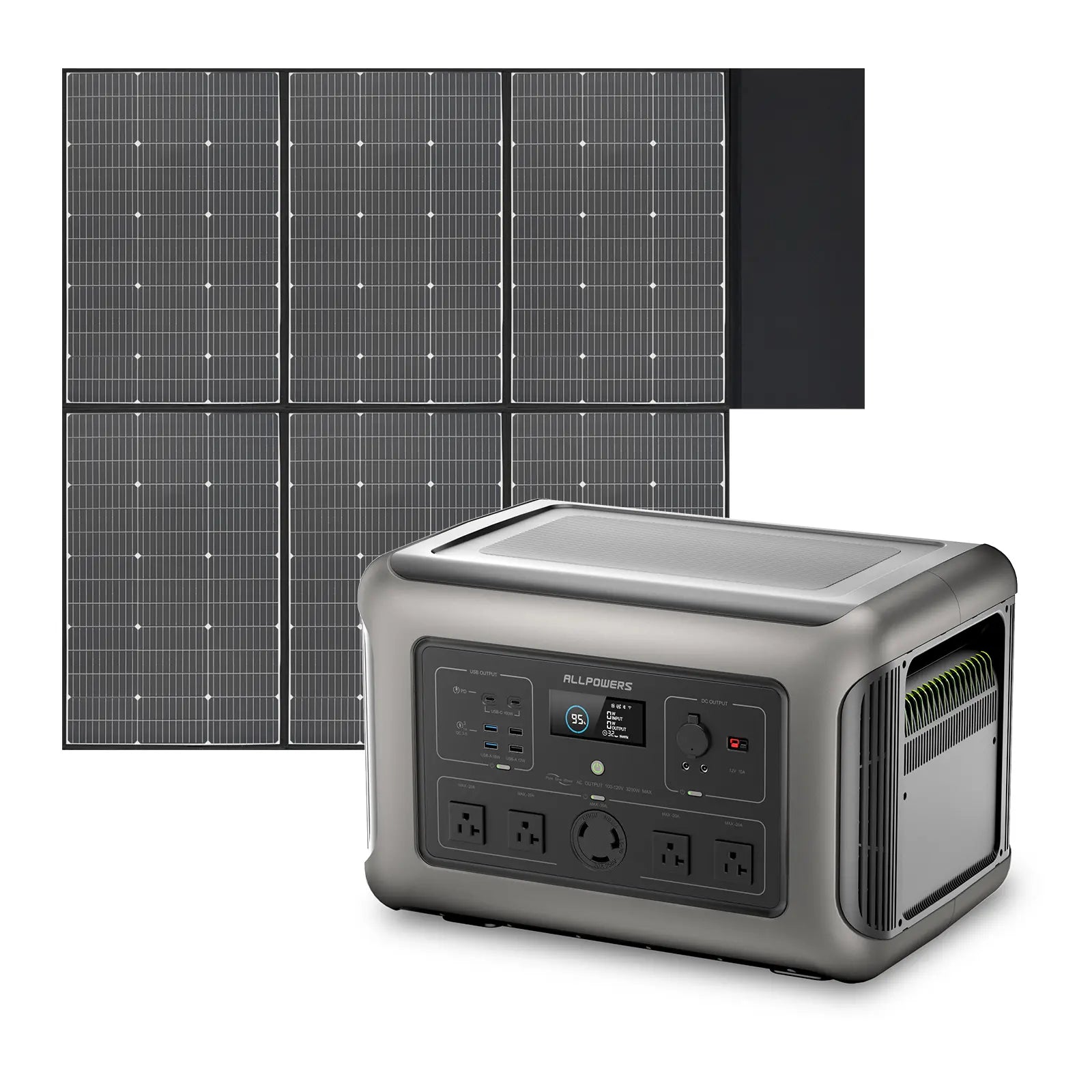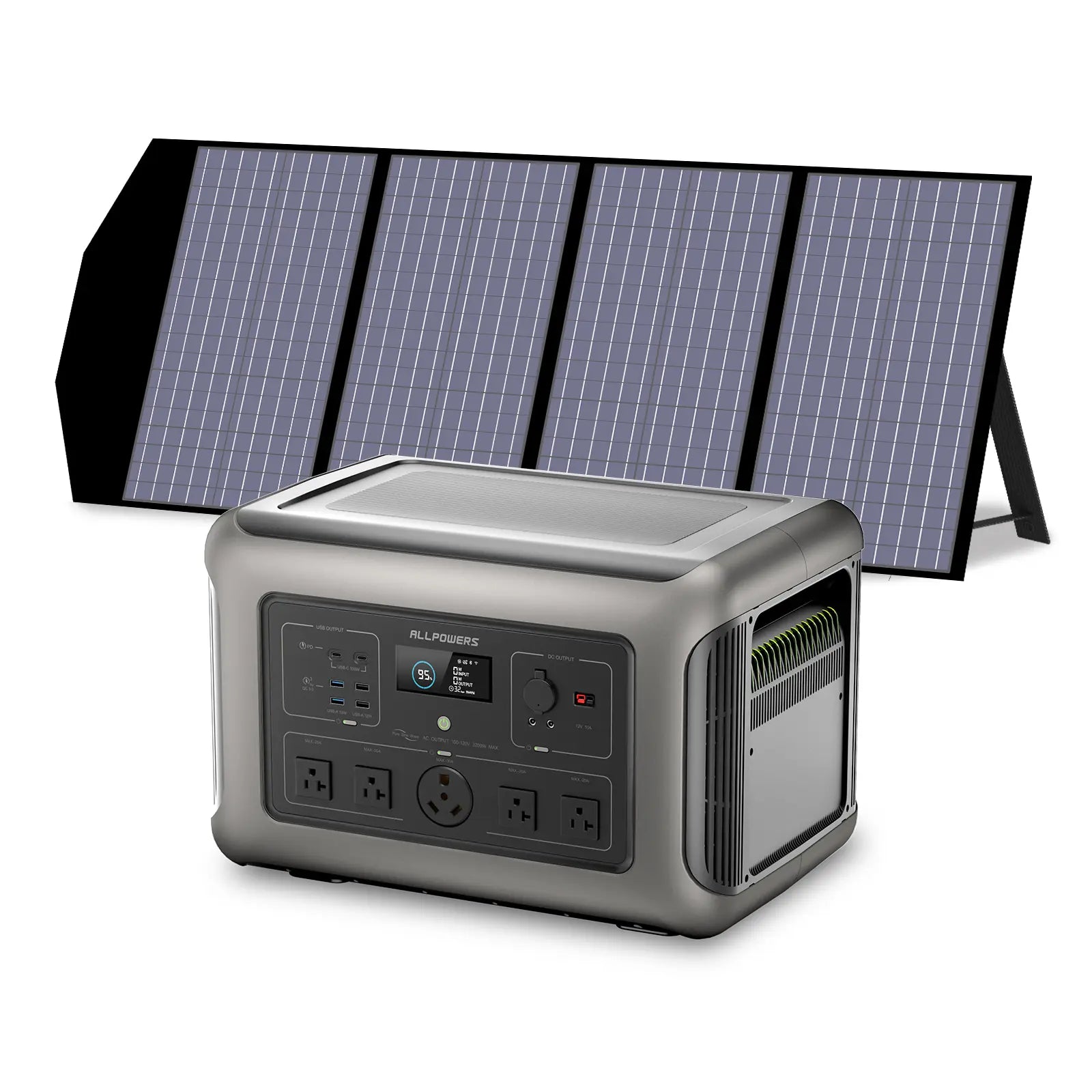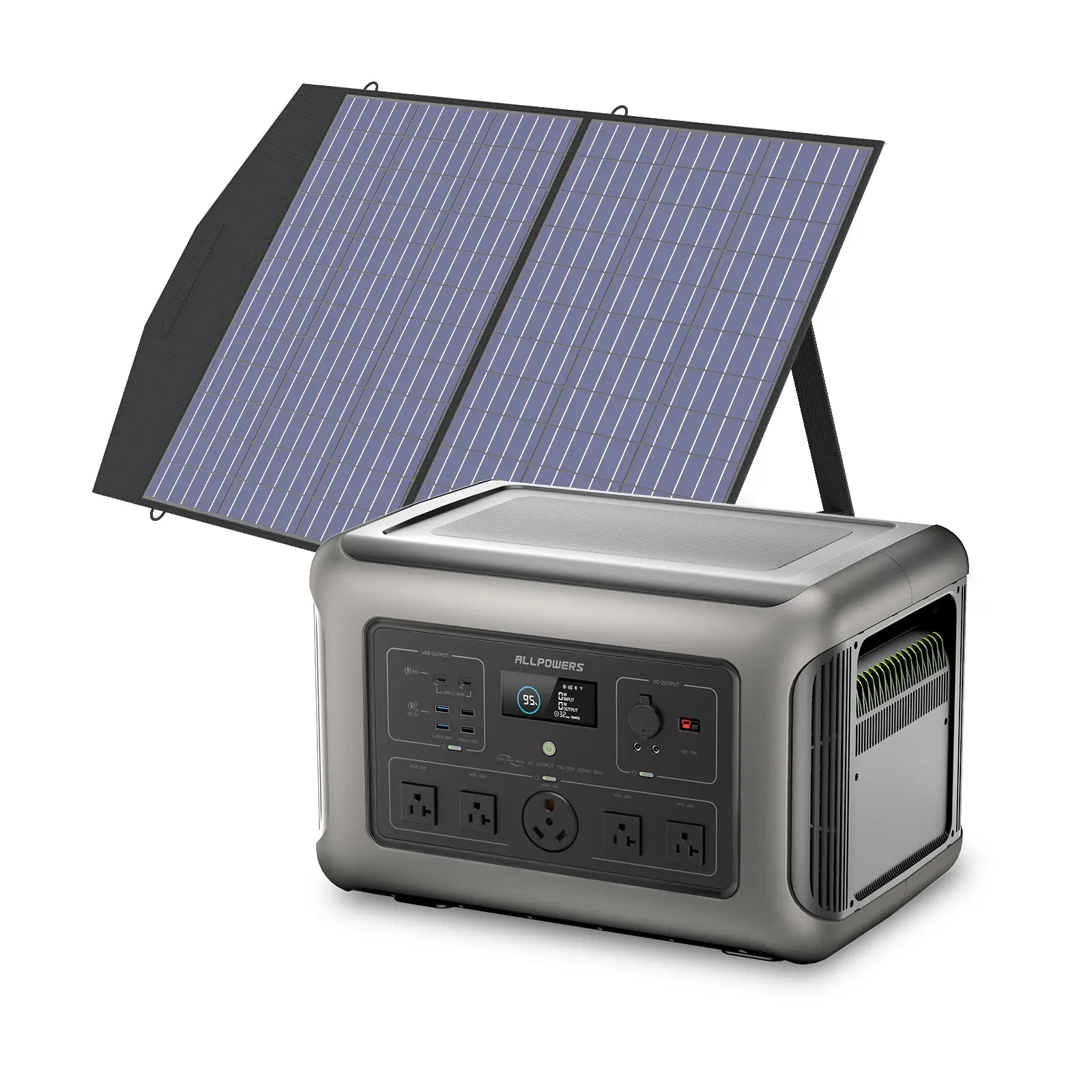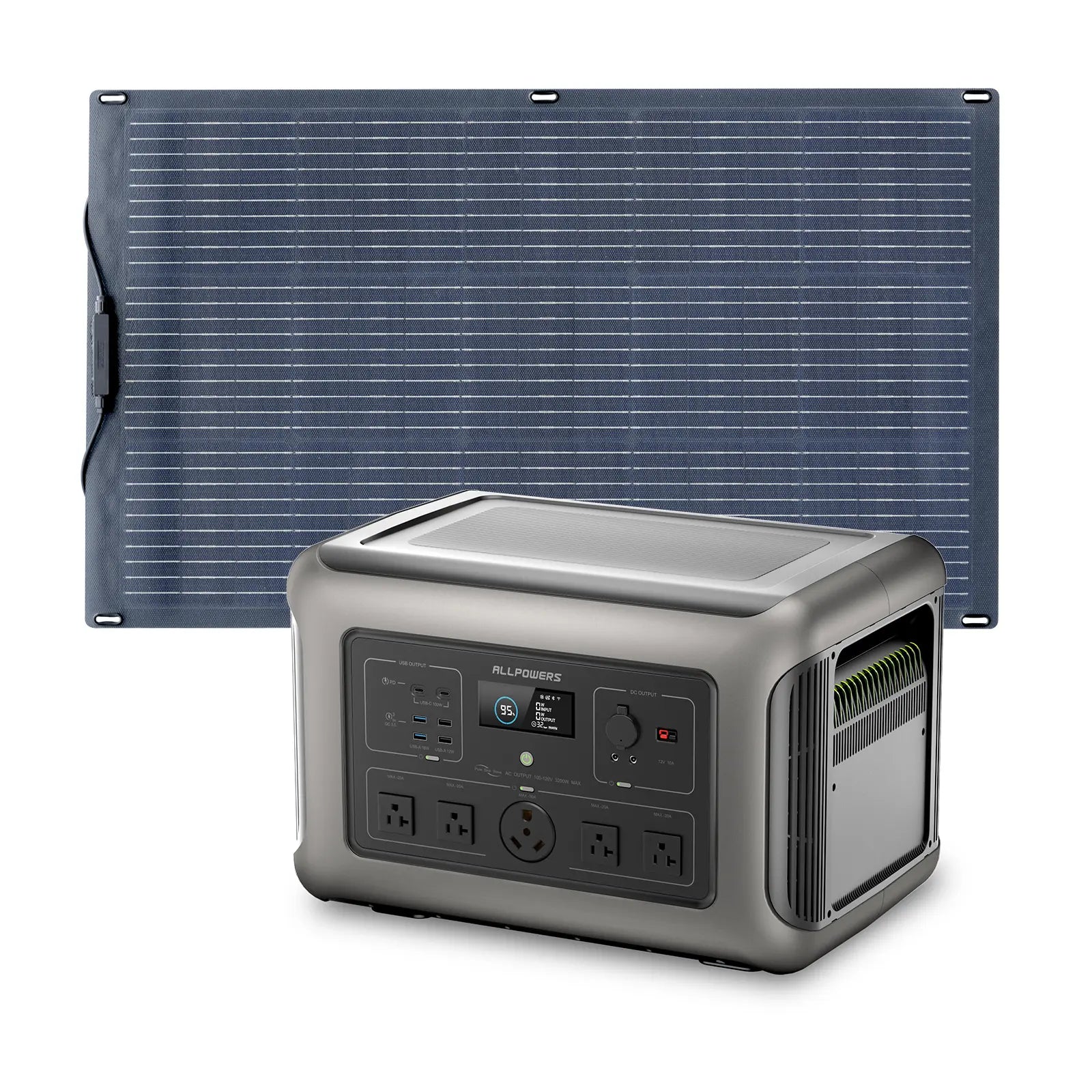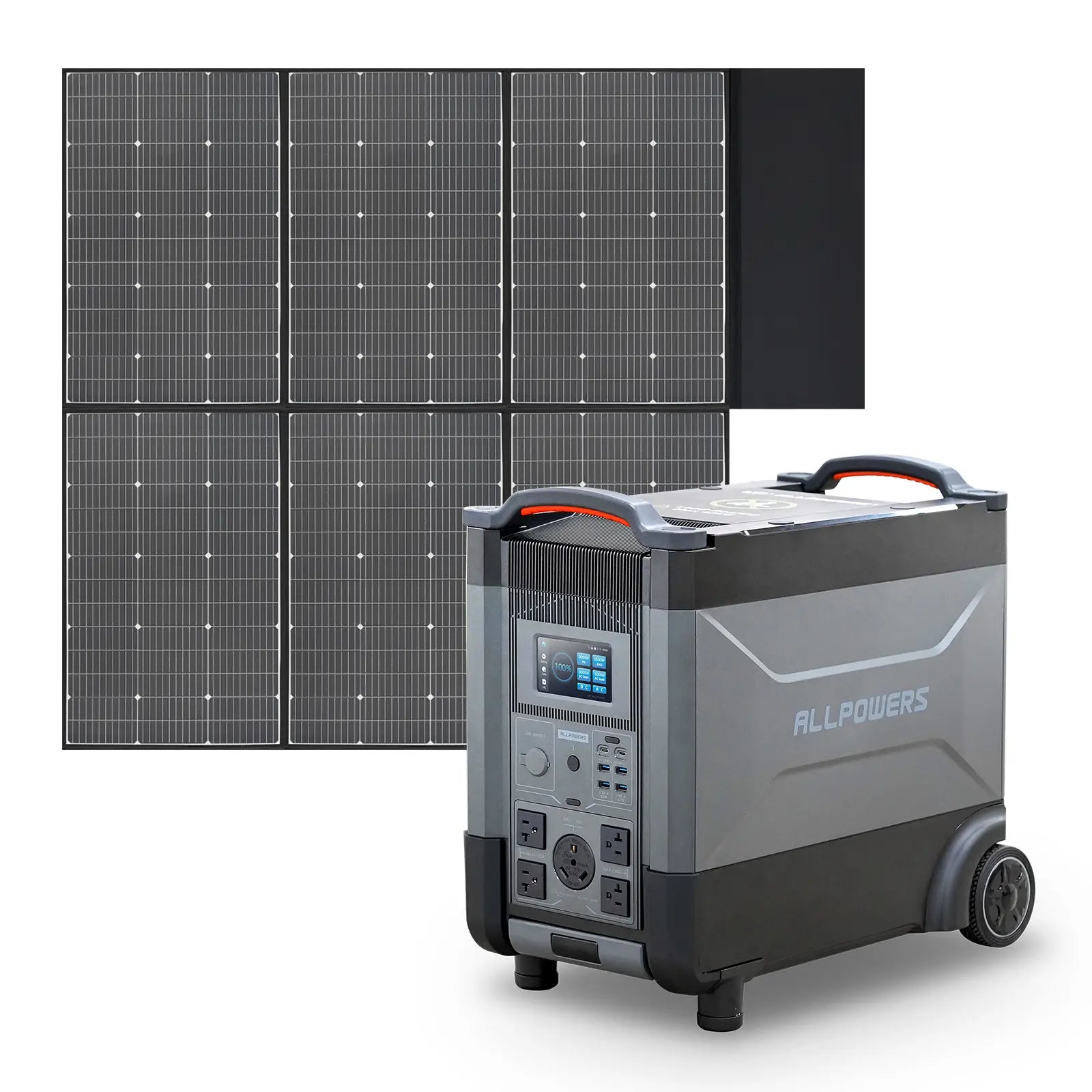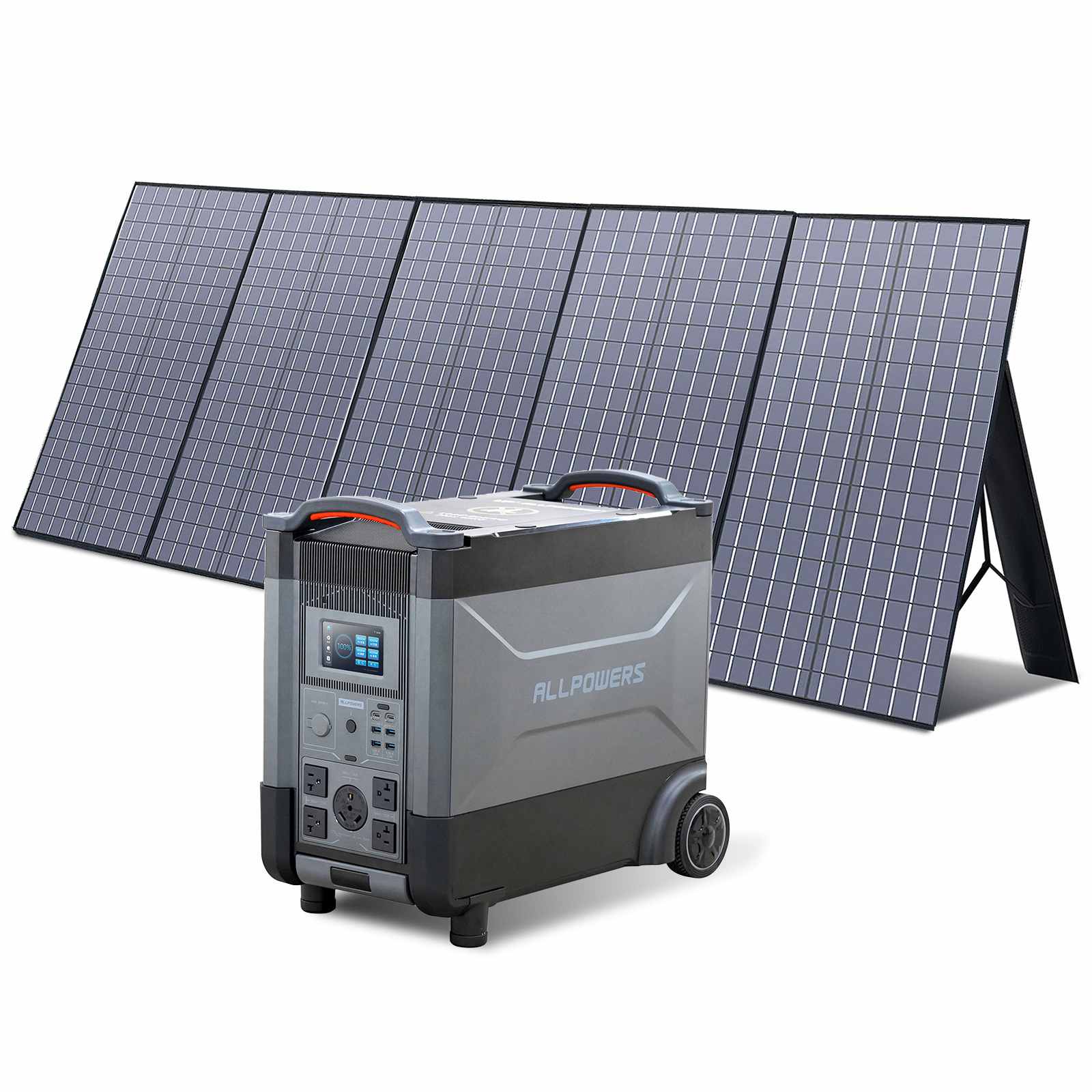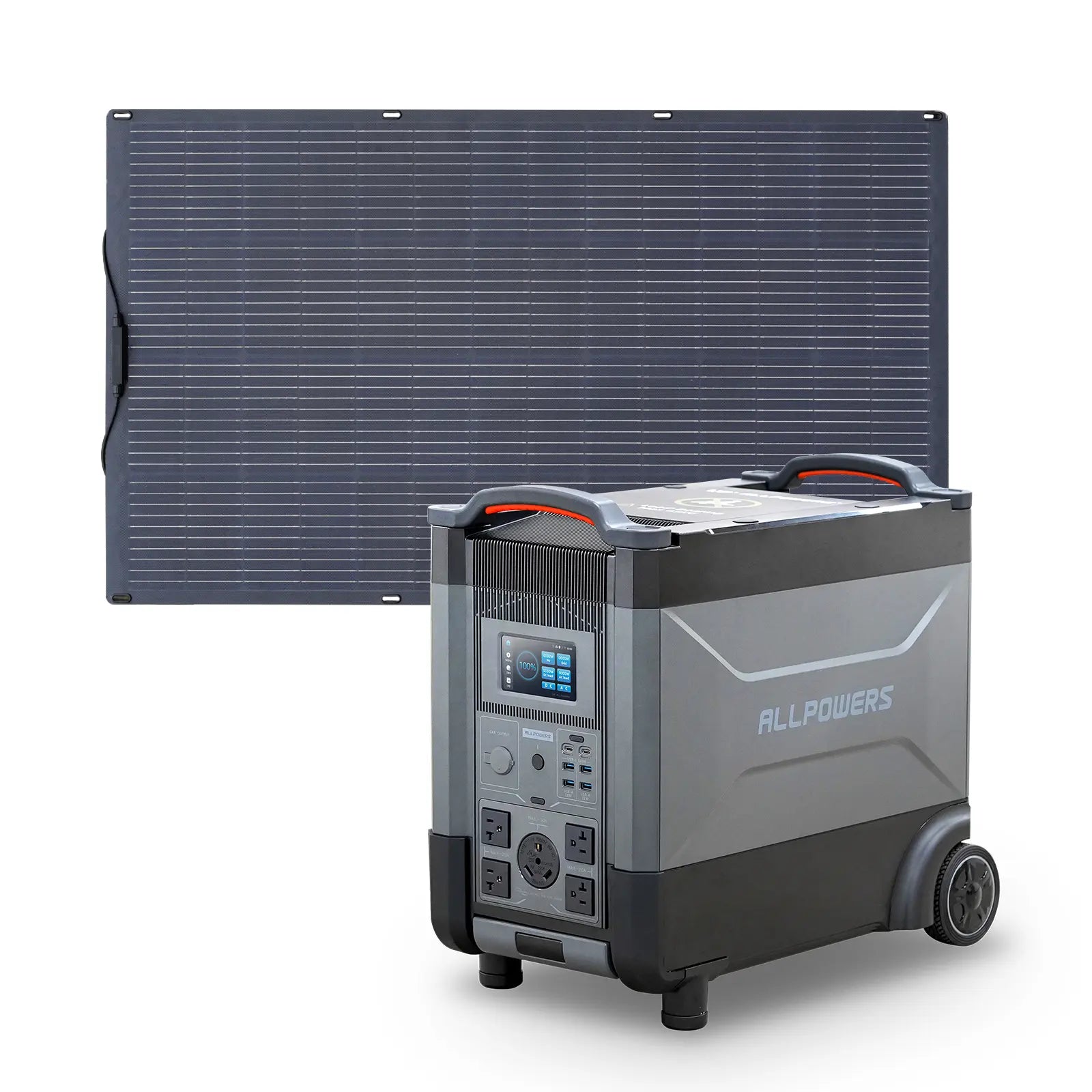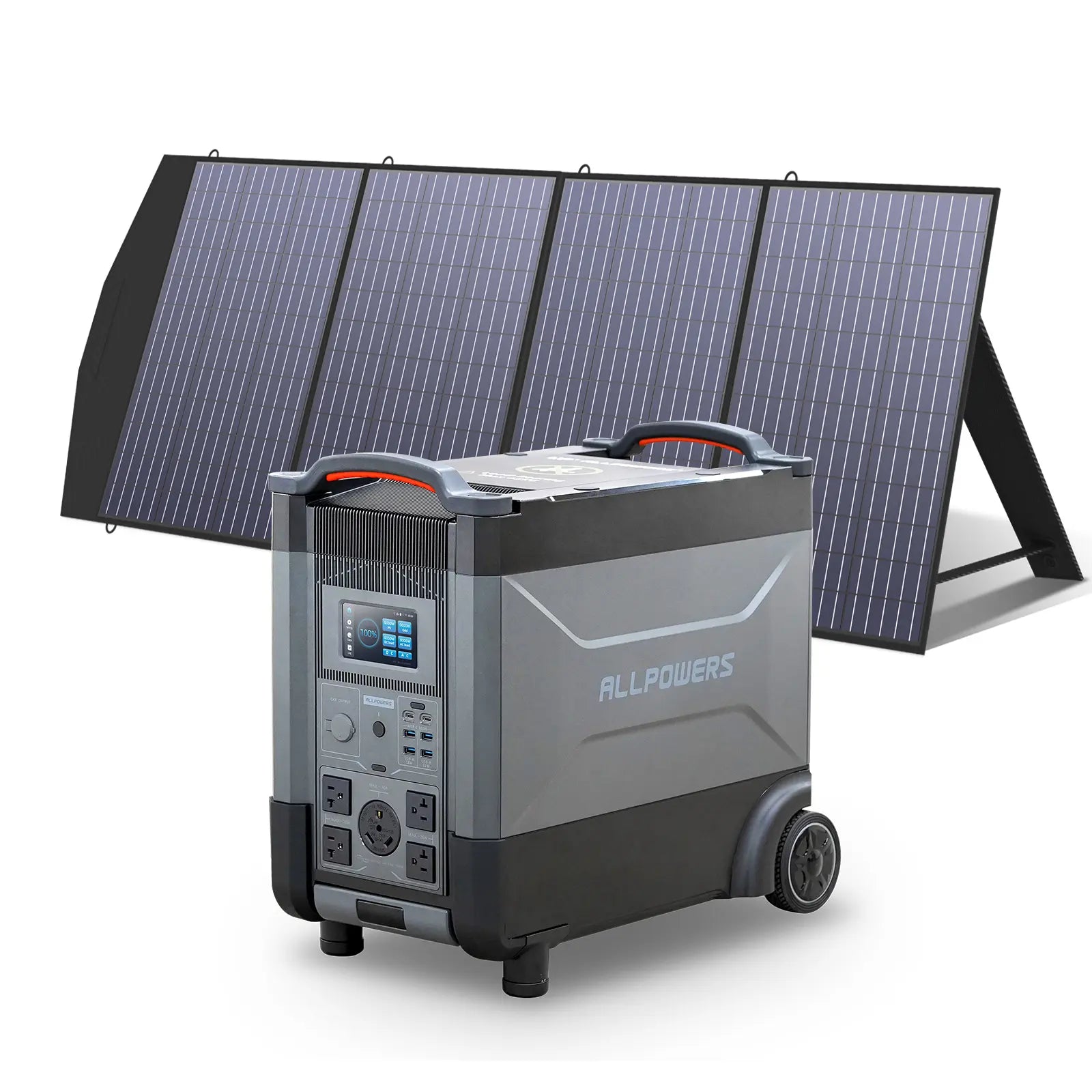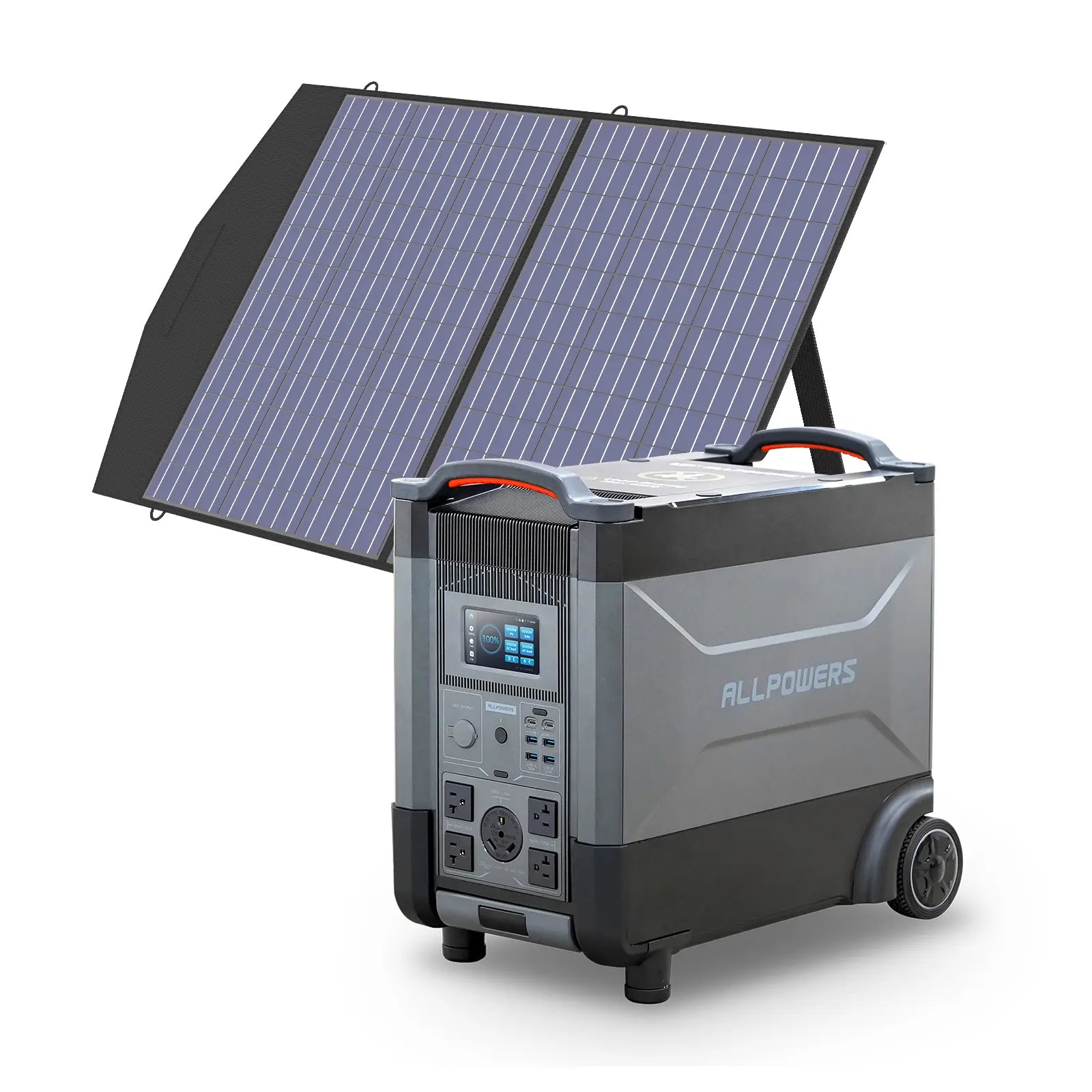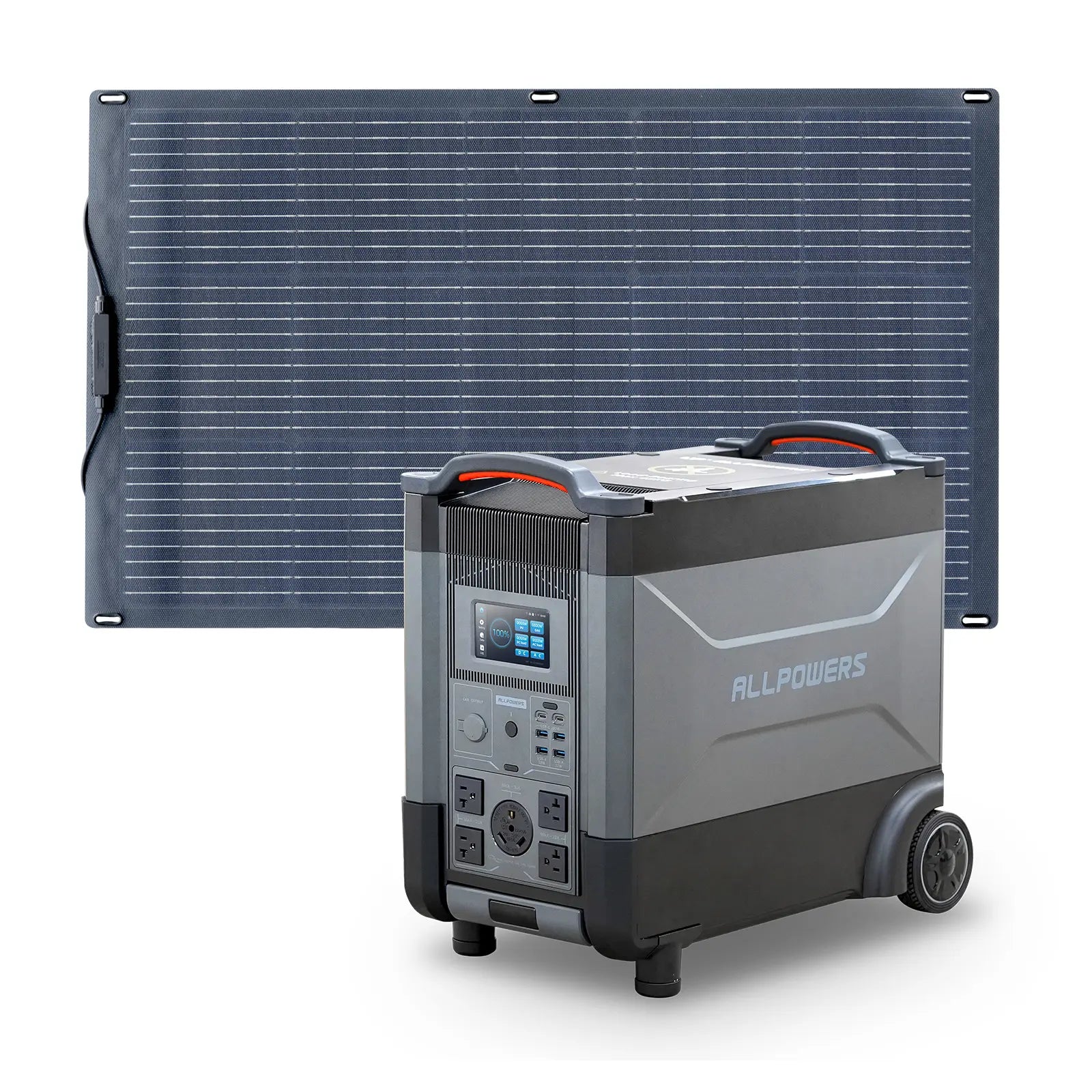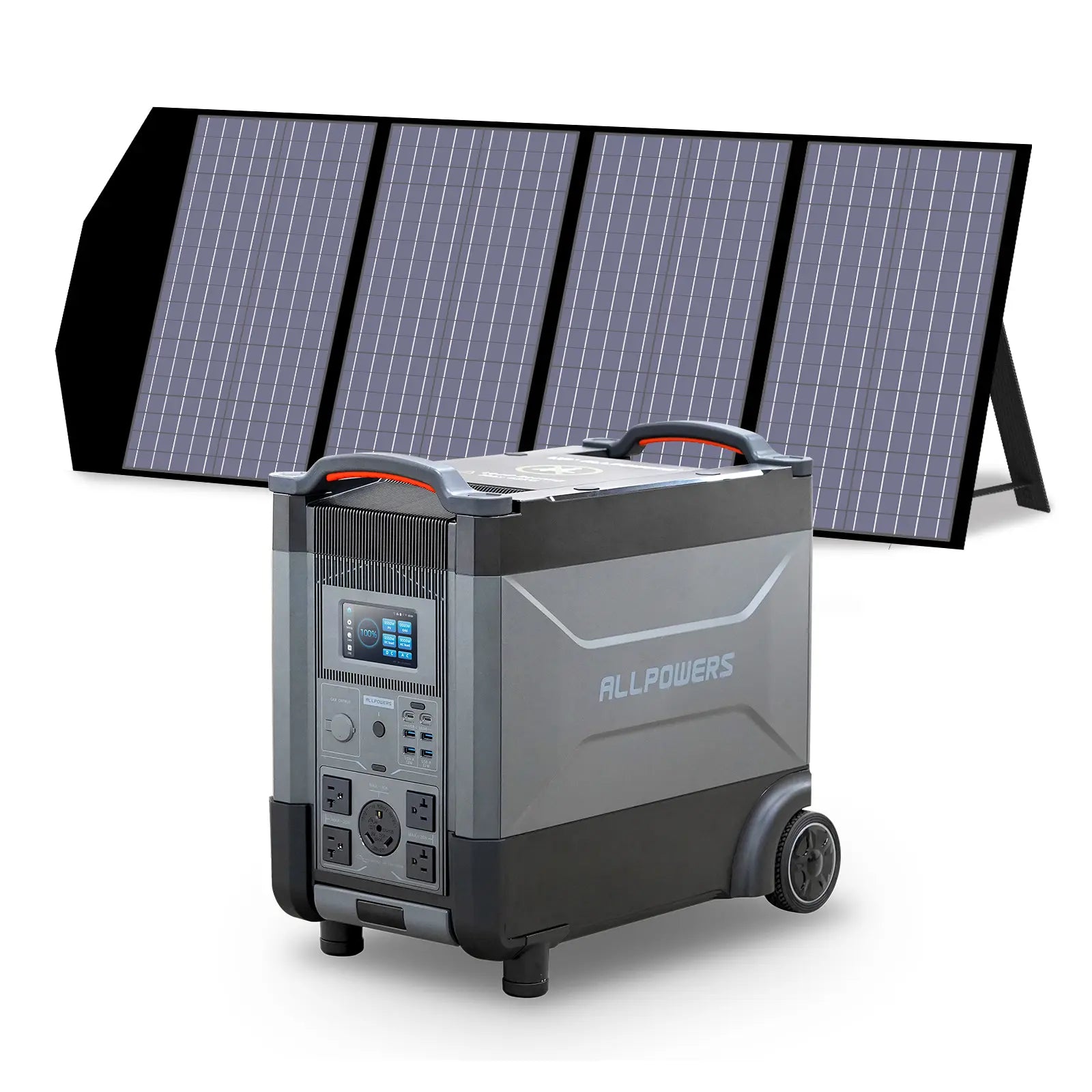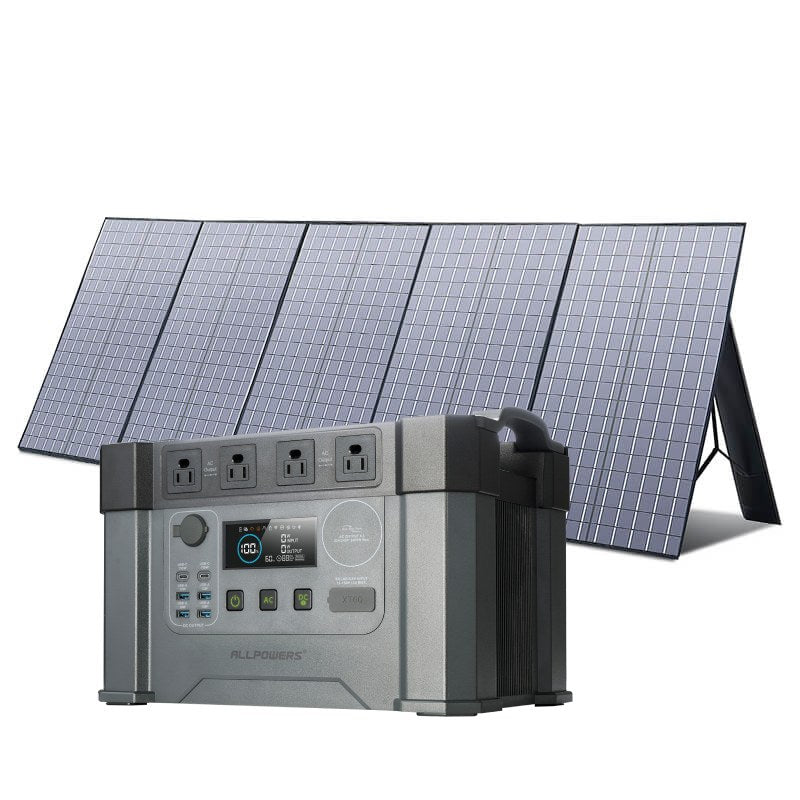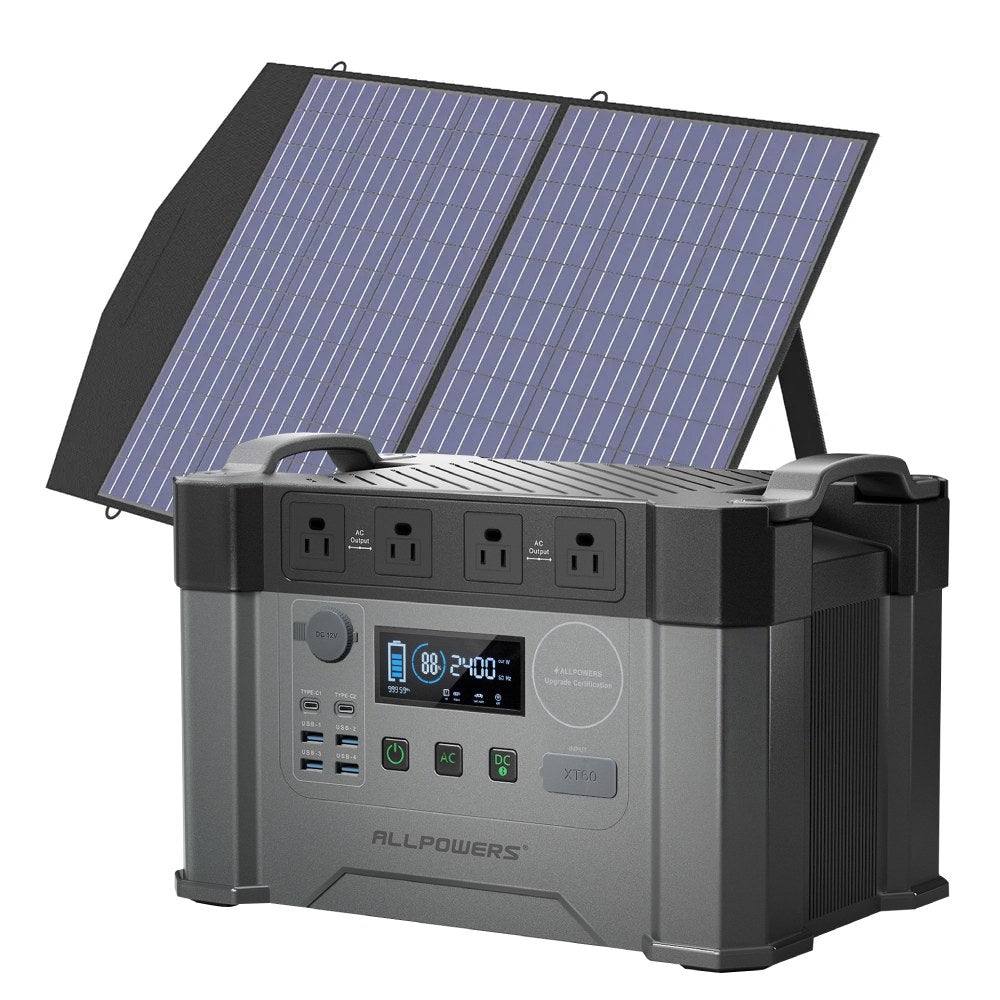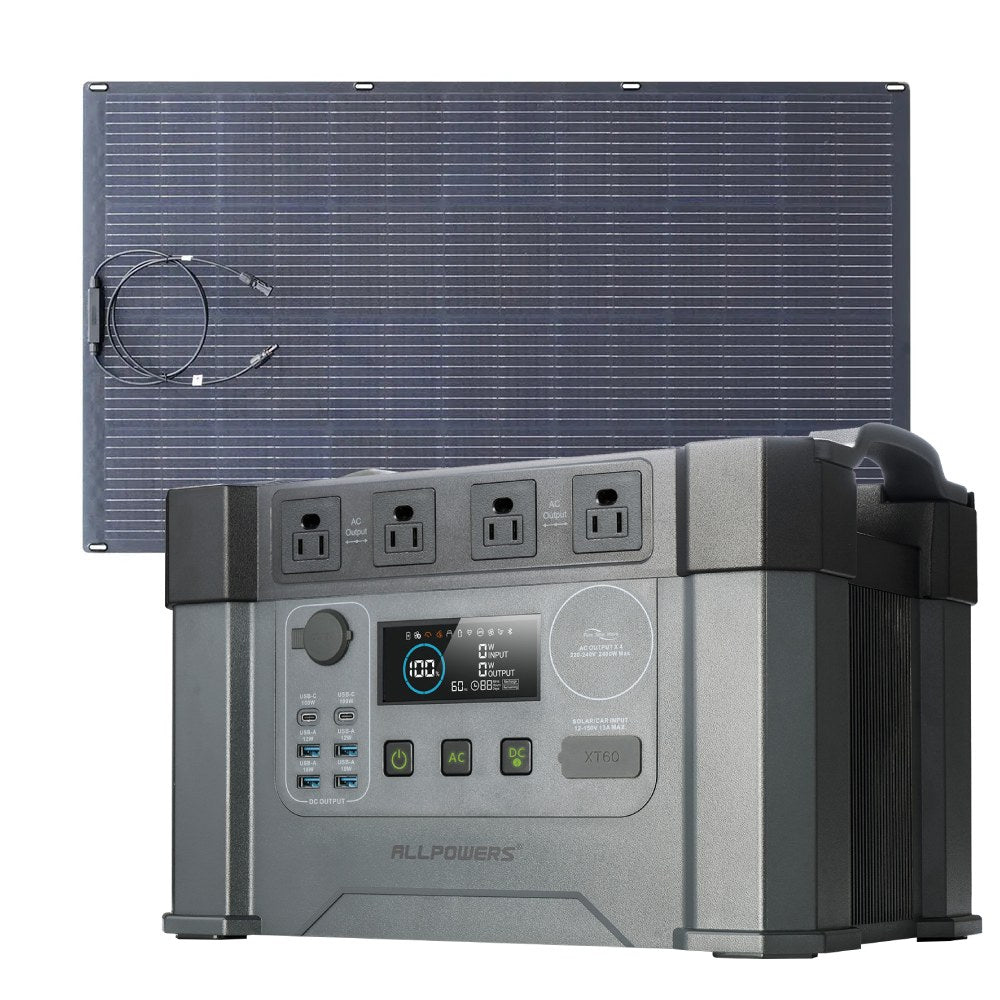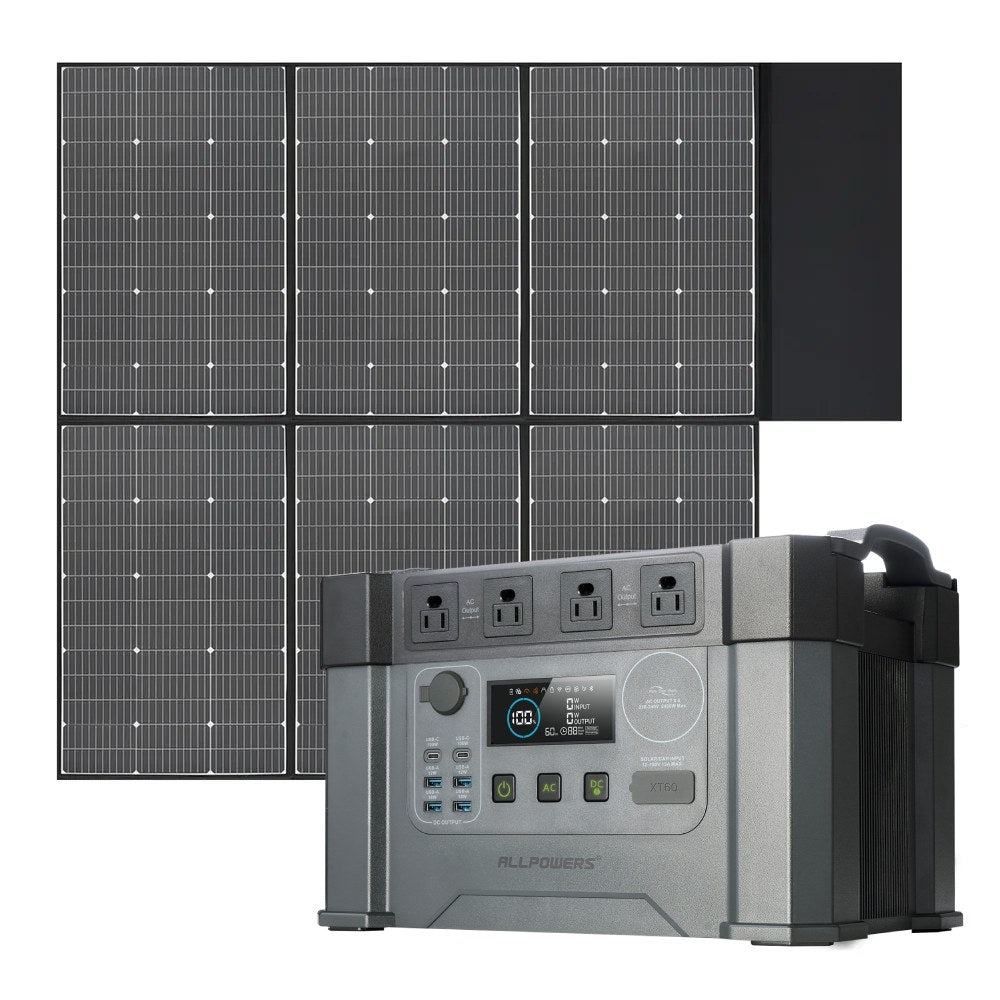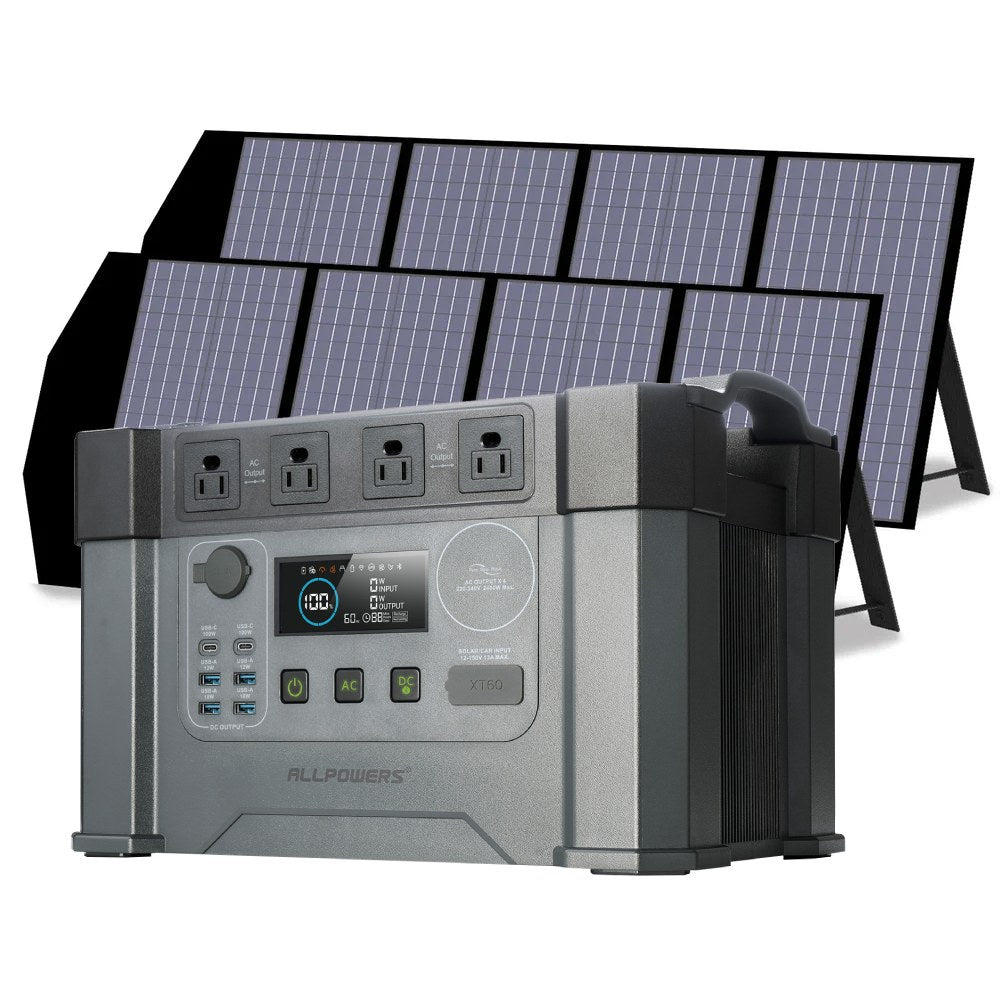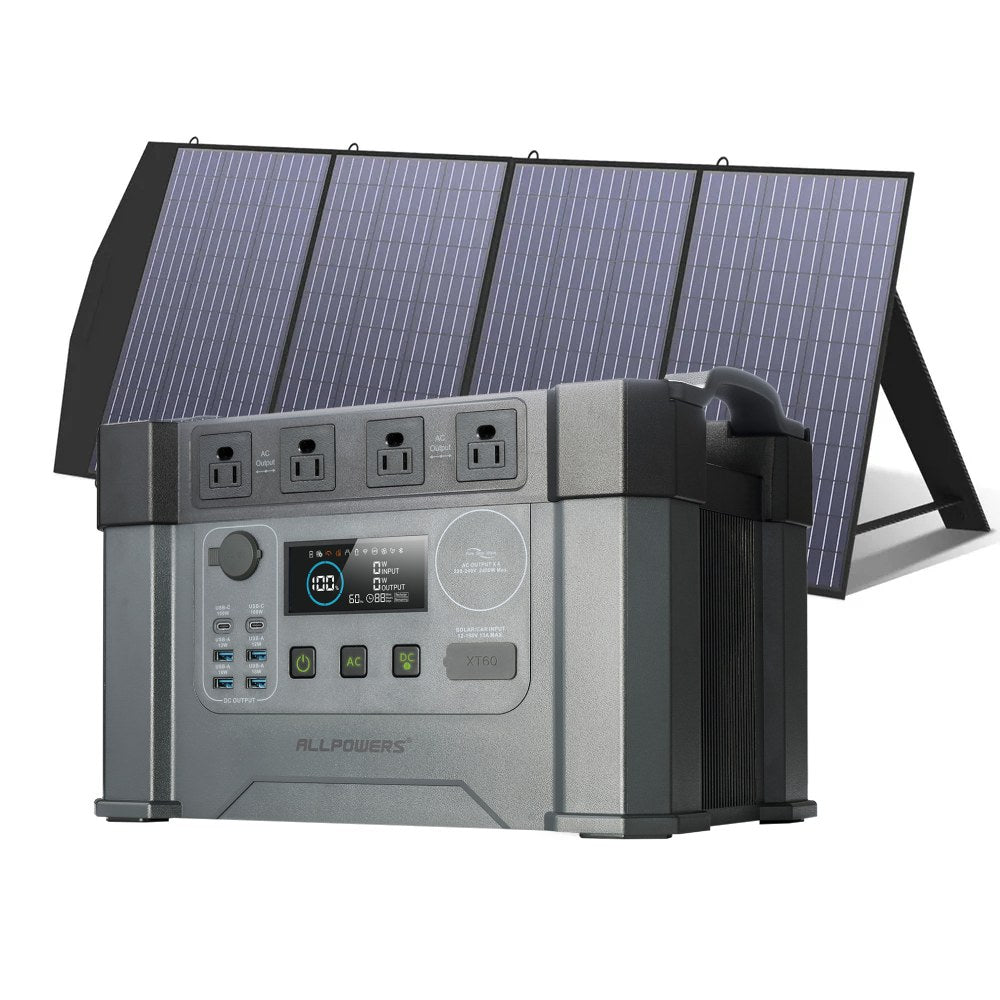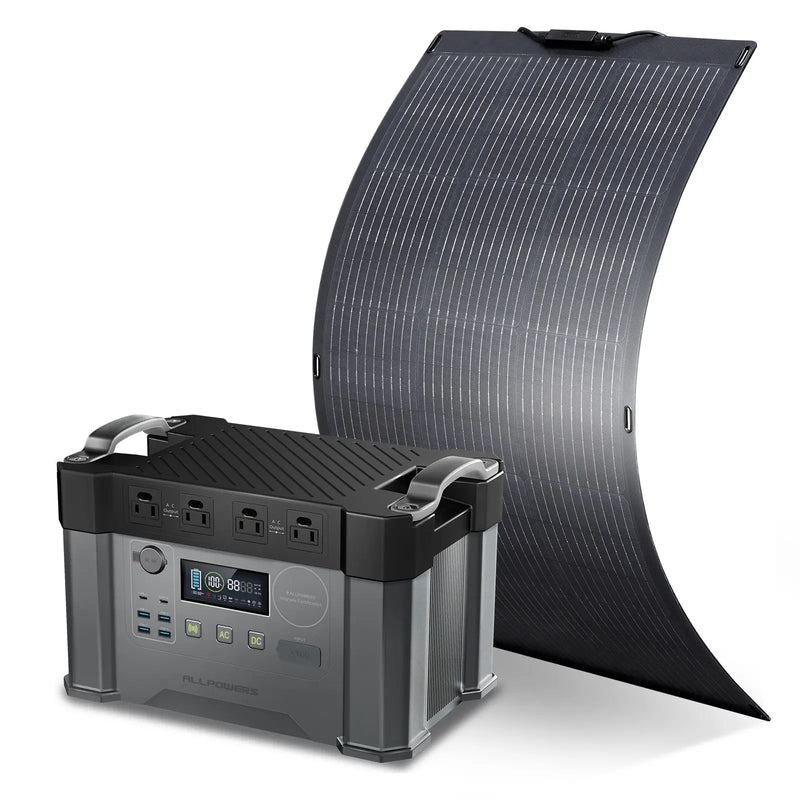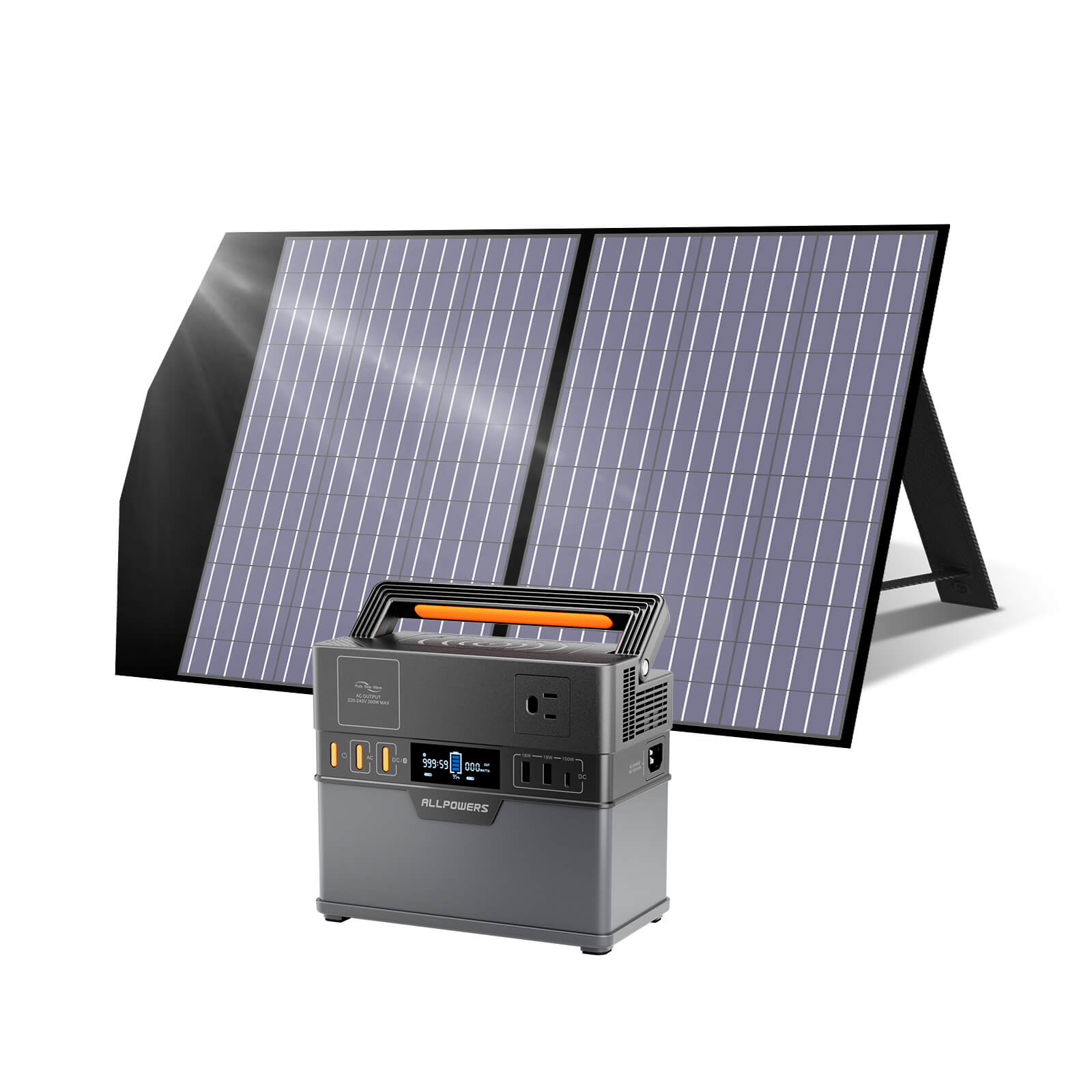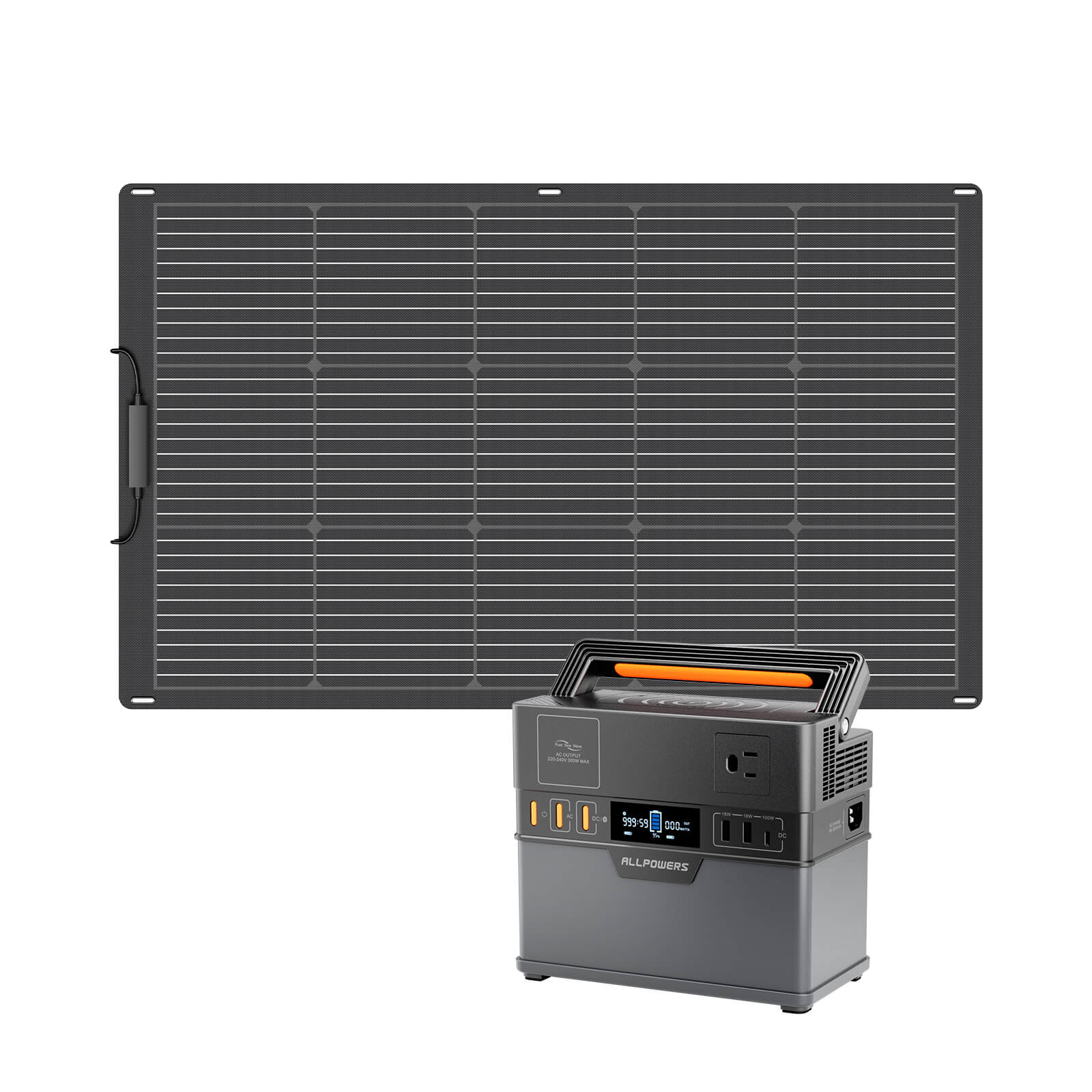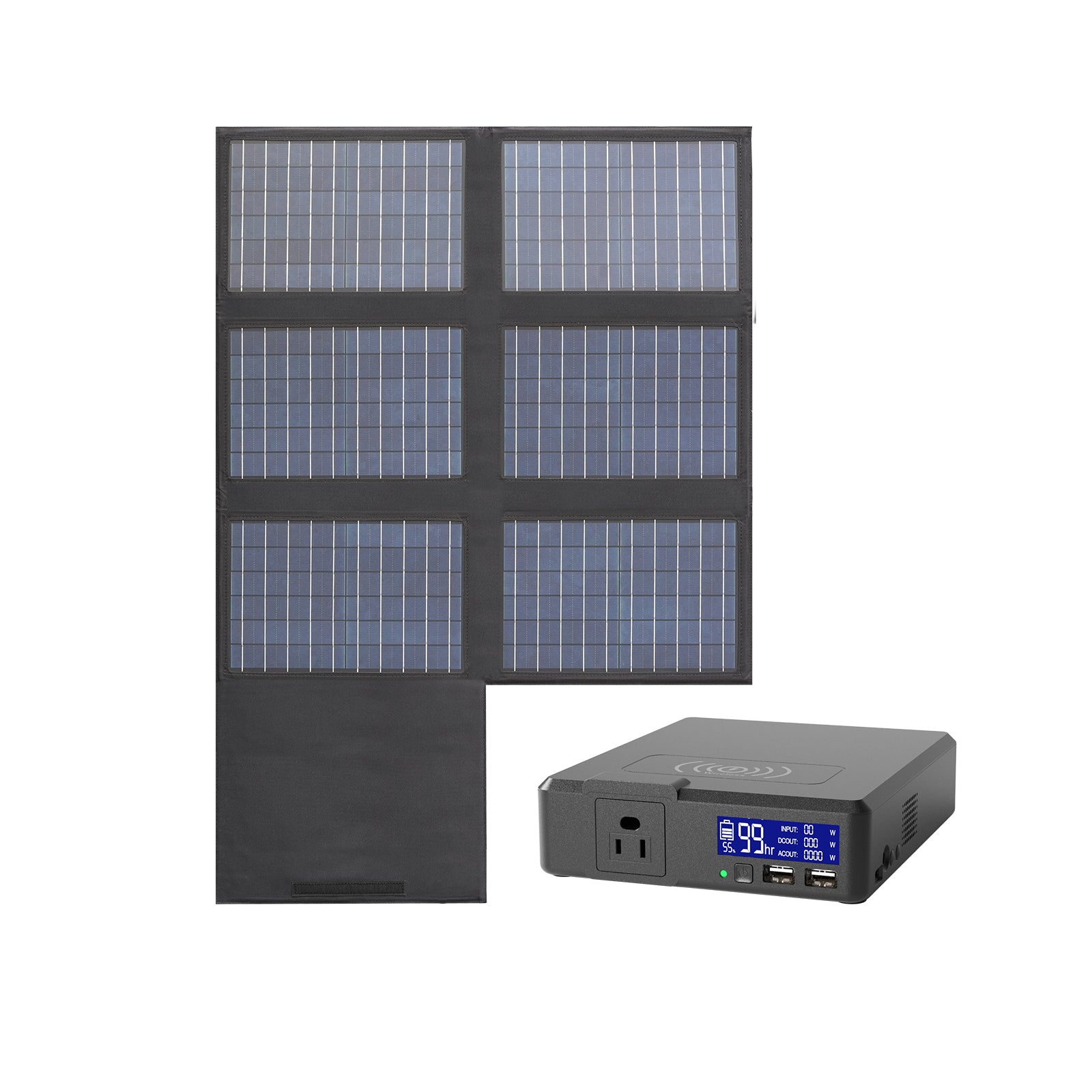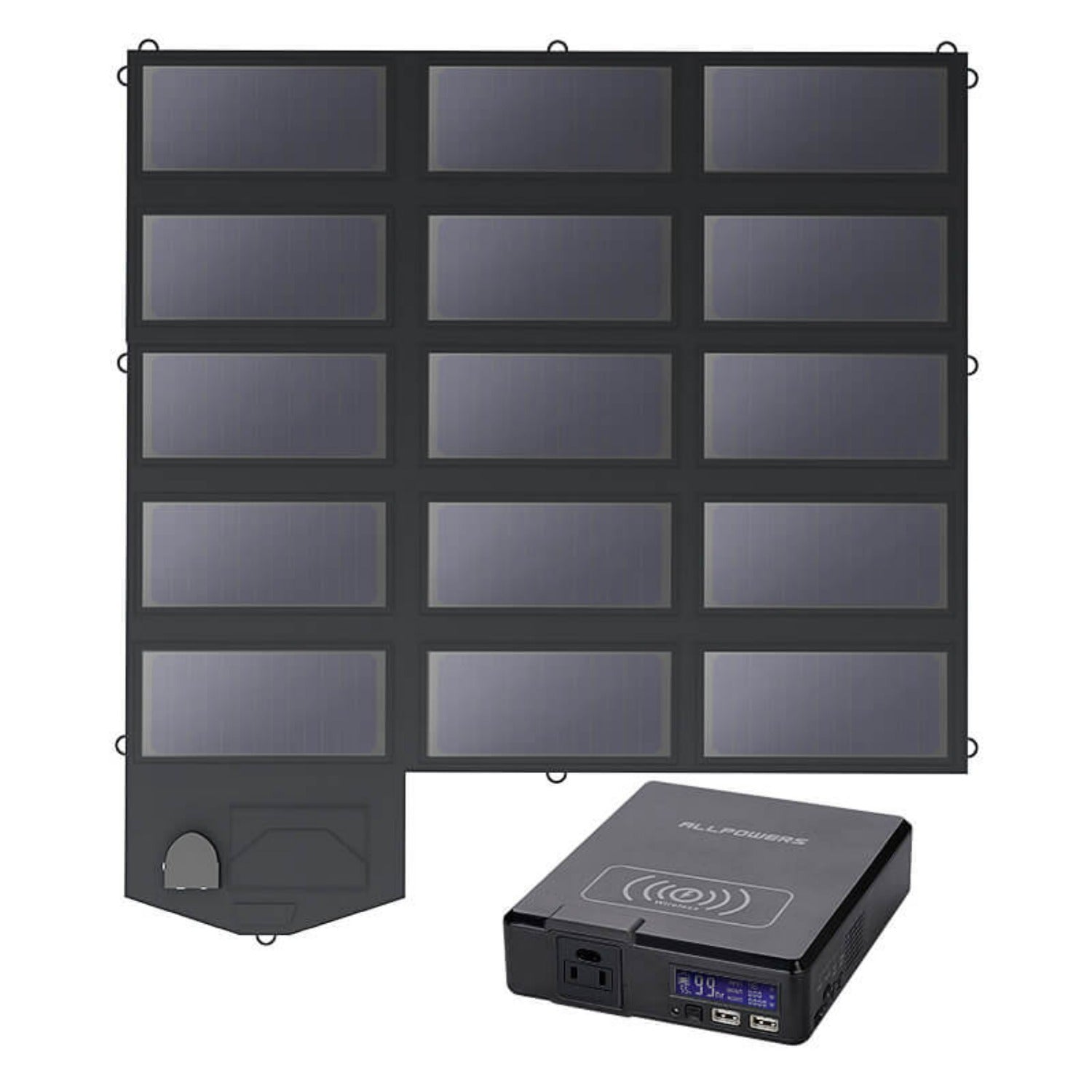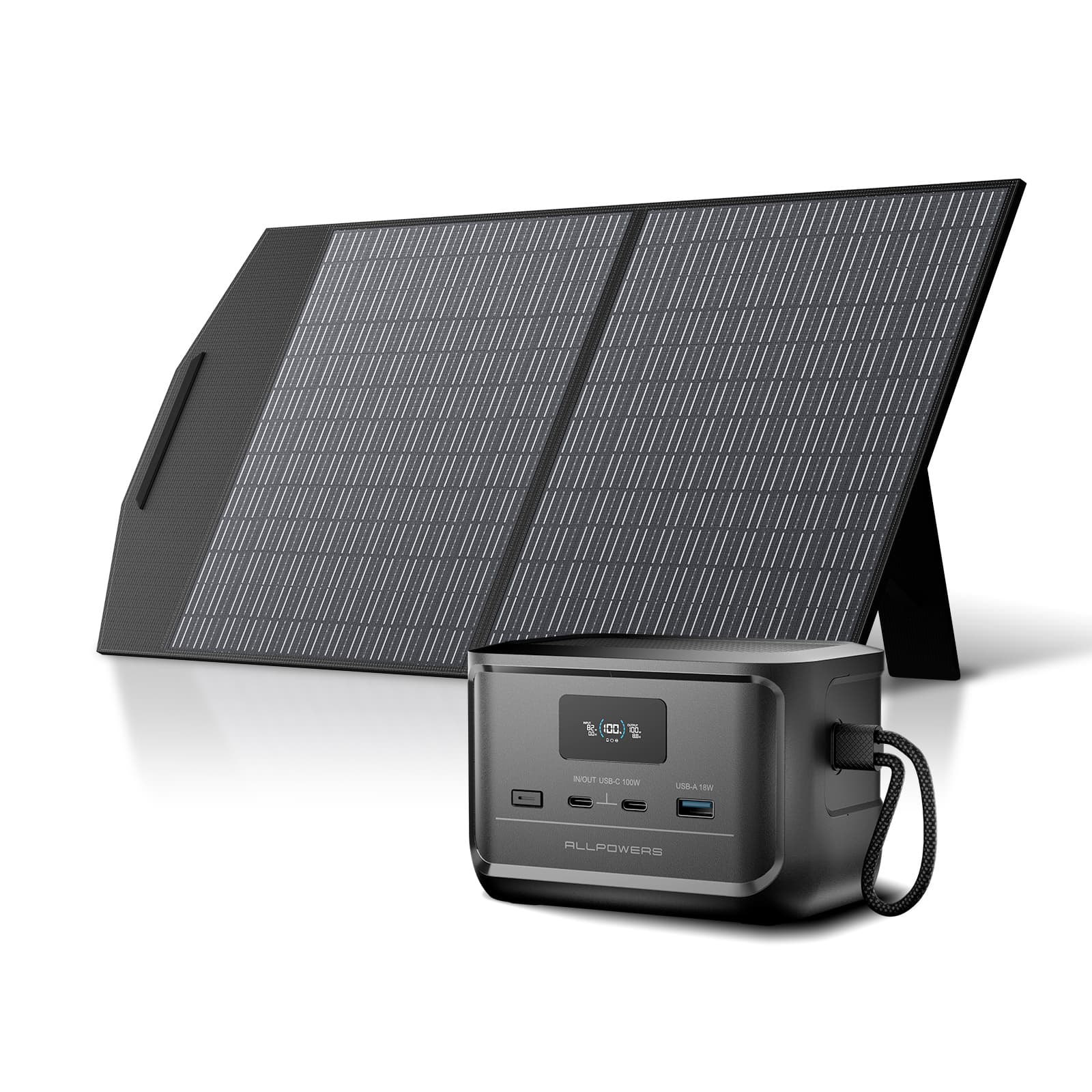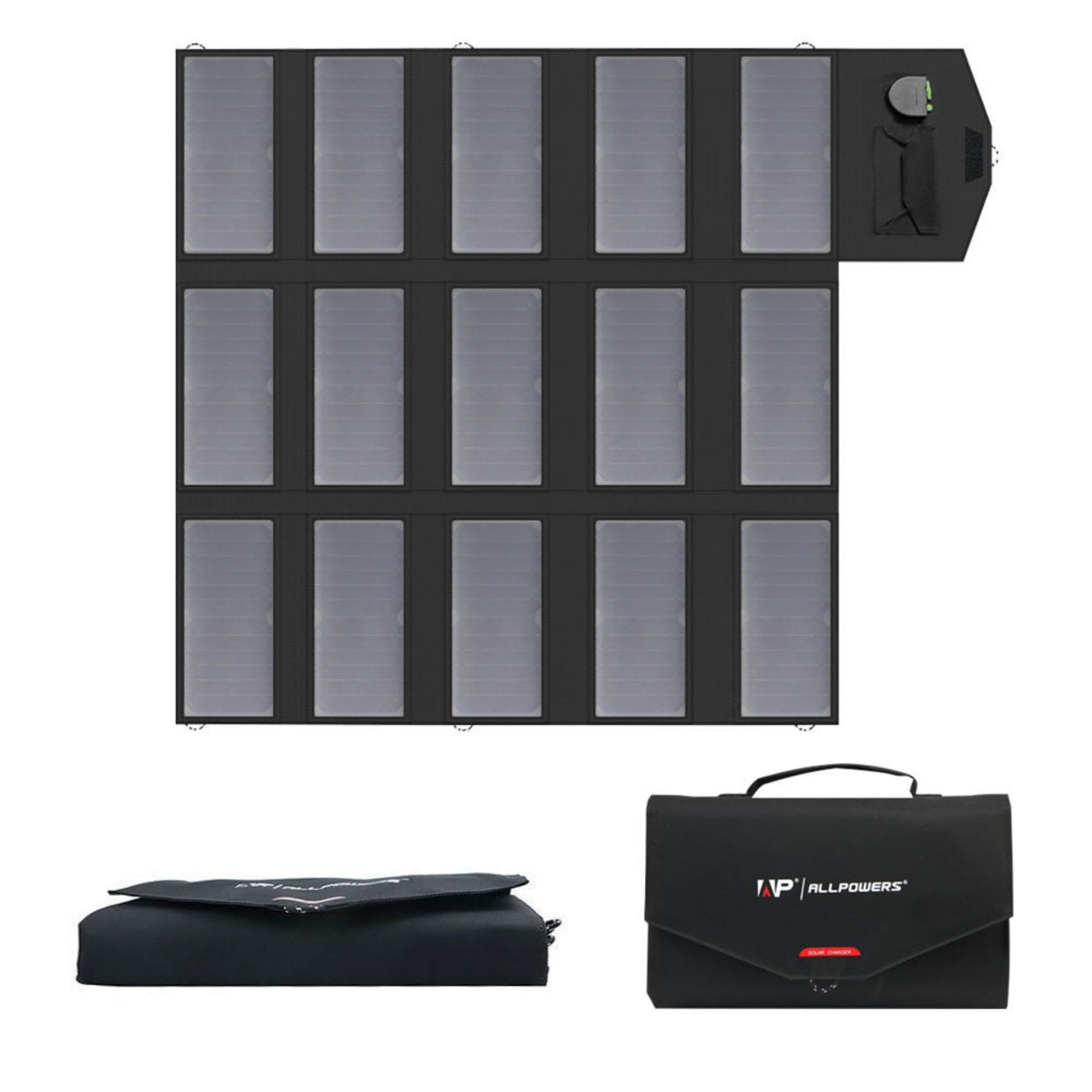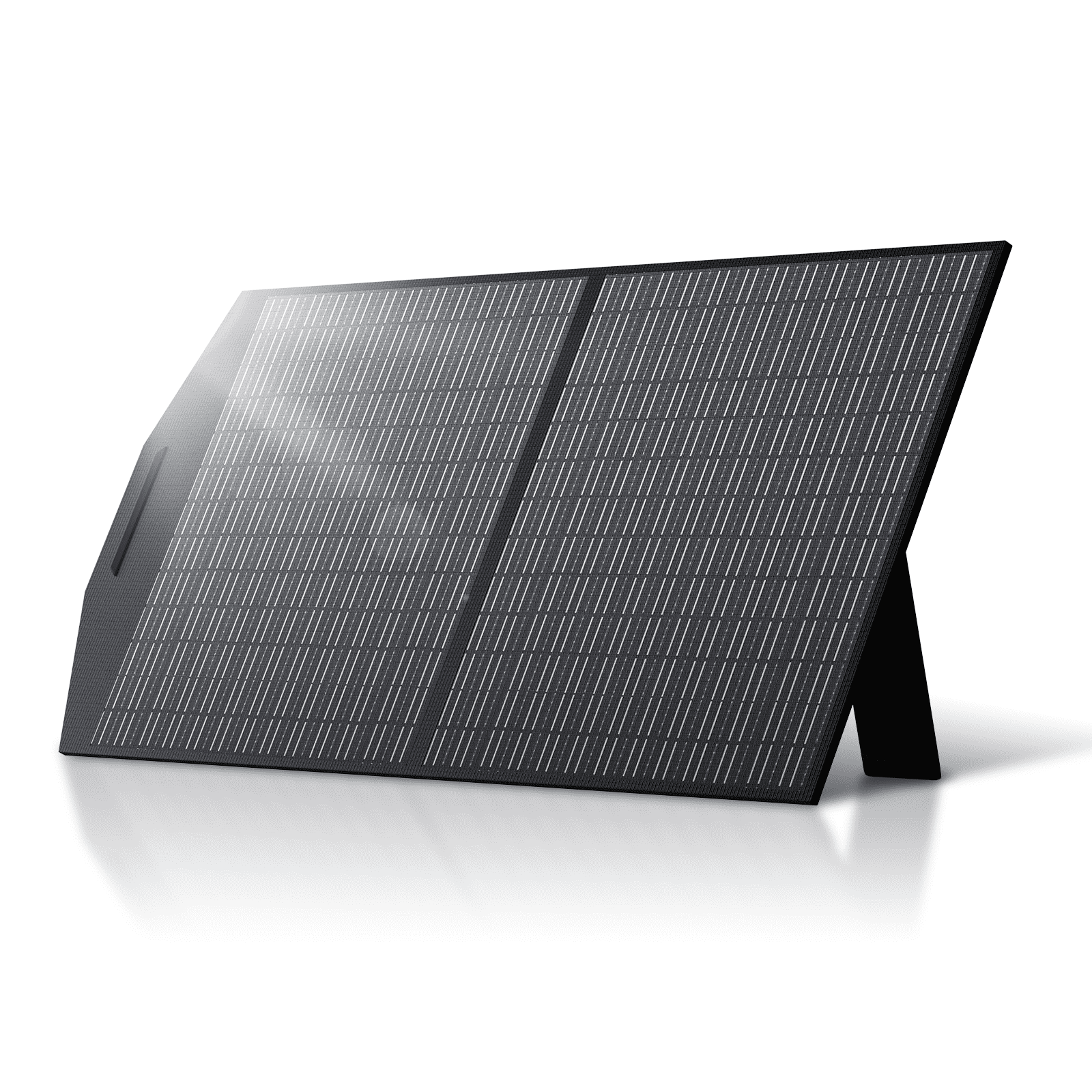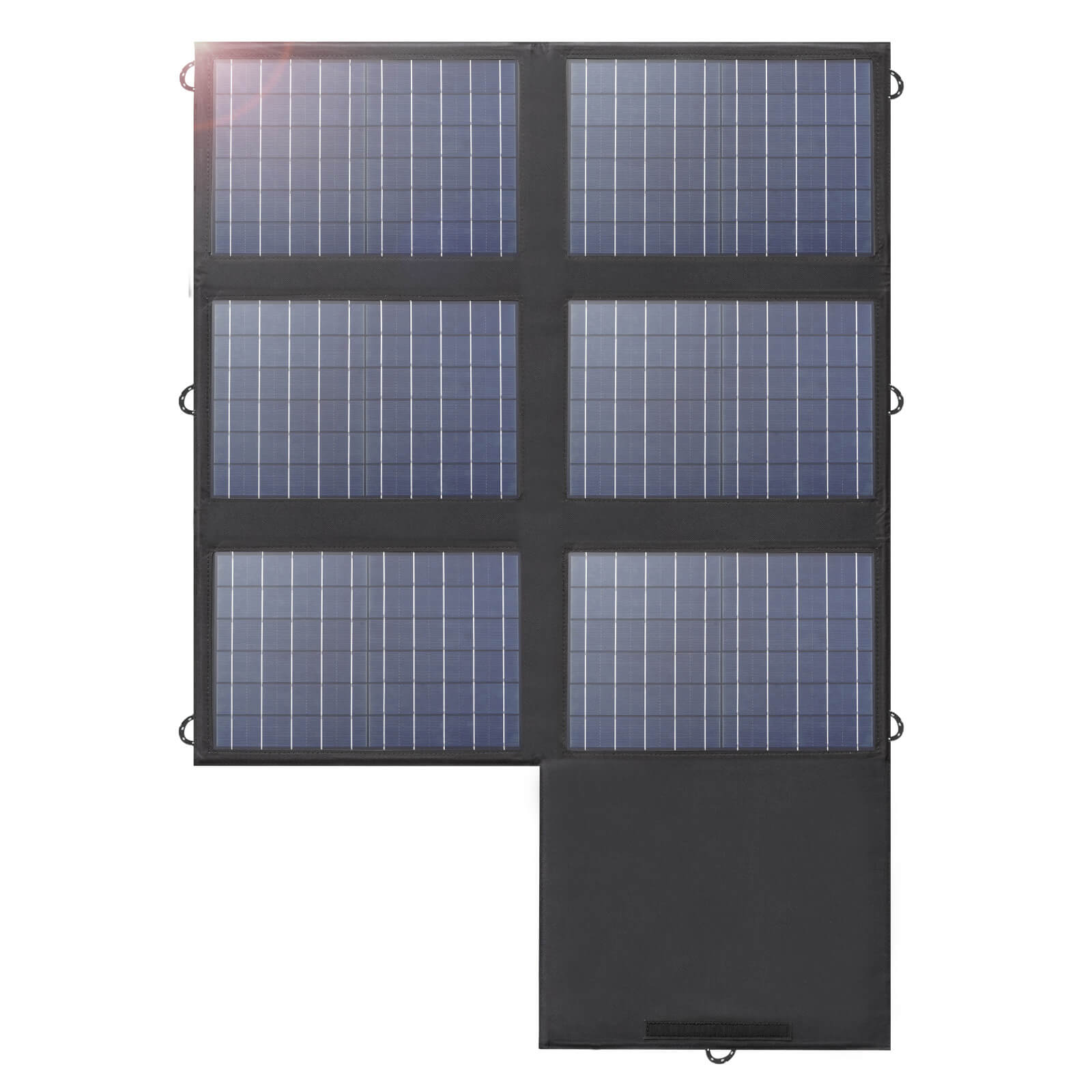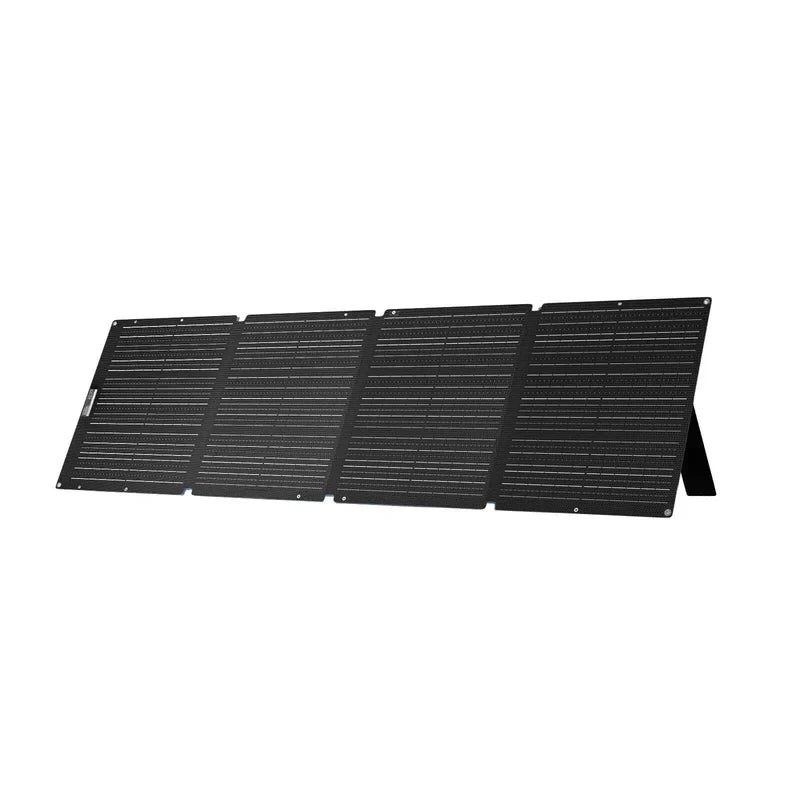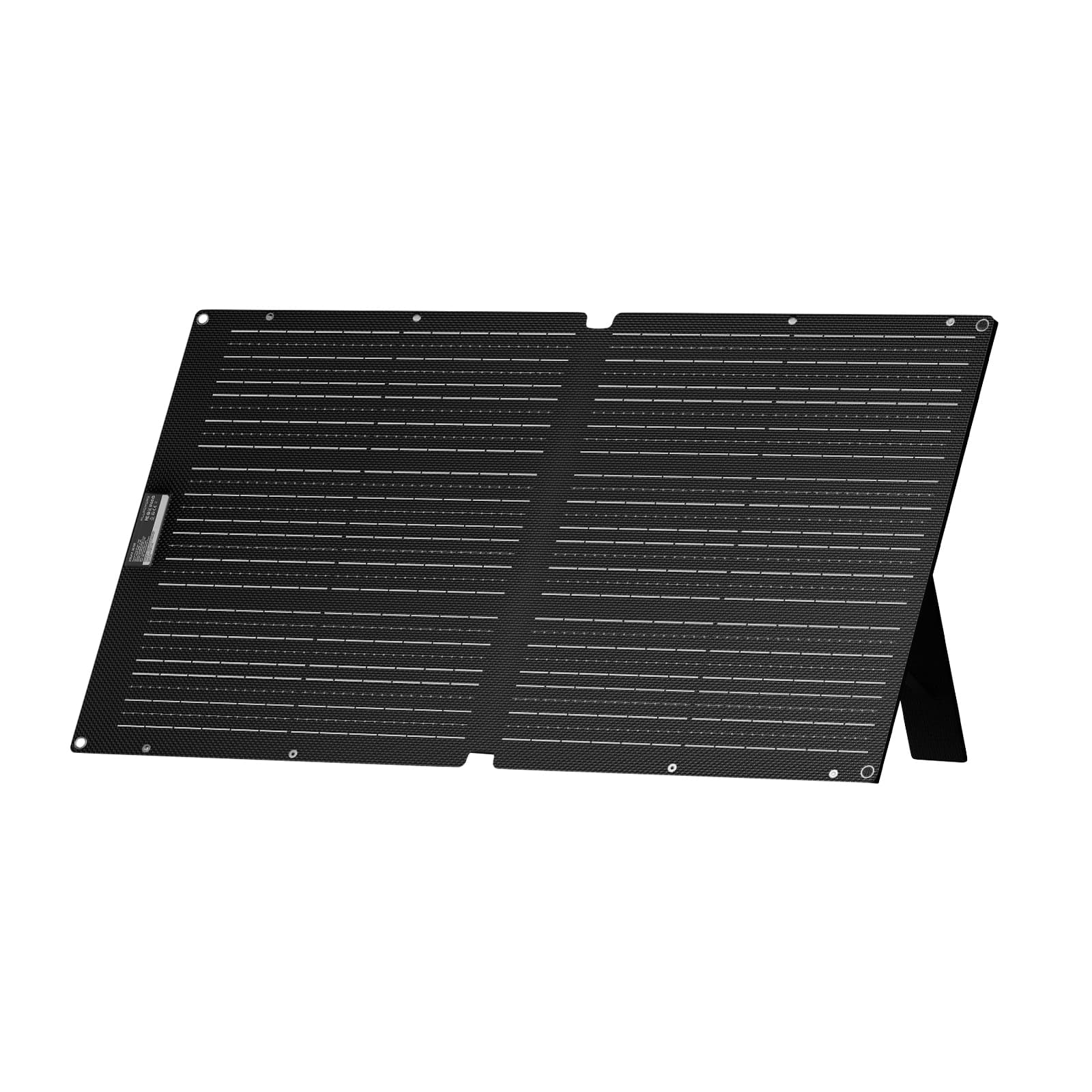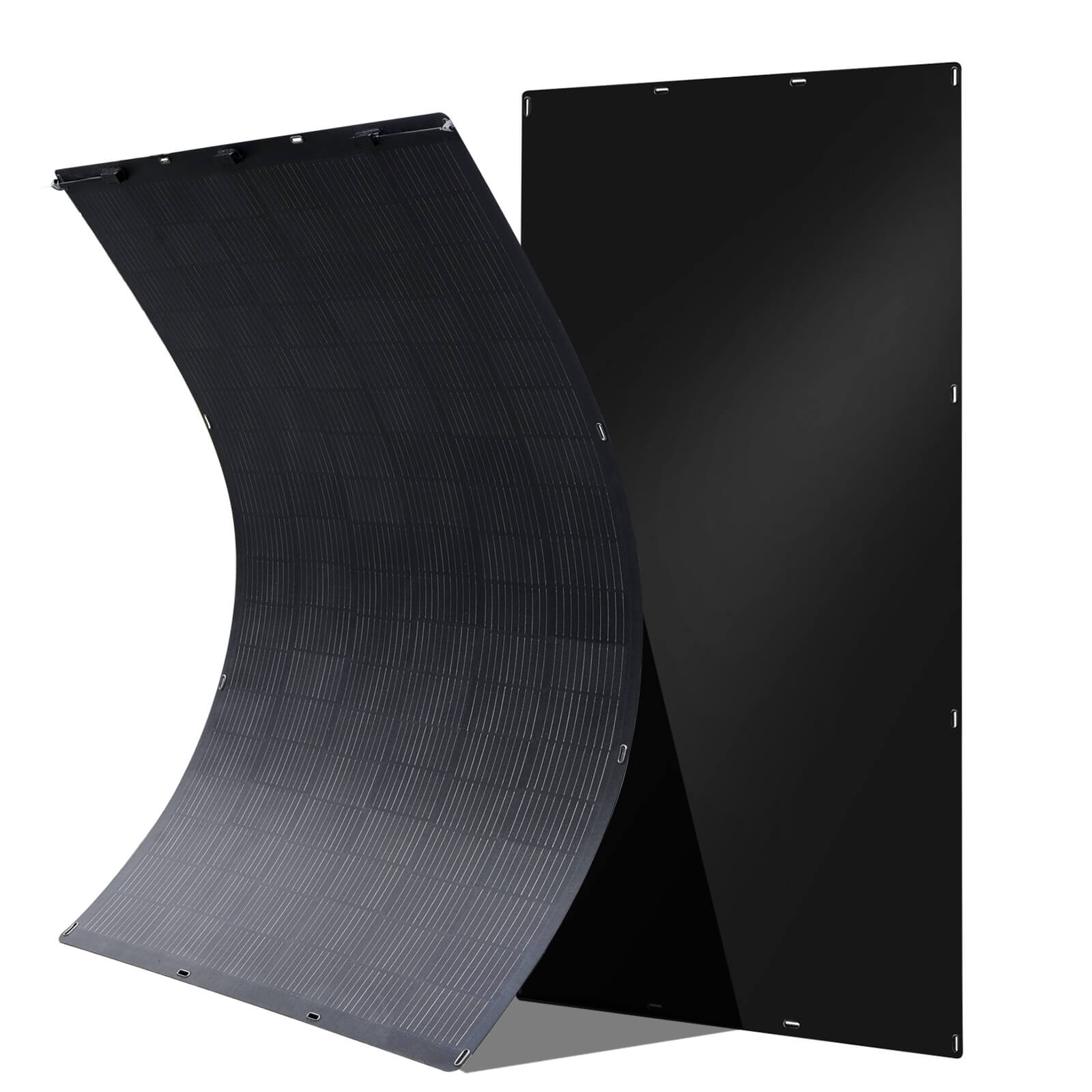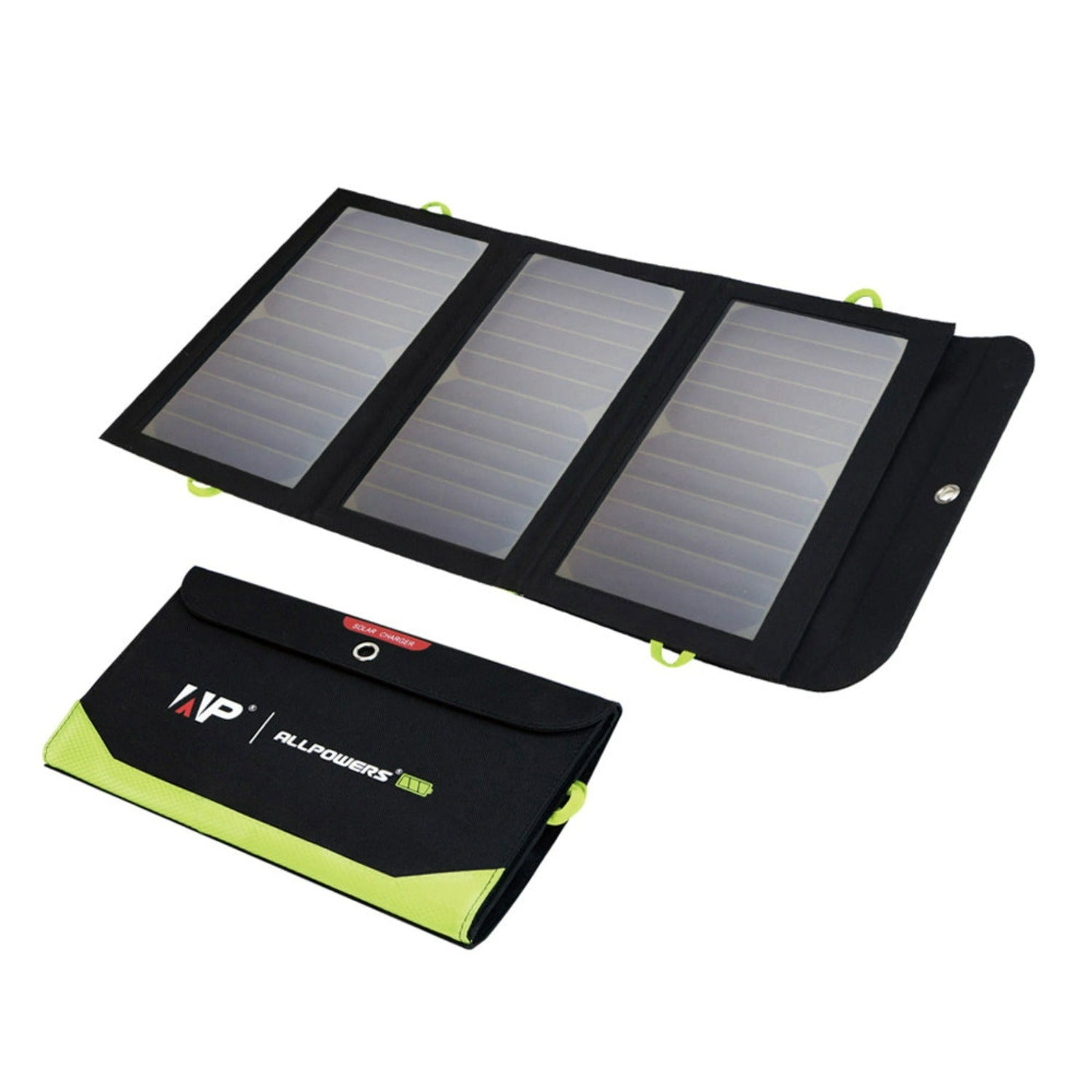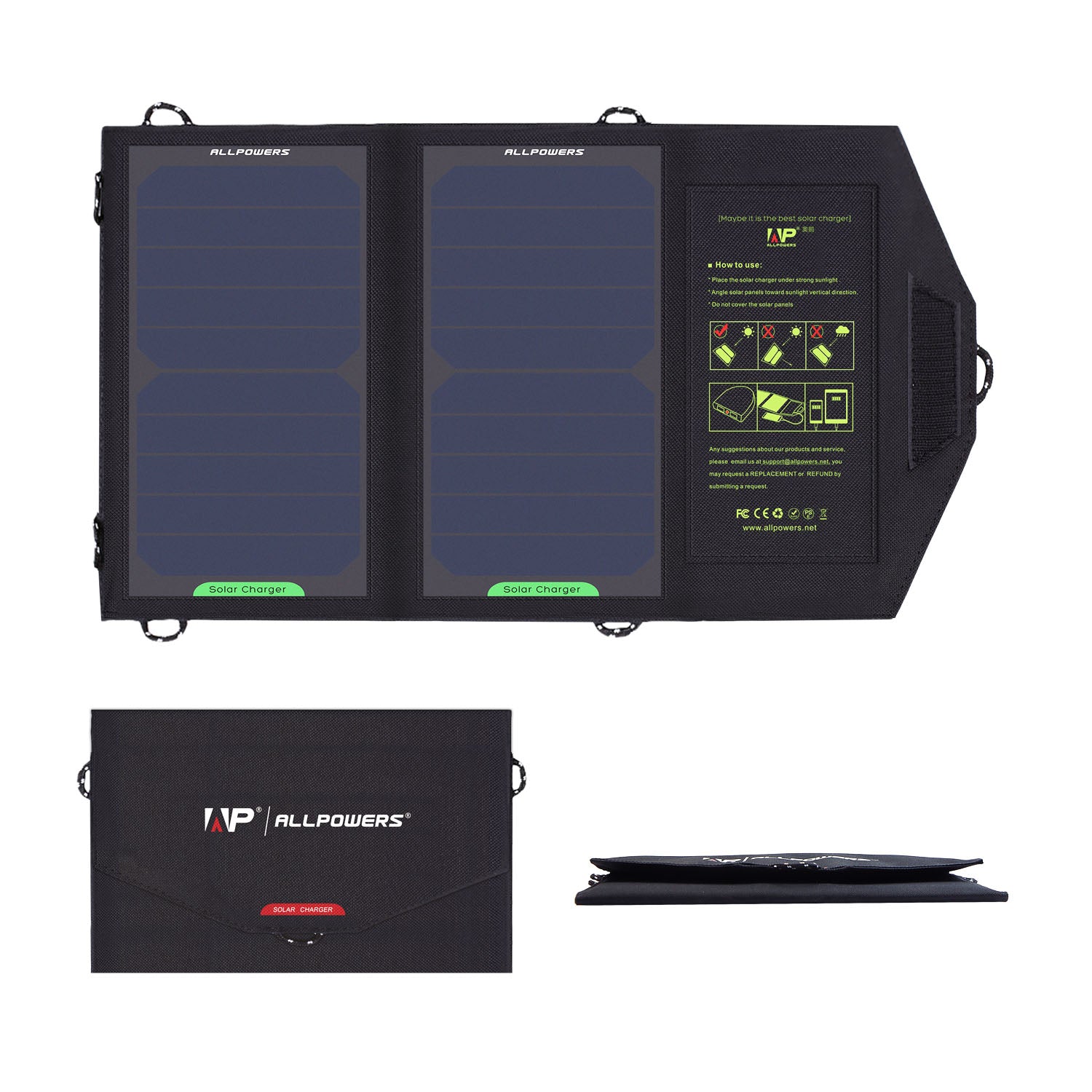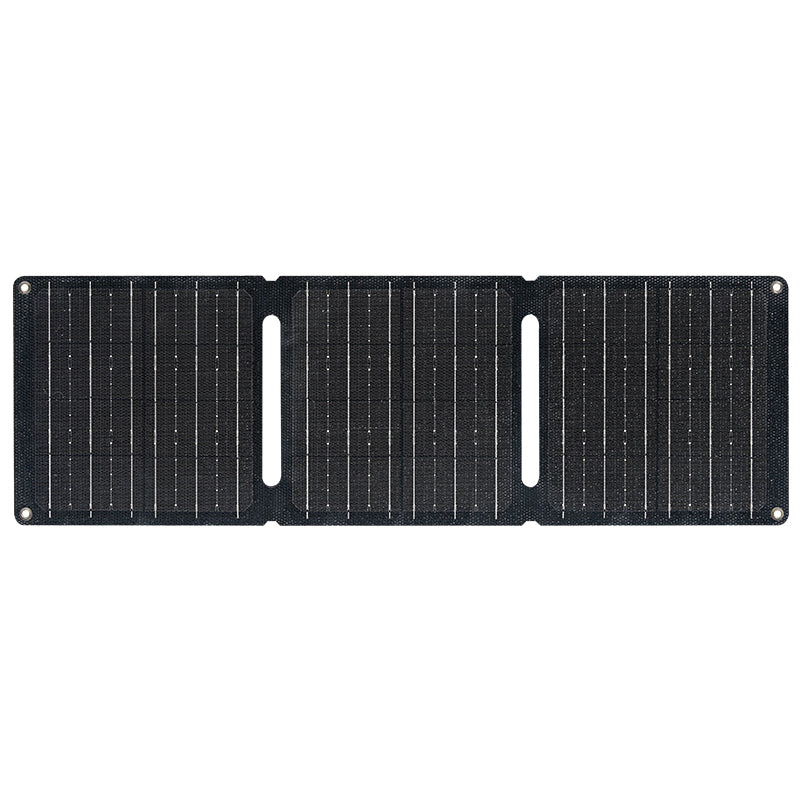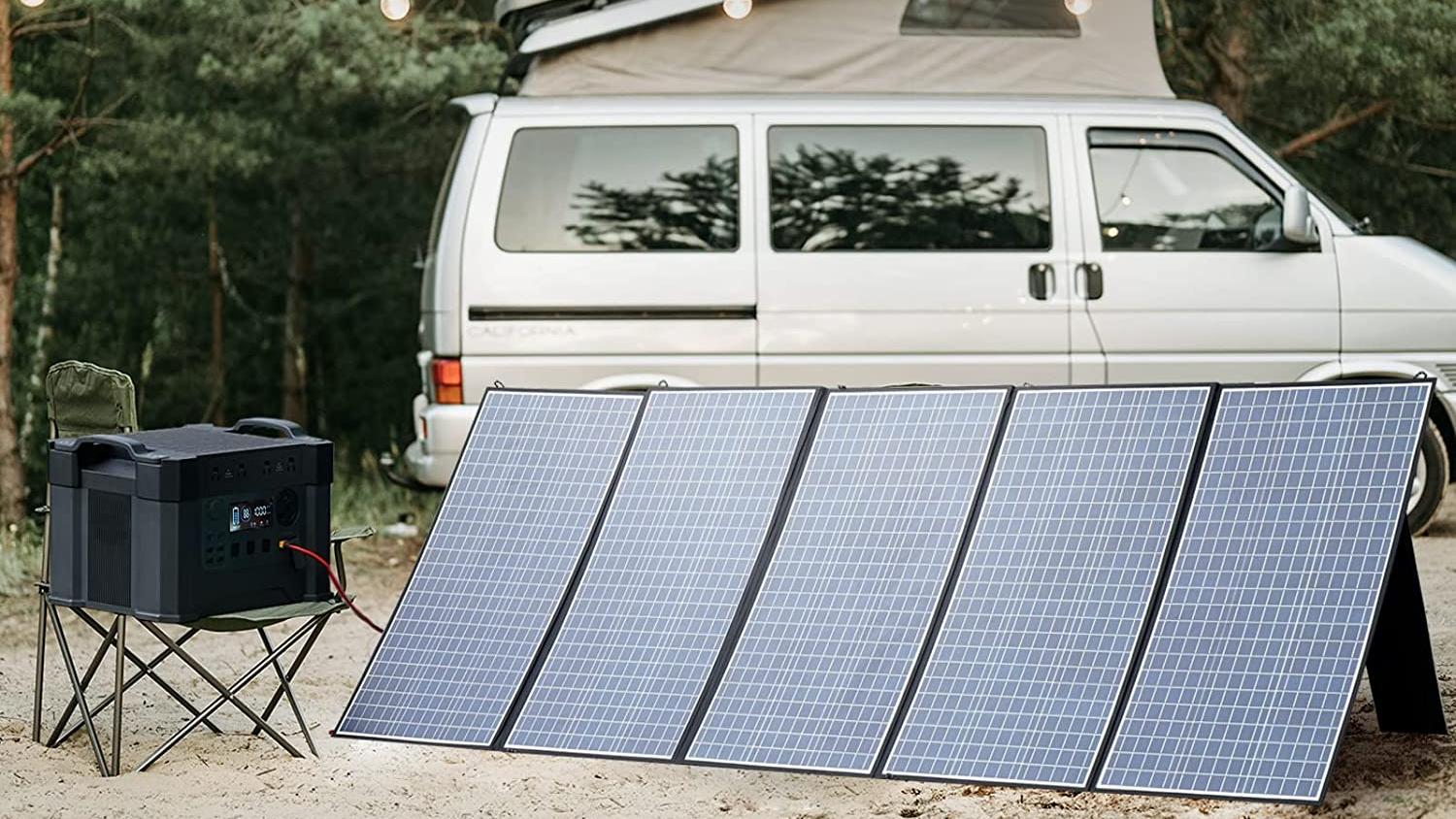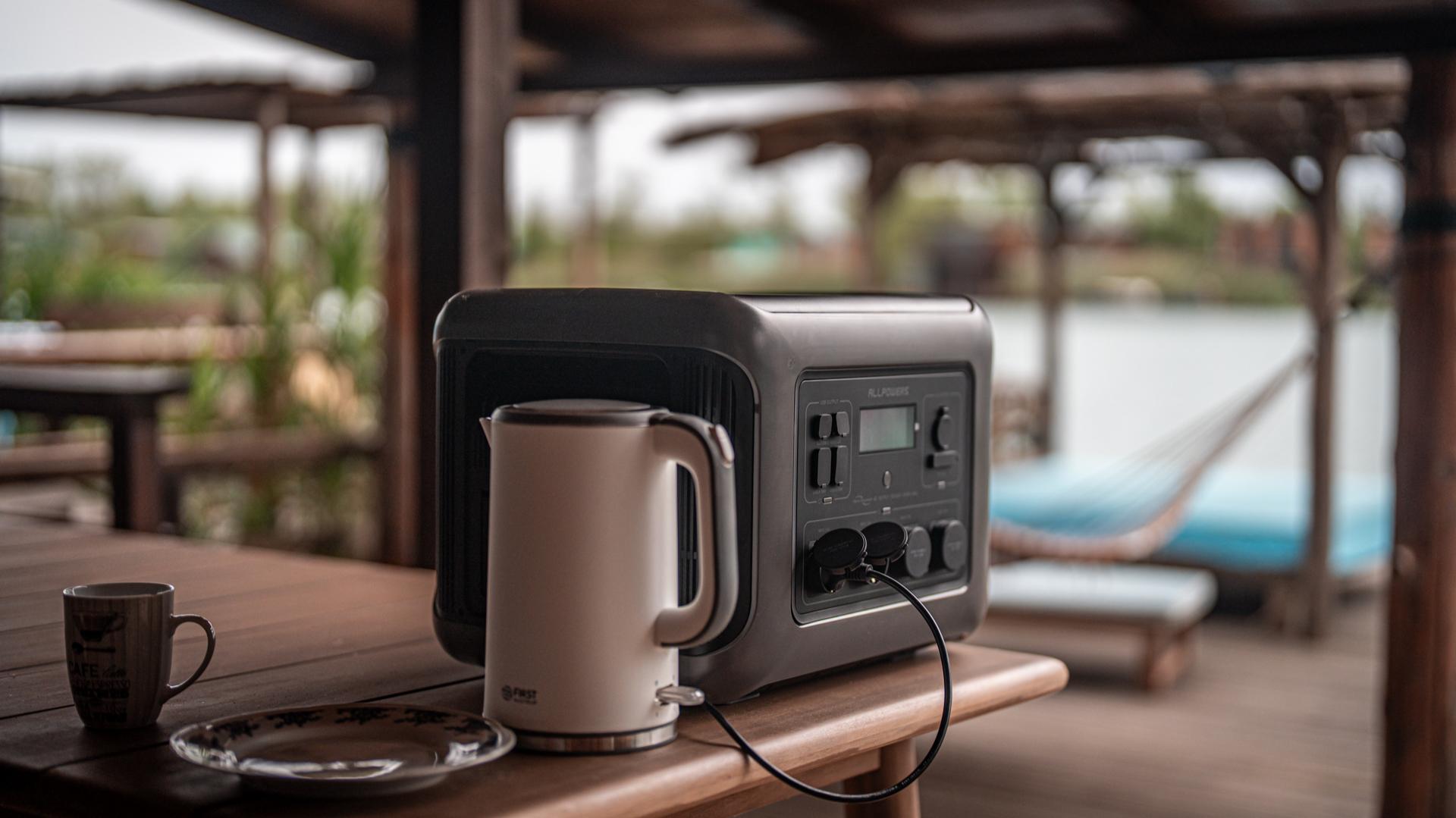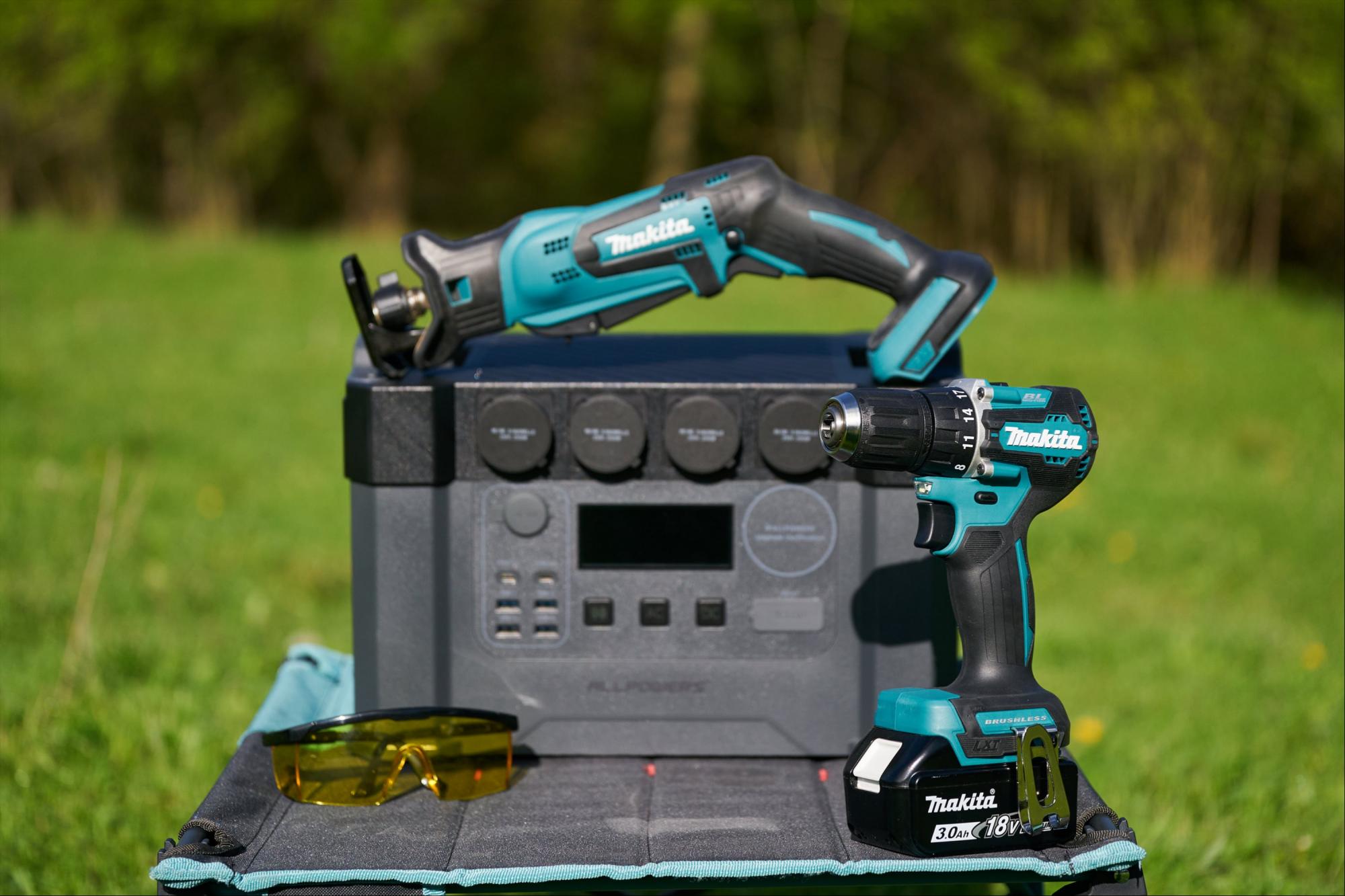There’s a reason you keep hearing about solar energy.
From rooftop panels to portable foldable panels, solar power has shifted from a niche idea to a mainstream choice.
But here’s the real question—are solar panels actually worth it?
The financial perspective that grabs most people first
Let’s start with money, because, let’s be honest, that’s usually what tips the scale for most homeowners.
Solar panels are often described as an investment rather than a simple purchase. Sure, the upfront cost can feel heavy, but the trade-off is years of lower energy bills.
Imagine this: instead of sending a big chunk of your paycheck to the utility company each month, you slowly watch those numbers dip, sometimes down to almost nothing.
Of course, the math depends on where you live. Sunlight hours, local electricity prices, tax credits, and installation costs all shape the return.
For example, a homeowner in Arizona might break even faster than someone in Seattle.
Still, the general trend is clear—over 20 years, panels almost always pay for themselves, often with a handsome margin.
Environmental
Numbers aside, there’s another angle: the environment. People don’t just install solar panels to save money; they do it to breathe easier, literally and figuratively.
Traditional electricity often comes from fossil fuels, and every kilowatt-hour pulled from coal or gas carries a carbon footprint.
Solar panels, on the other hand, quietly generate power without smoke, soot, or the smell of burning fuel.
If you’ve ever stood near a coal plant, you know the feeling—it’s heavy, almost suffocating.
Compare that to the stillness of a solar array basking in the sun. No noise, no fumes, just clean energy soaking into the grid.
Convenience
Here’s something people don’t always think about: convenience.
With solar panels paired to a home battery or portable power station, you’re no longer at the mercy of the grid.
Storm knocks out power? Your lights stay on. Utility hikes rates? You’re cushioned.
It’s a subtle kind of insurance—one that works every single day. And if you’ve ever had to throw away a fridge full of spoiled groceries during a blackout, you’ll understand just how valuable that backup really is.
Van lifers, campers, and off-grid adventurers swear by small solar setups that let them brew coffee in the middle of nowhere or charge a camera on a mountaintop.
This smaller-scale solar makes the technology approachable. You don’t have to commit to a full roof installation to reap the benefits.
You can test the waters, see how it fits into your lifestyle, and build up from there if you like.
Energy independence
You flip on the lights, charge your phone, or cook dinner, and some of that energy came straight from your roof. No middleman, no surprise price hikes.
For households pairing panels with battery storage, the independence deepens.
Storm knocks out the power? You’ve got backup. Rate spikes during peak hours? Your stored solar covers the gap. It shifts the relationship with utilities from reliance to balance.
Of course, independence has levels. Unless you’re completely off-grid with oversized panels and batteries, you’ll likely still draw from the grid at night or during long cloudy spells.
Learn more: Do Solar Panels Work on Cloudy Days?
But even partial independence changes the psychology. You feel less vulnerable, less at the mercy of bills arriving with cryptic line items.
Government incentives
Here’s another piece of the puzzle: incentives.
Governments around the world encourage solar adoption with tax credits, rebates, or feed-in tariffs. In the U.S., the federal solar tax credit currently covers a significant chunk of the cost. Some states and cities add their own programs.
That can shave thousands off your initial bill. And if your local utility offers net metering, you can actually earn credits by feeding excess power back into the grid. In simple terms, your panels don’t just save you money—they might make you money.
Maintenance
One of the fears people have is upkeep. Are solar panels fragile? Do they require constant cleaning and care?
In reality, solar is pretty low-maintenance. Most panels come with warranties stretching 20–25 years. They don’t have moving parts, so wear and tear is minimal. Dust and leaves might cut efficiency slightly, but in most climates, a good rain does the job for you.
Of course, in places with heavy snow or frequent storms, a little hands-on care or professional checkups help. But compared to maintaining, say, a gas generator, solar feels refreshingly simple.
The limitations should not be brushed aside
Of course, no solution is perfect. Solar panels rely on sunlight, which means cloudy regions or shaded rooftops may struggle to maximize efficiency. And while the technology is advancing, batteries remain pricey compared to panels themselves.
There’s also the practical matter of space. Not every roof can handle the size of system you might need.
Ground mounts are an option, but not everyone has the yard for it. These factors matter—and pretending otherwise would be dishonest.
But here’s the flip side. Energy technology is moving fast. Panels are more efficient today than they were just a few years ago.
Batteries are dropping in cost and gaining capacity. Waiting for perfection isn’t practical; progress usually pays off sooner than expected.
Conclusion
So, are solar panels worth it?
For many households, yes—financially, environmentally, and personally.
If your roof, budget, and incentives line up, it can be one of the smartest investments you’ll ever make.
If they don’t, portable options might still offer a taste of the freedom solar provides.


